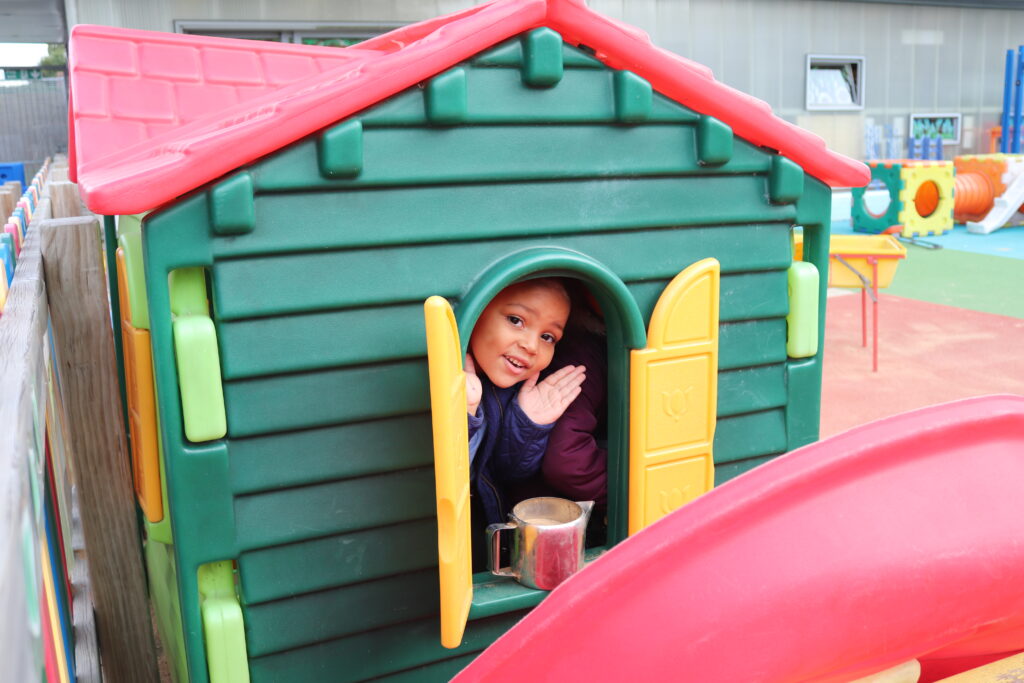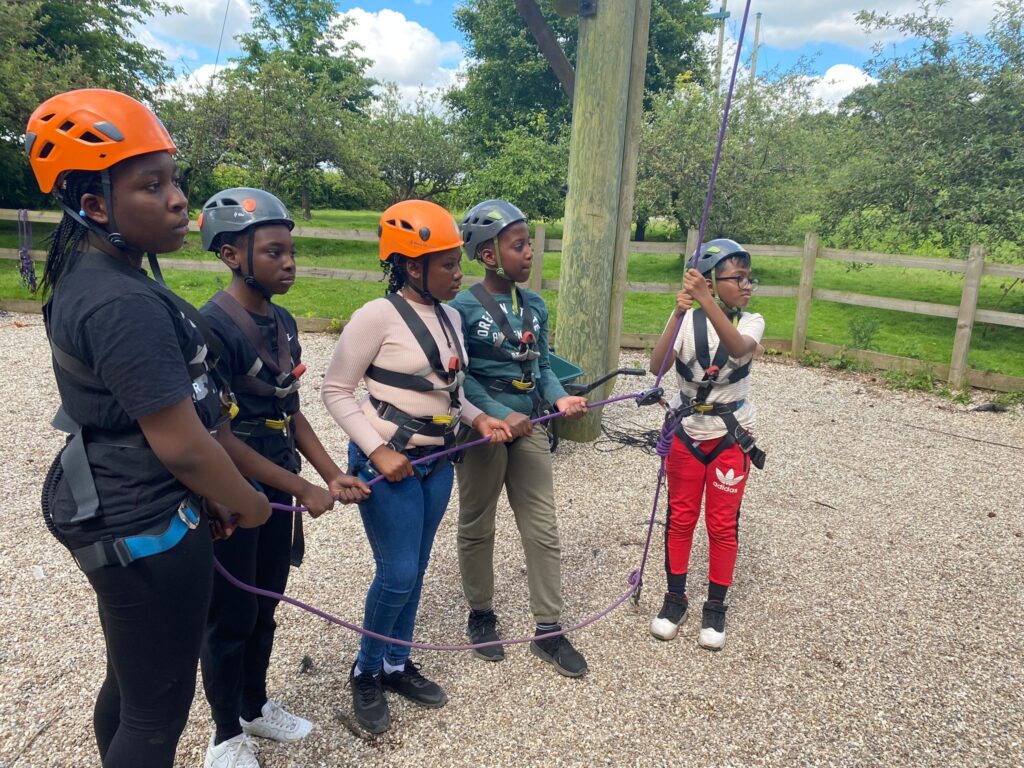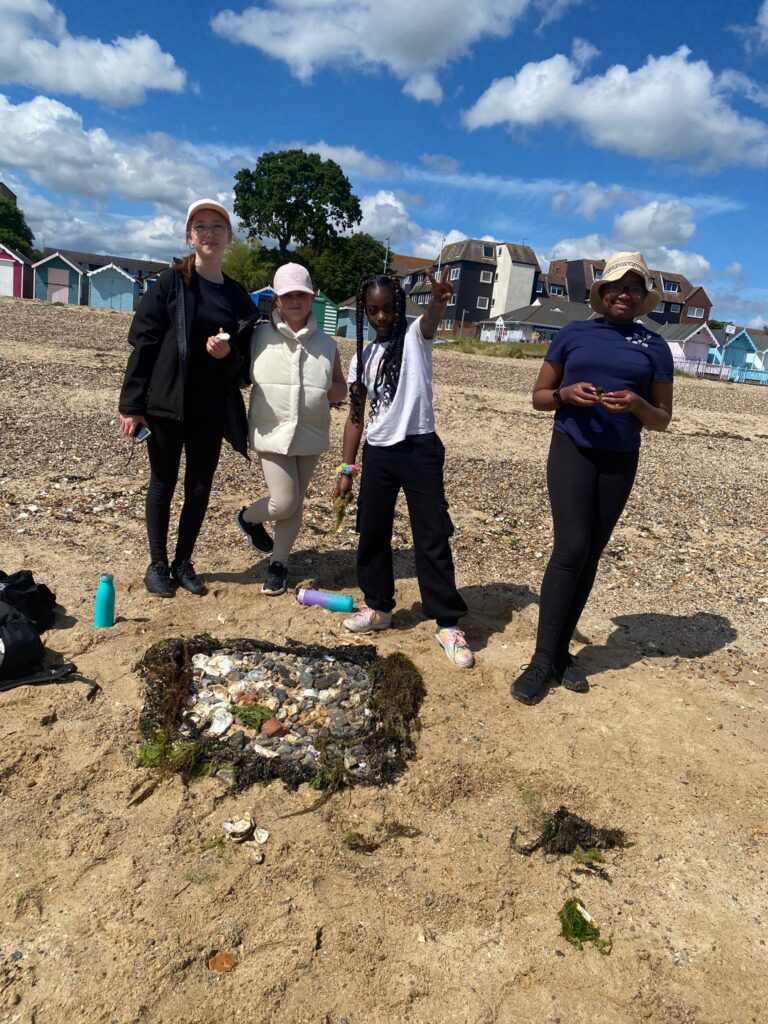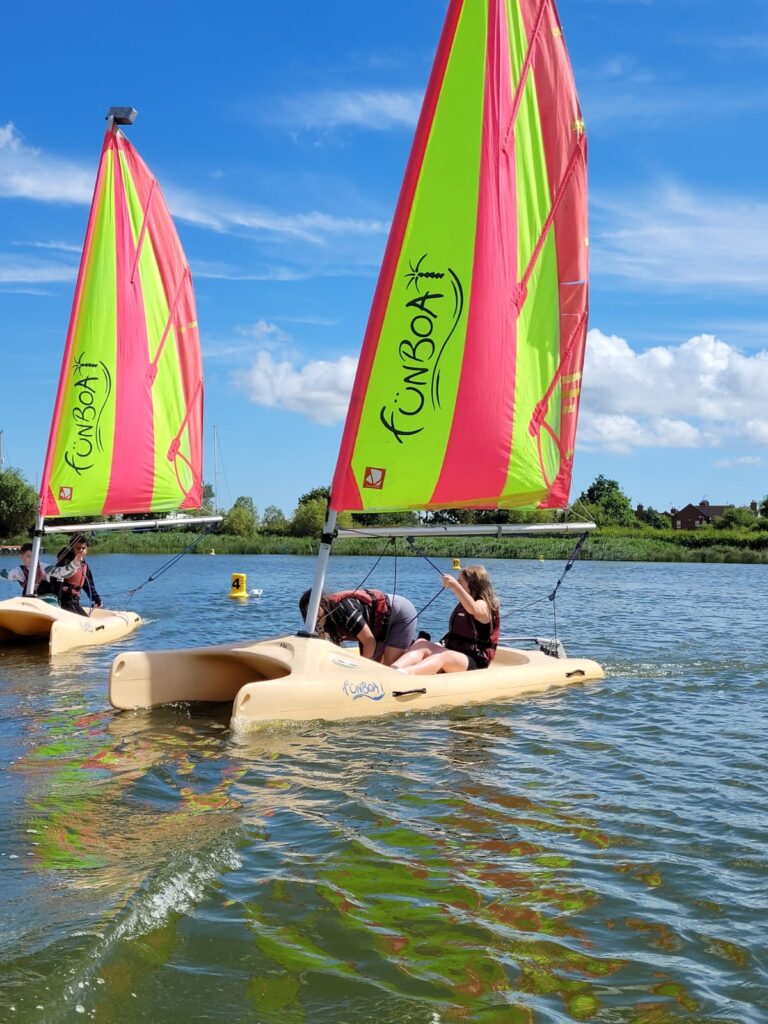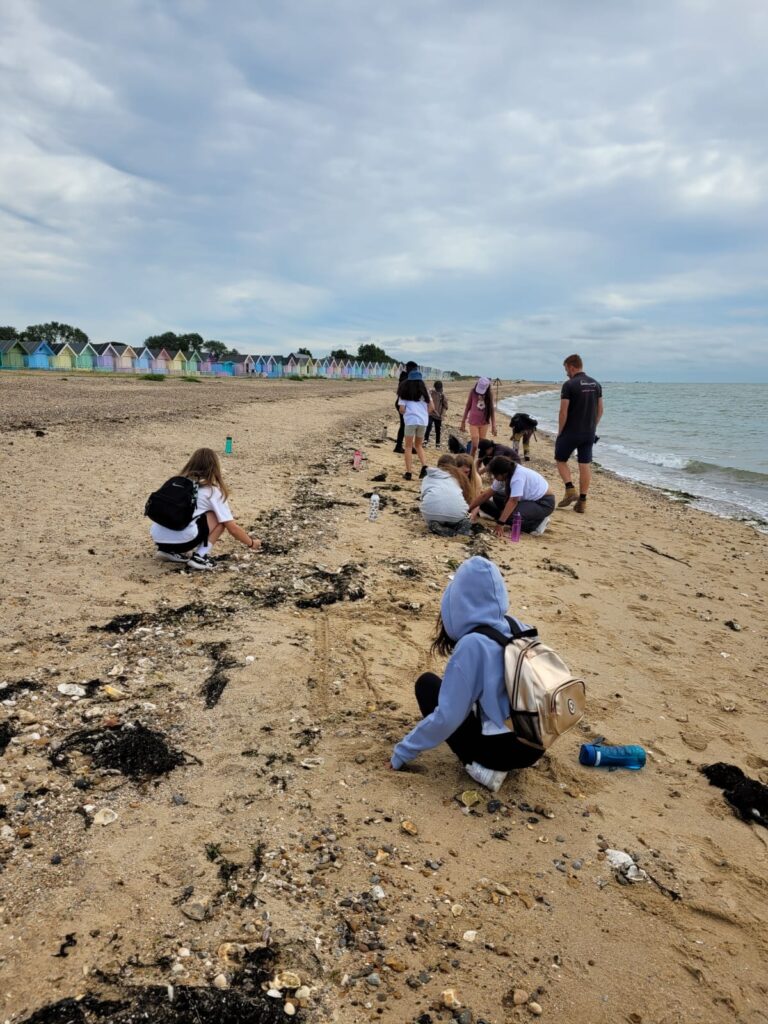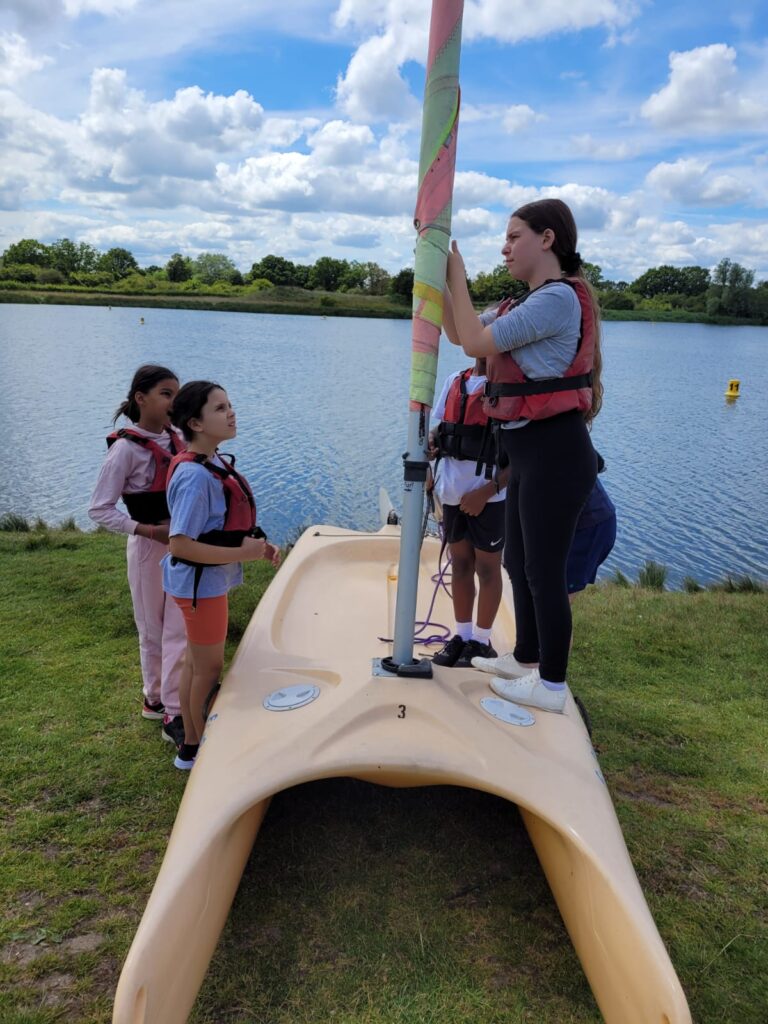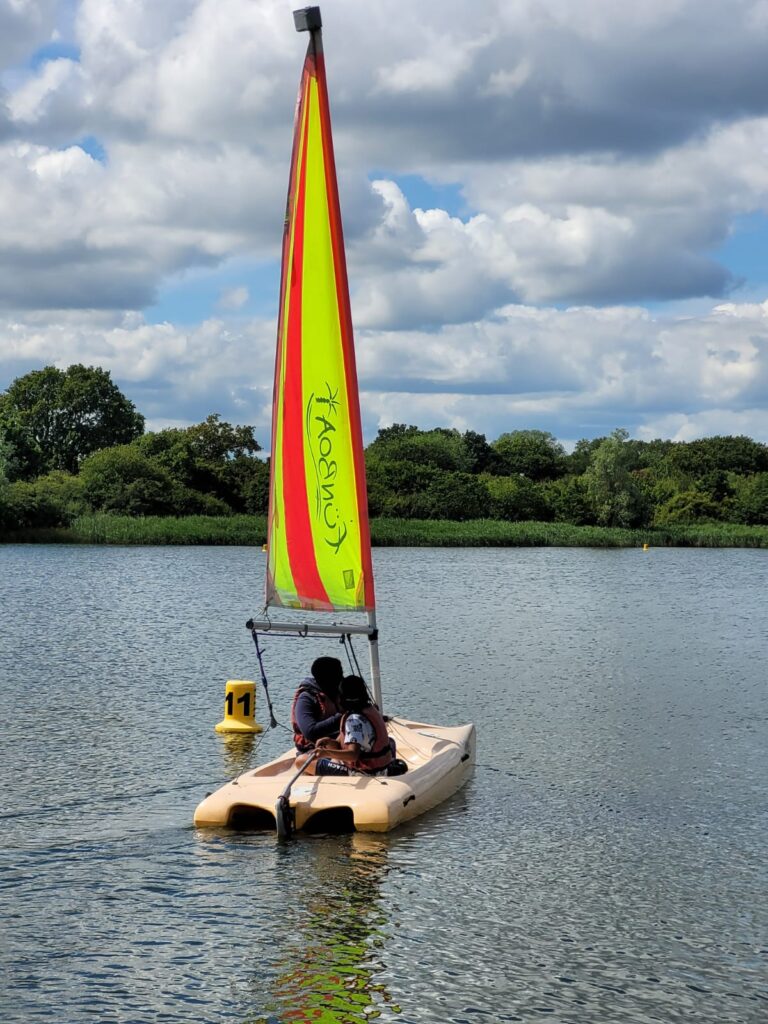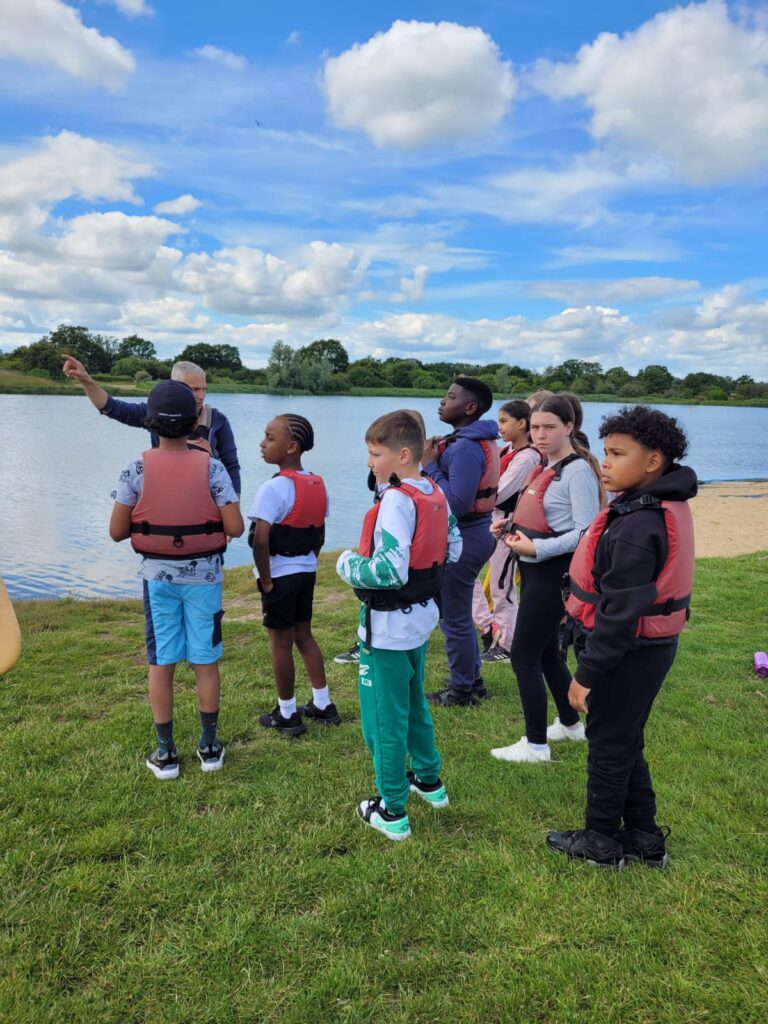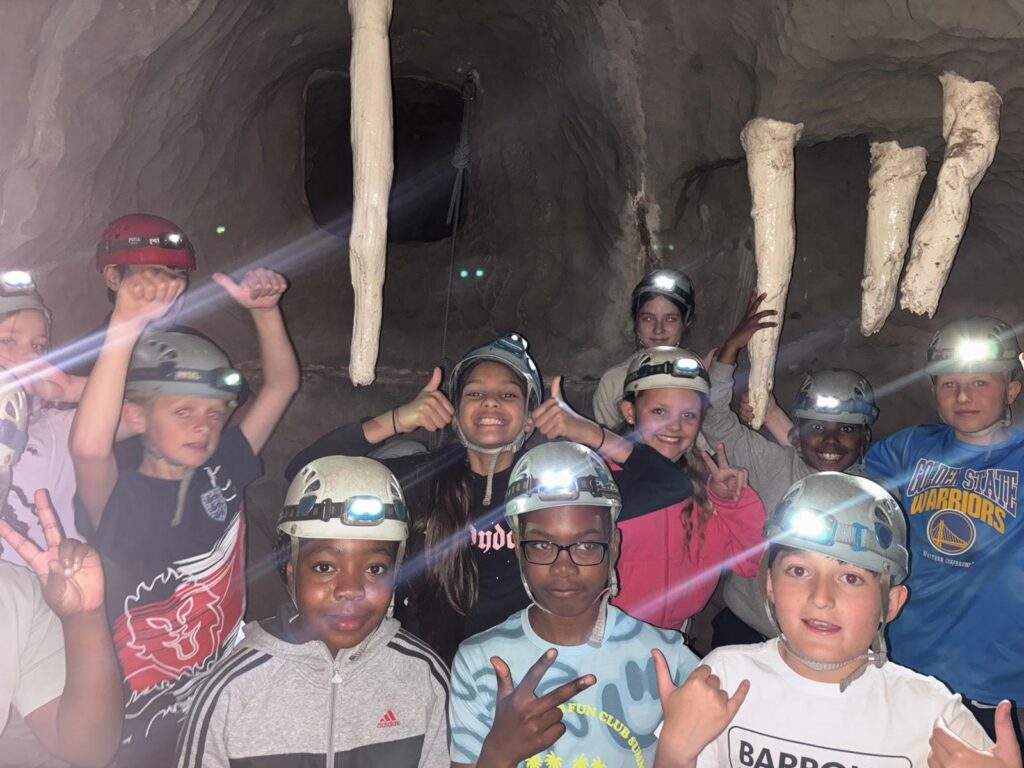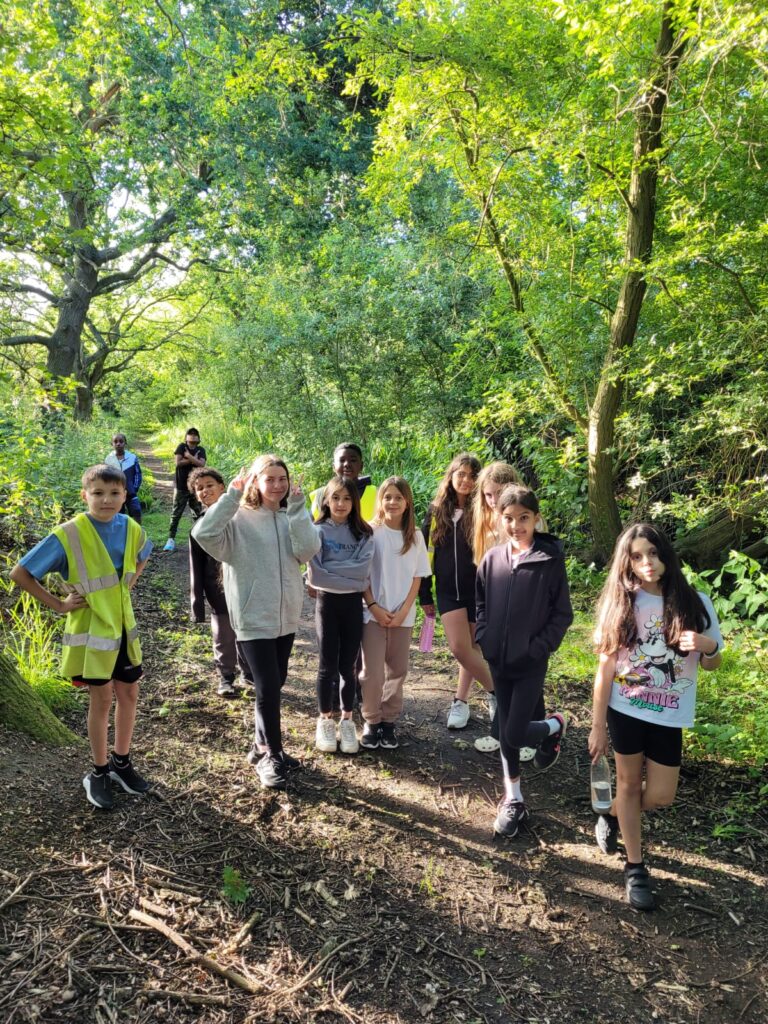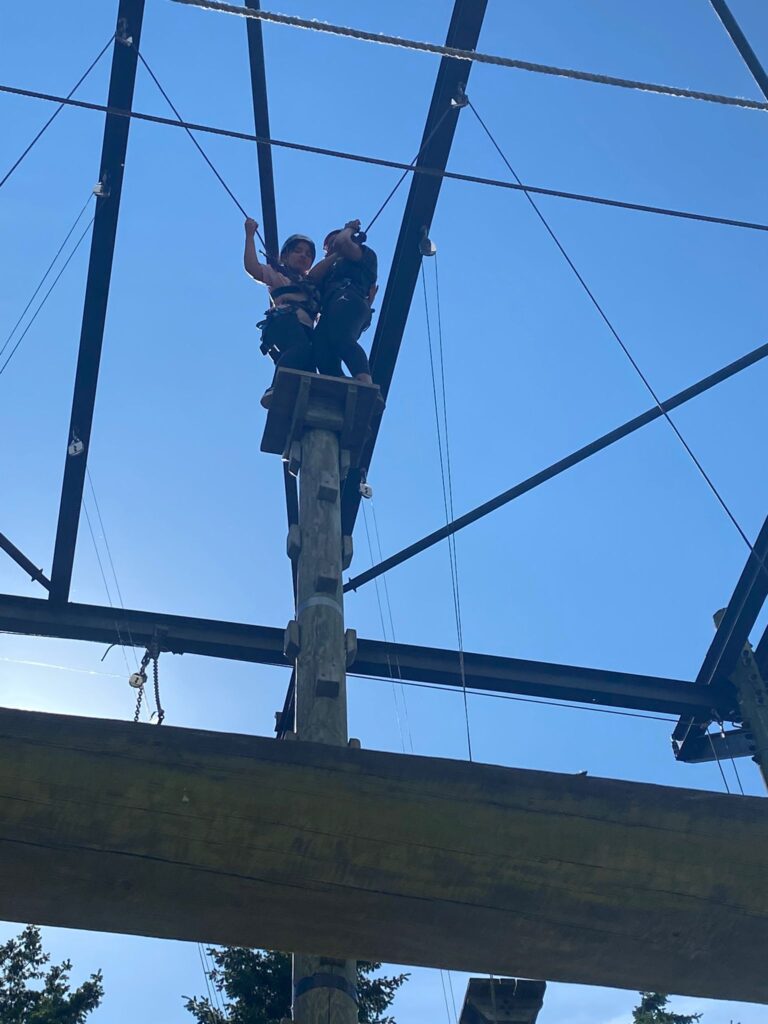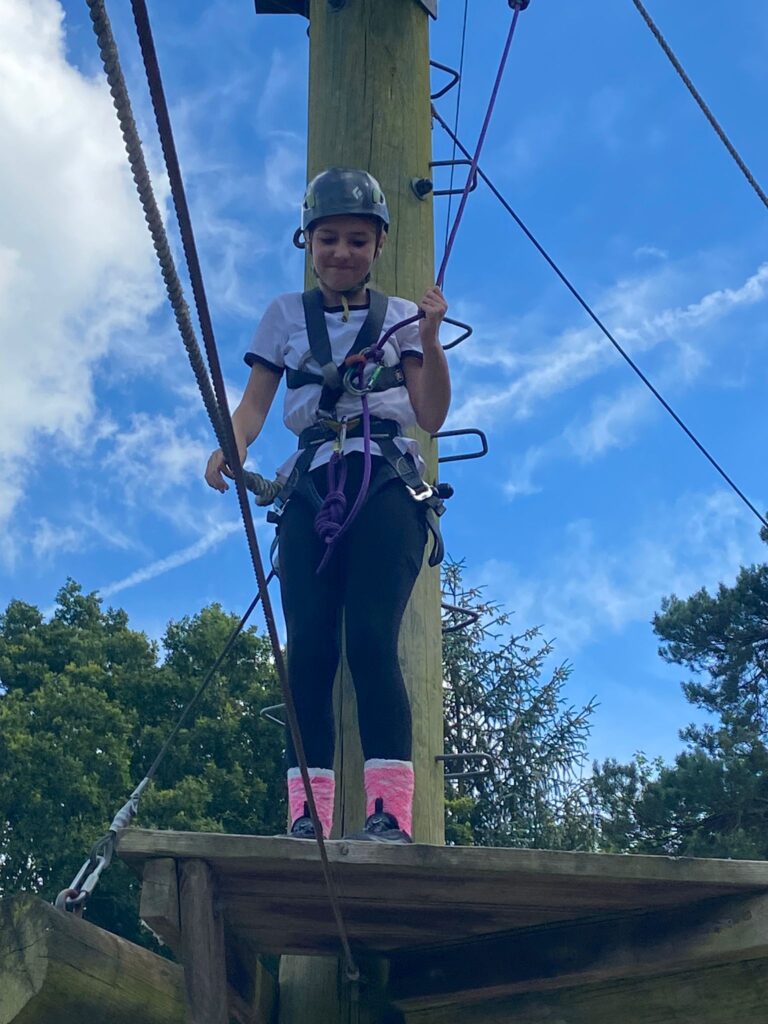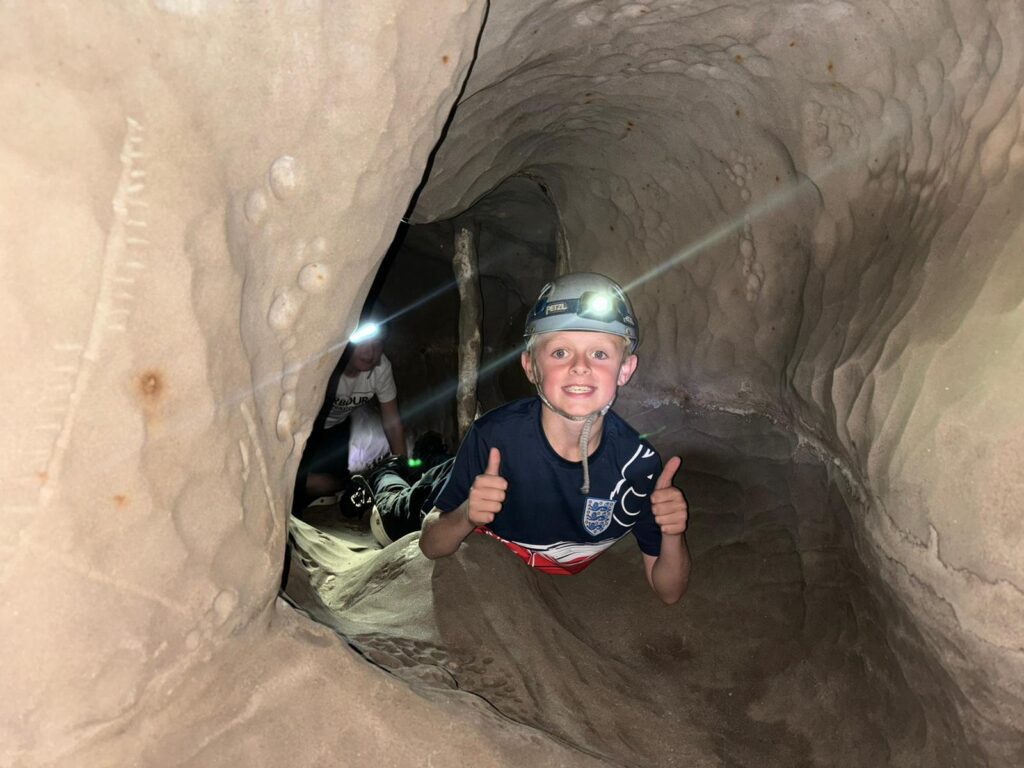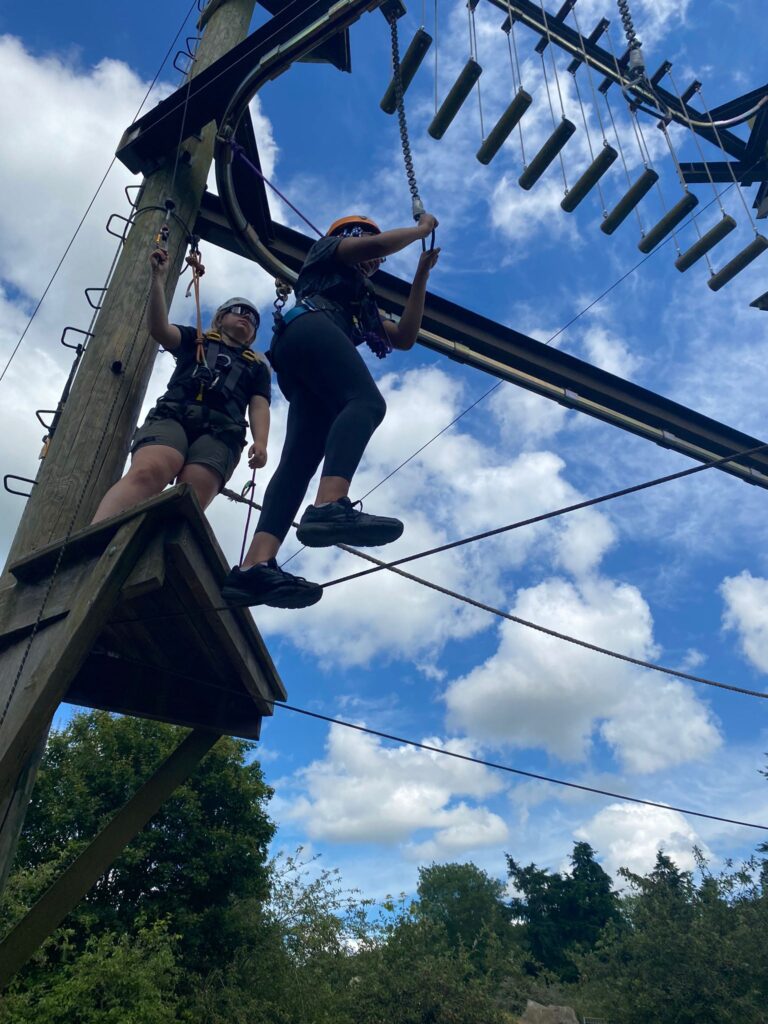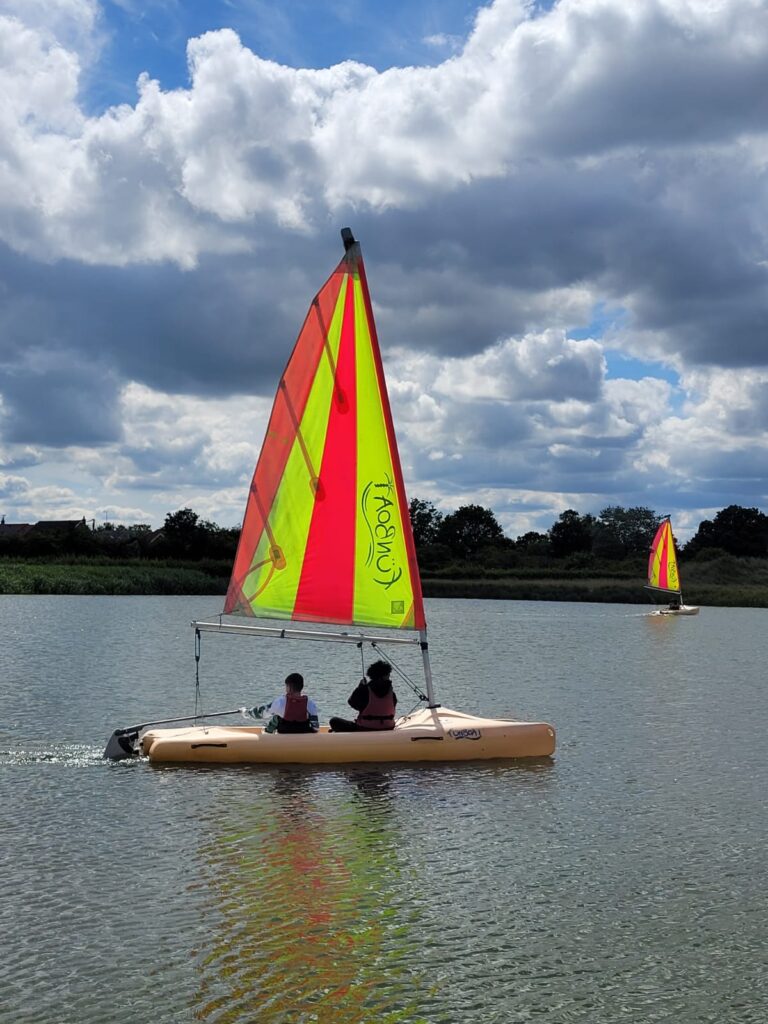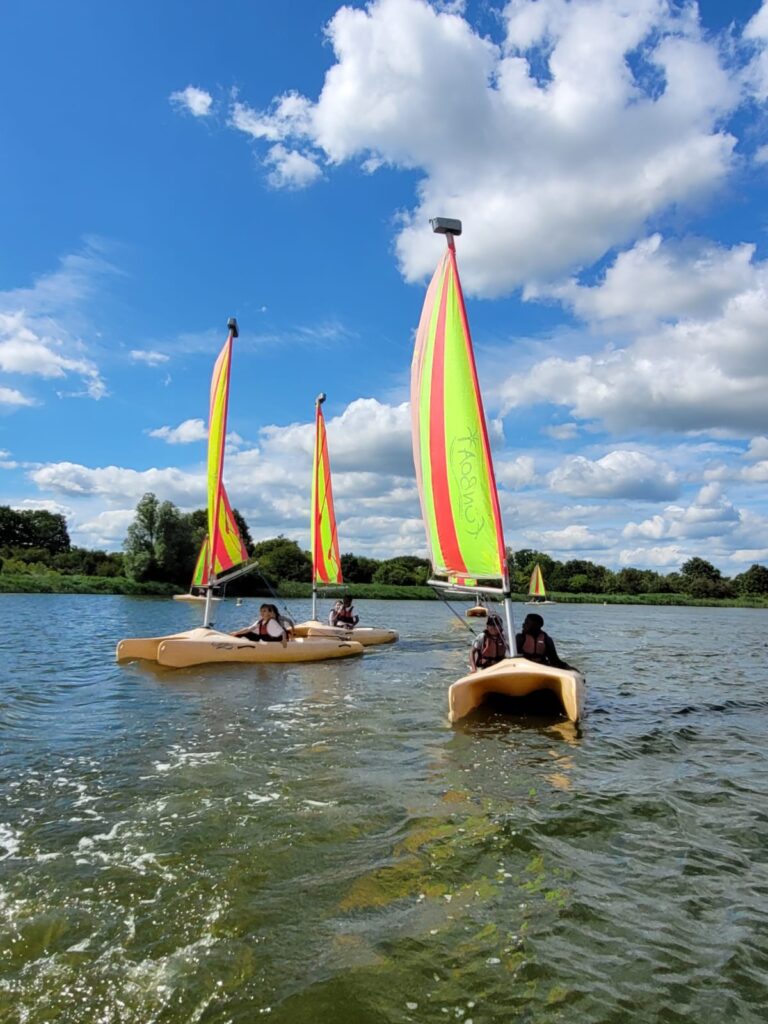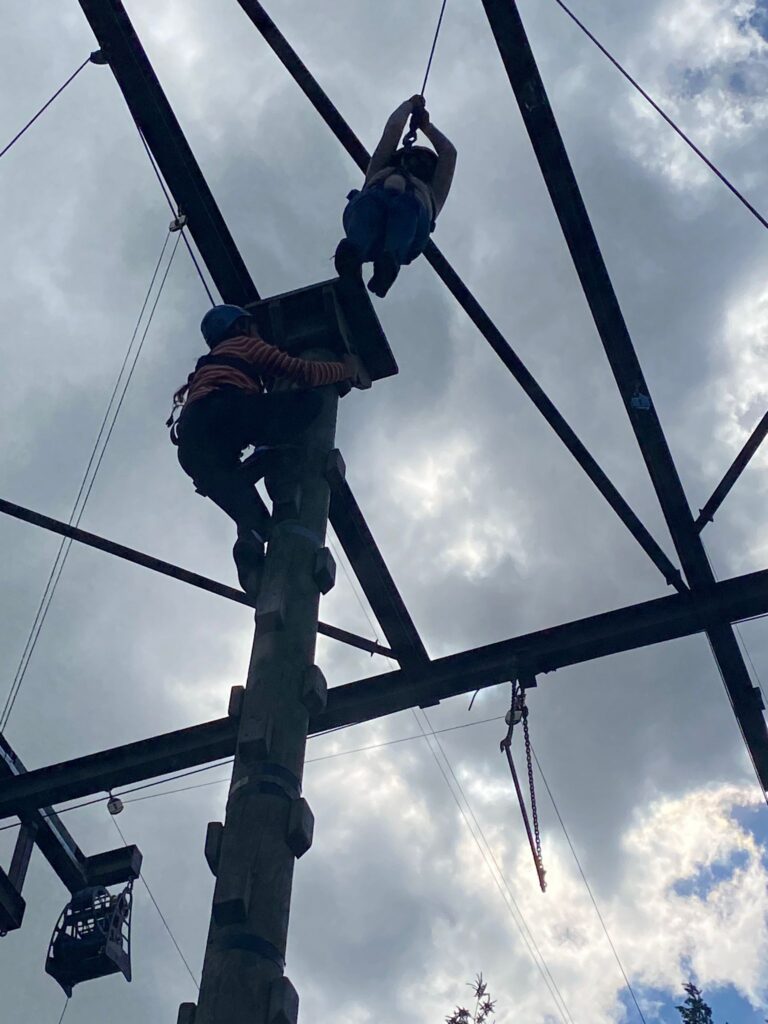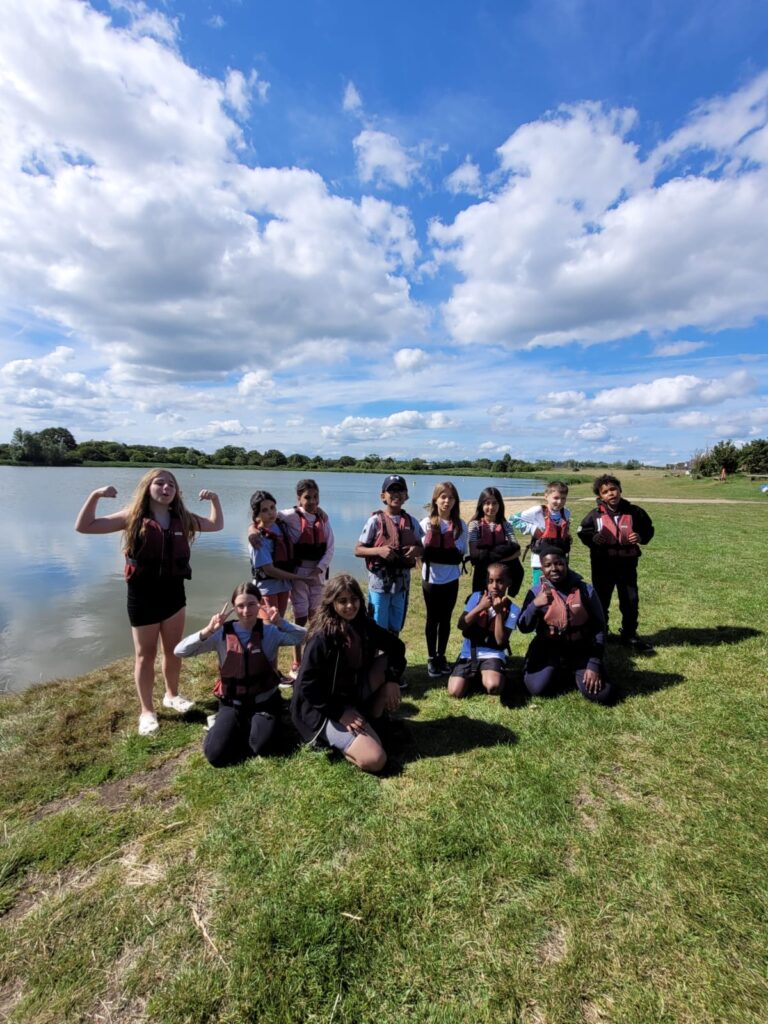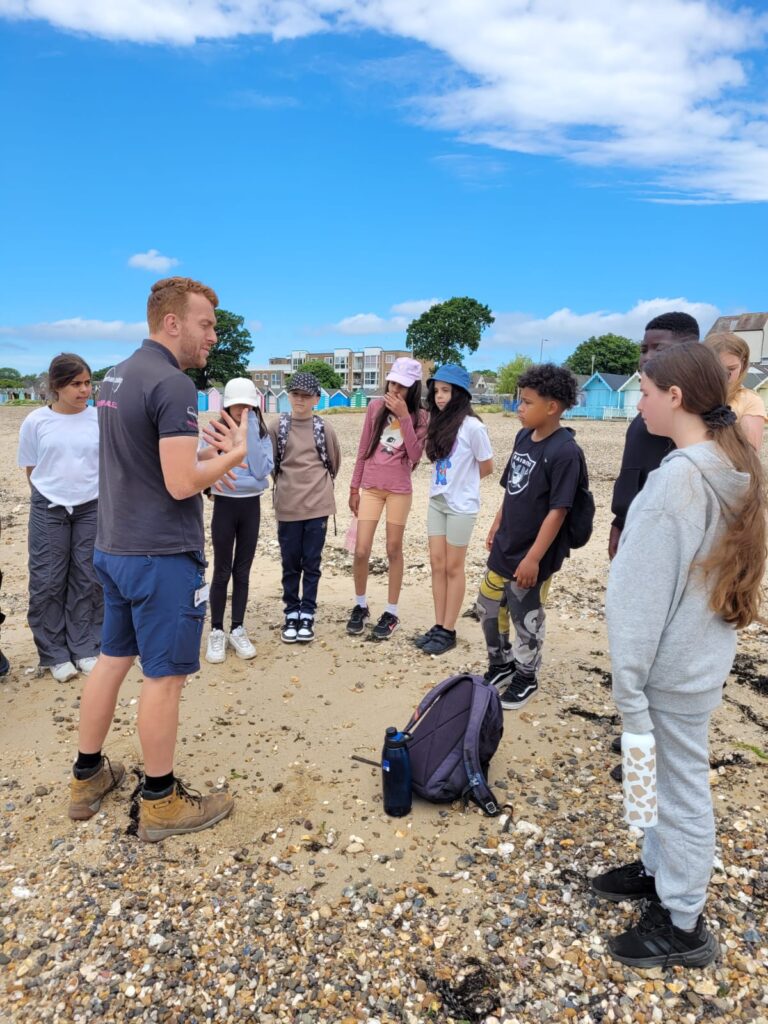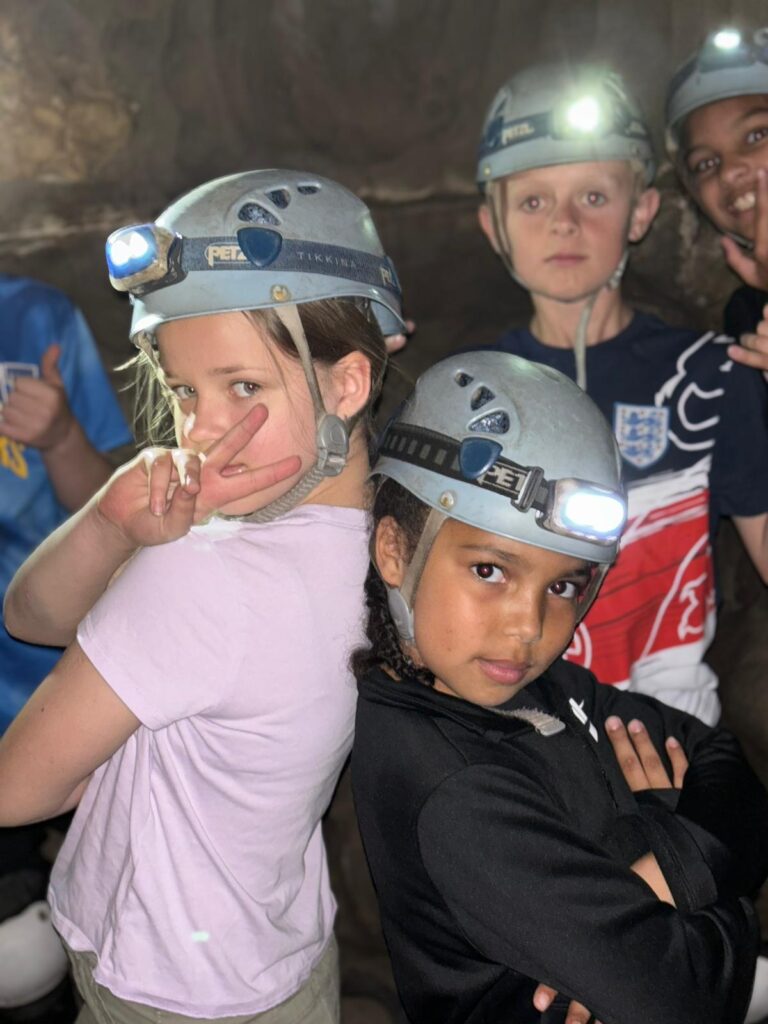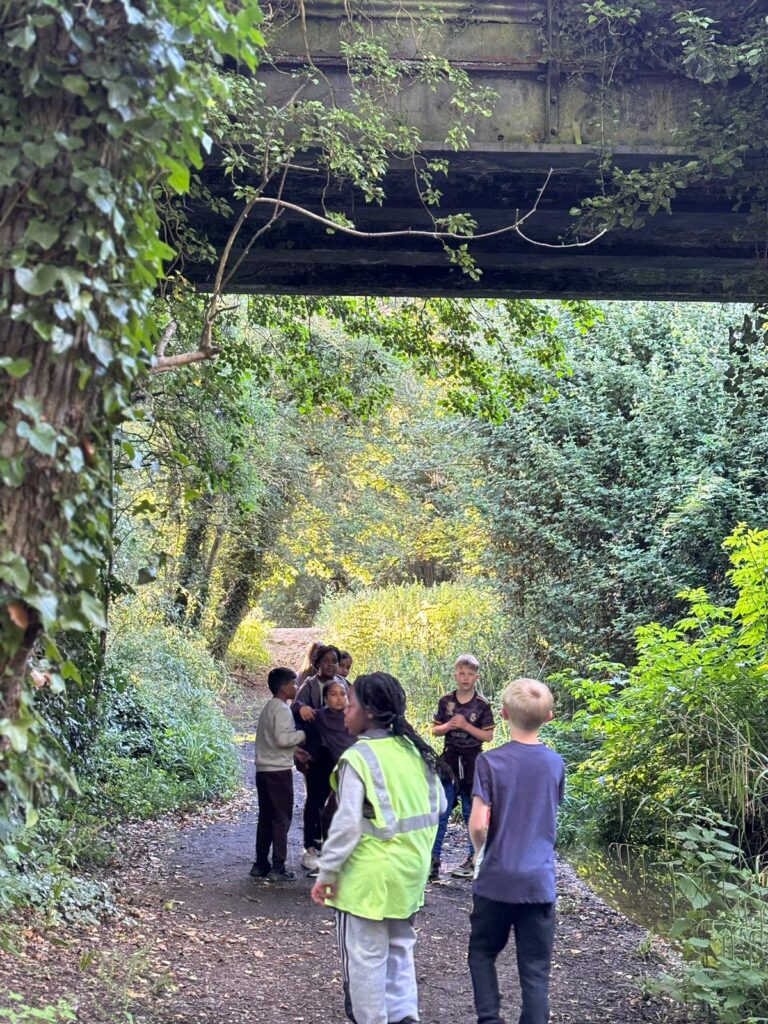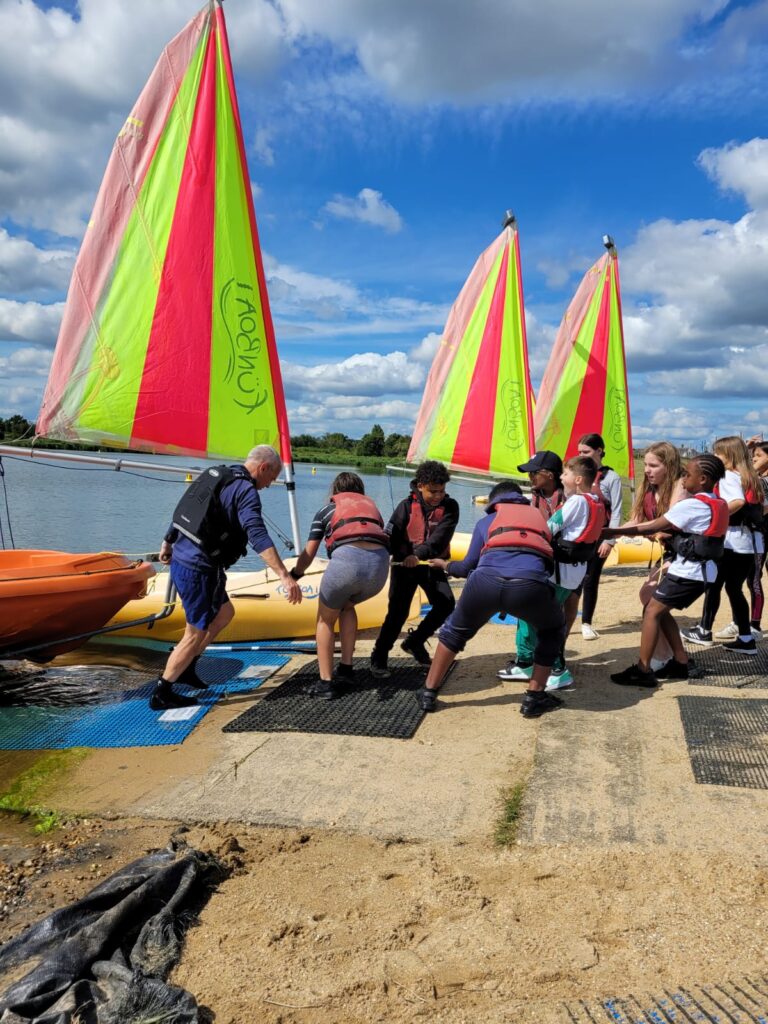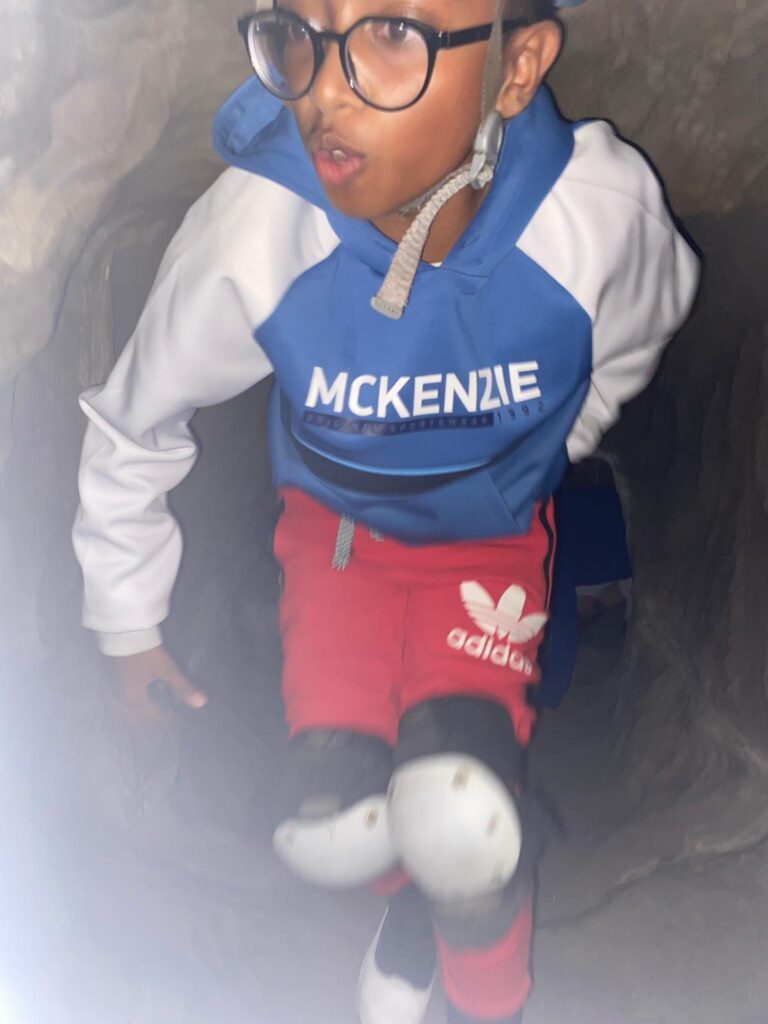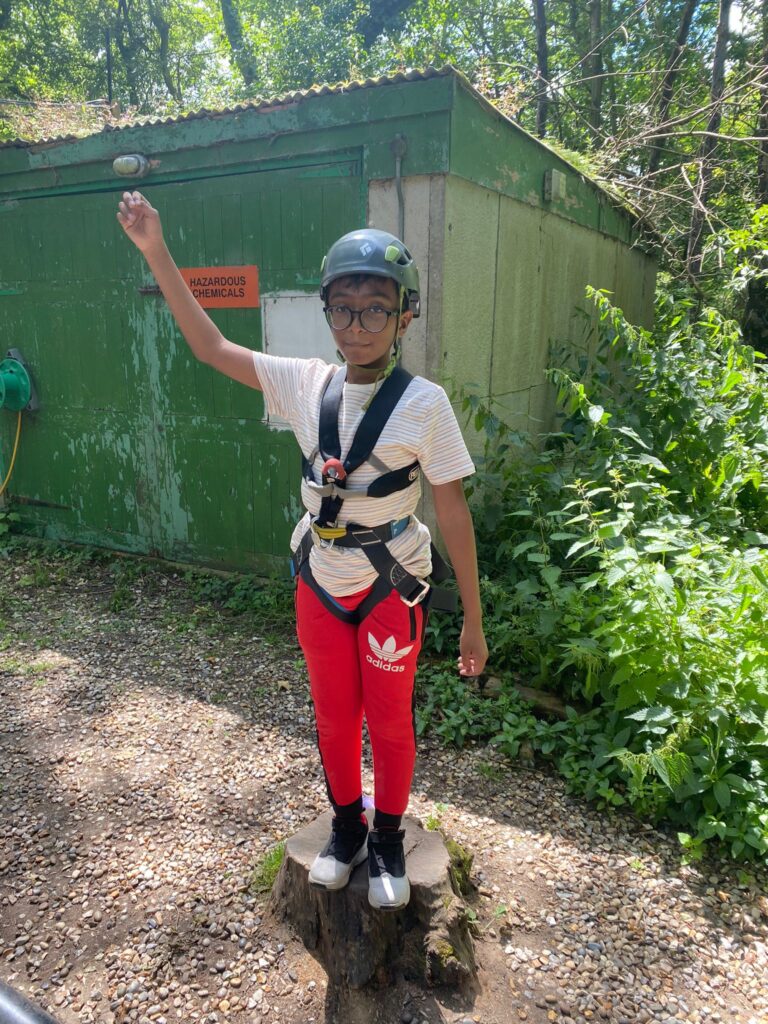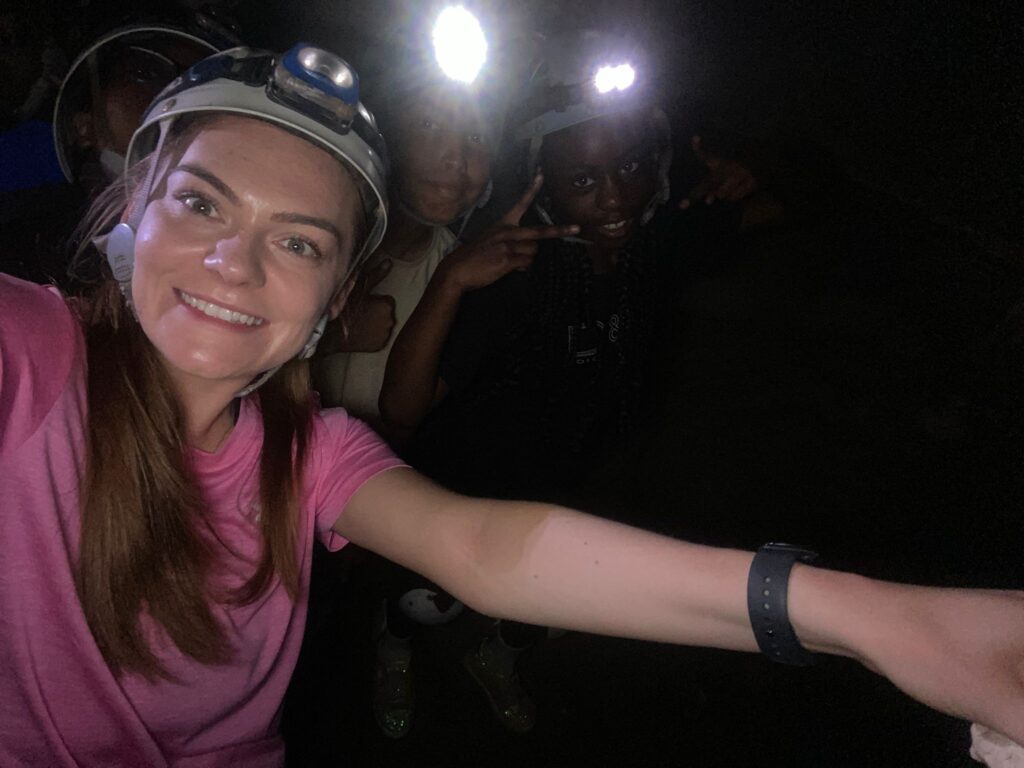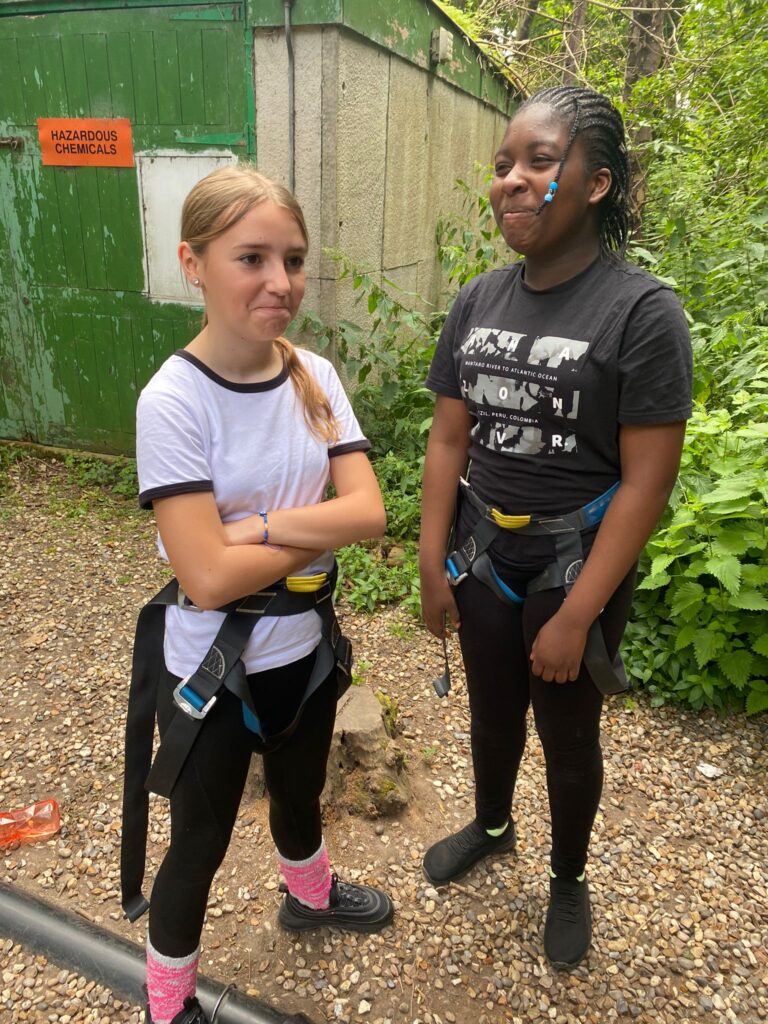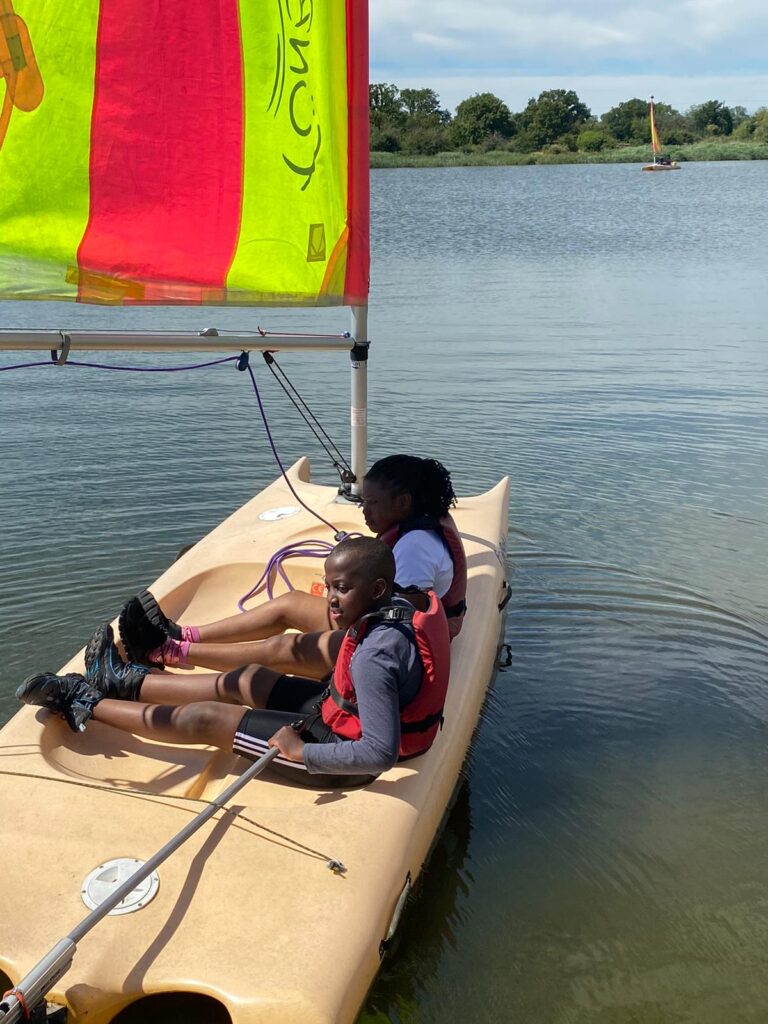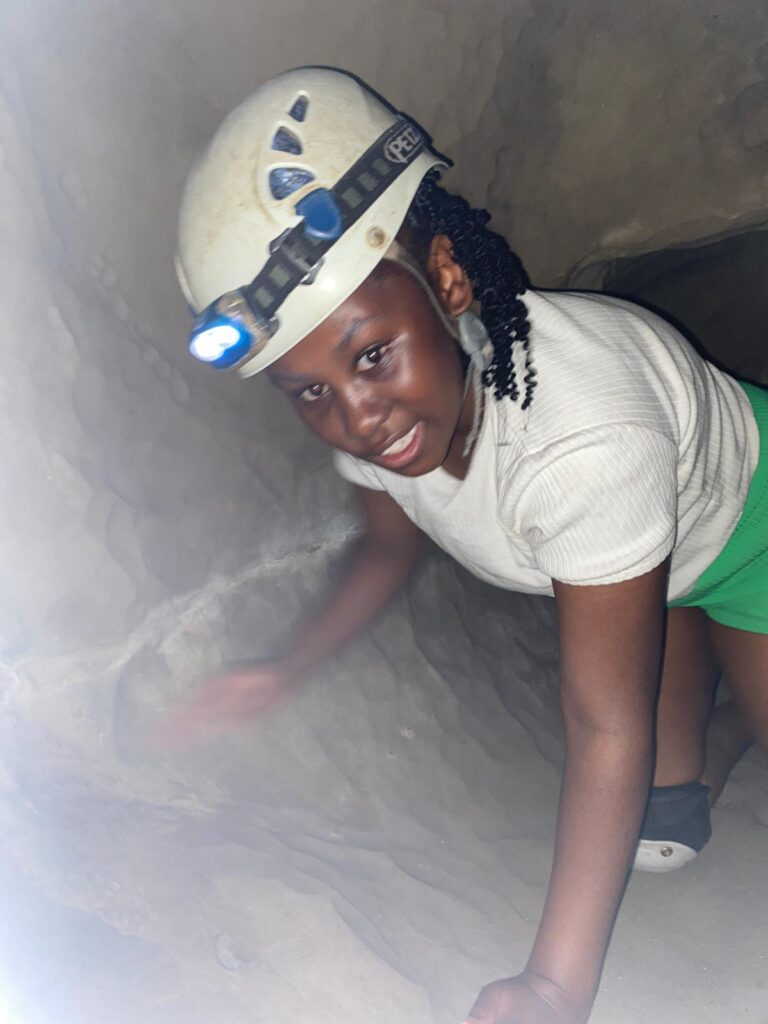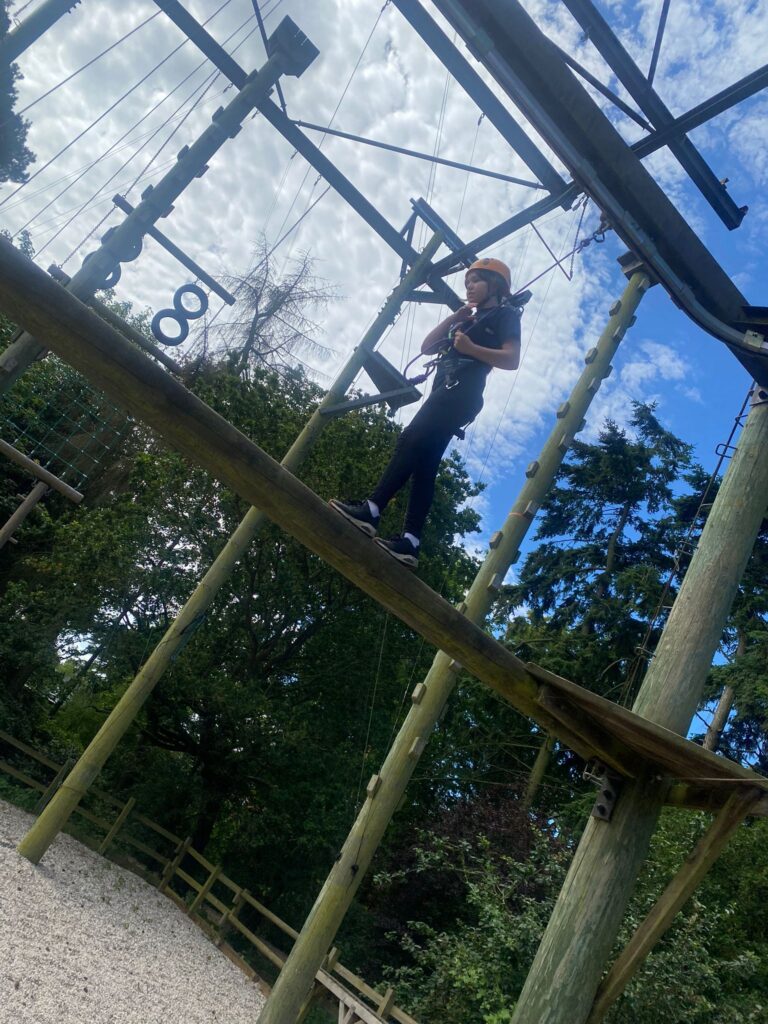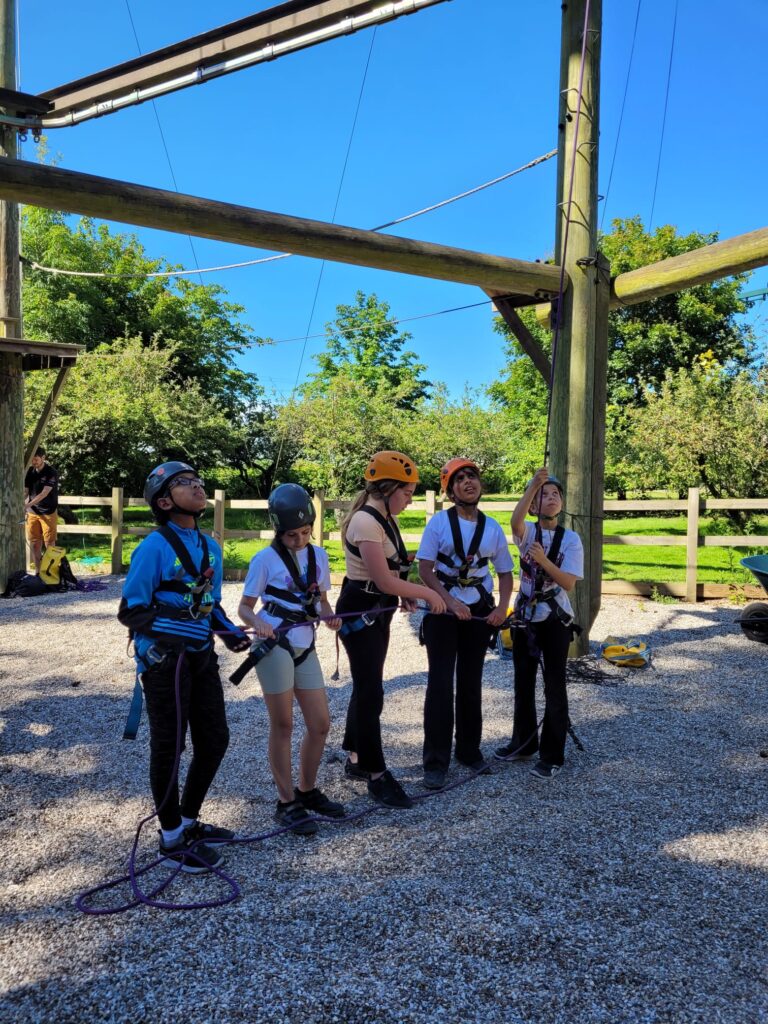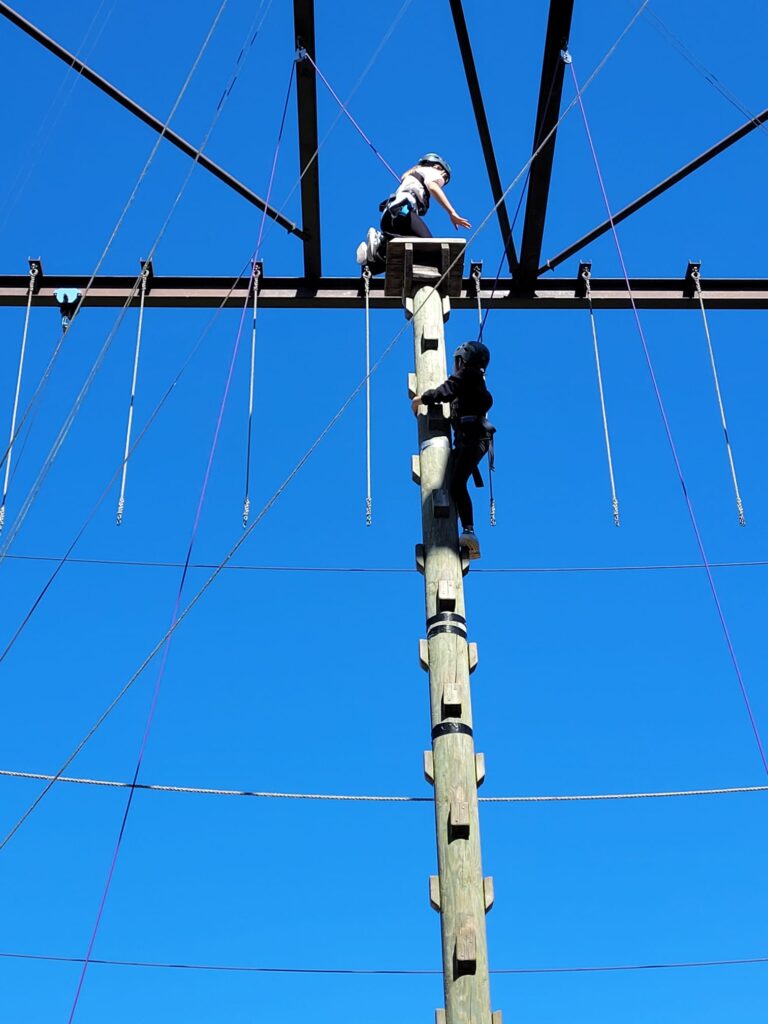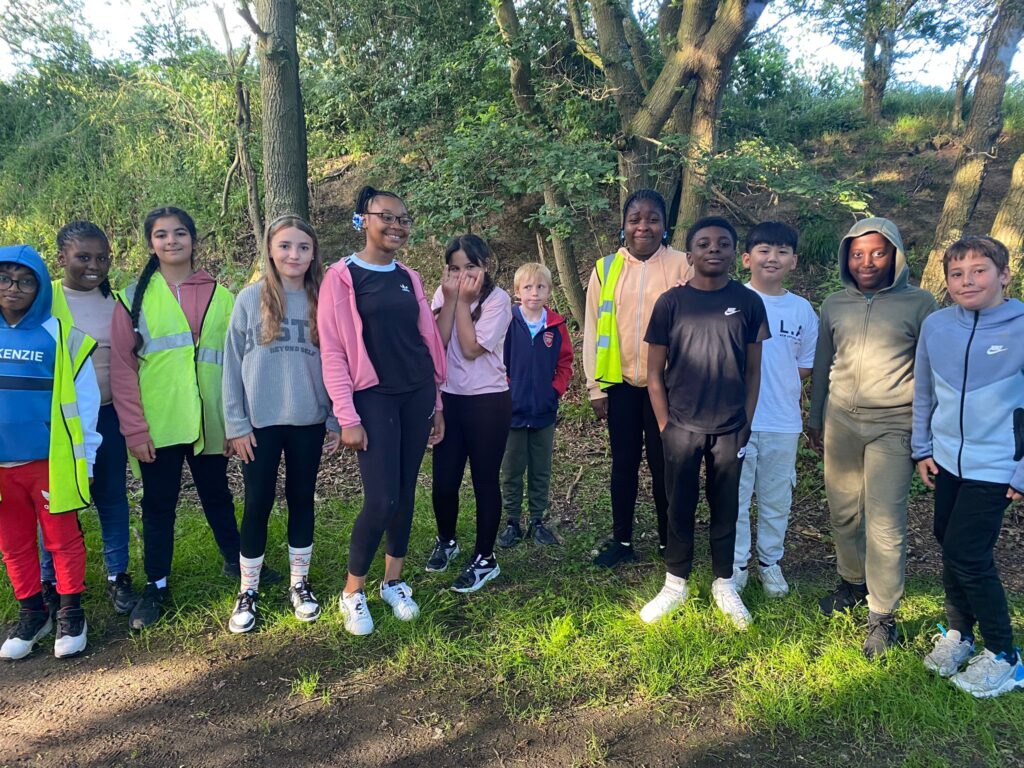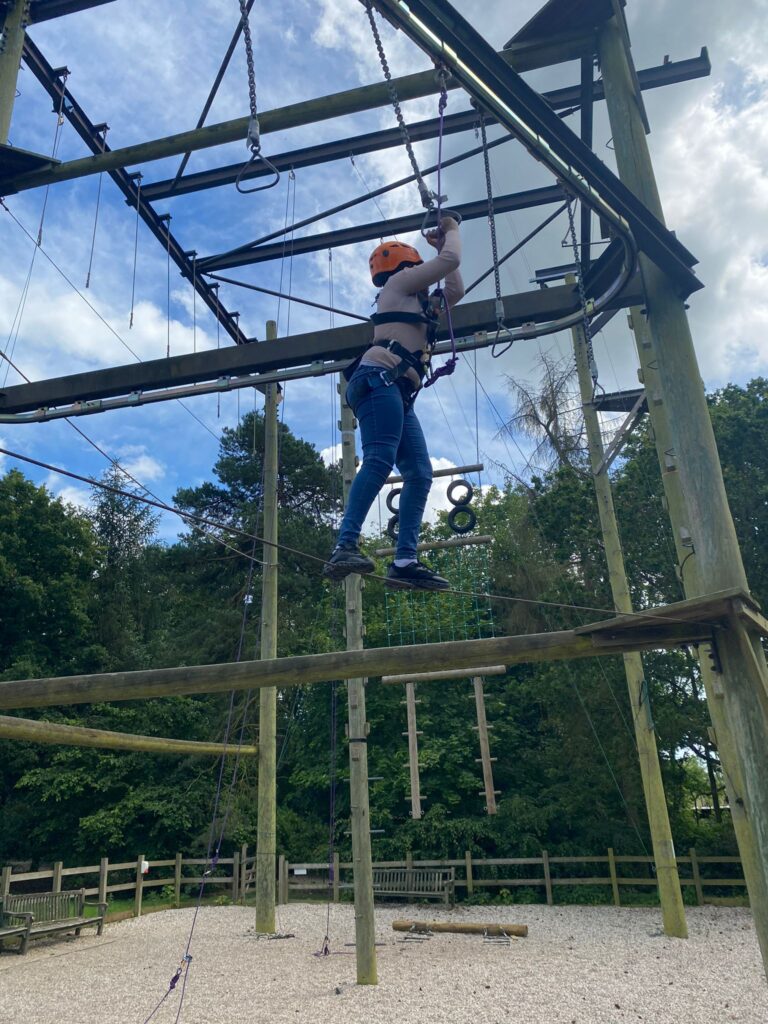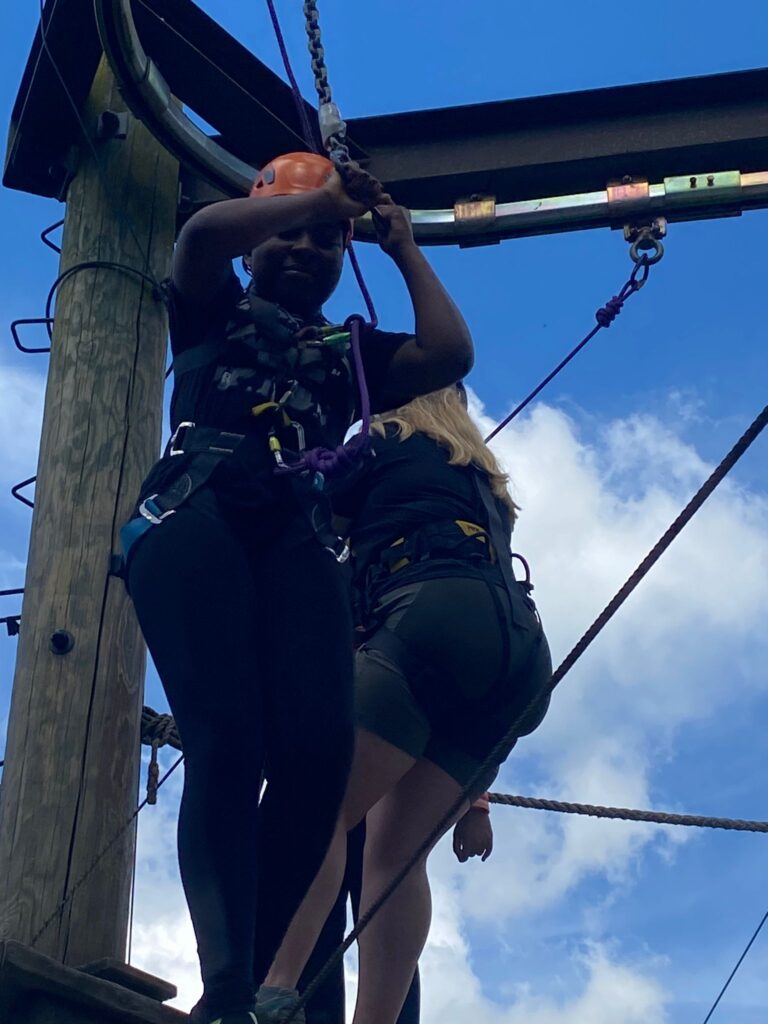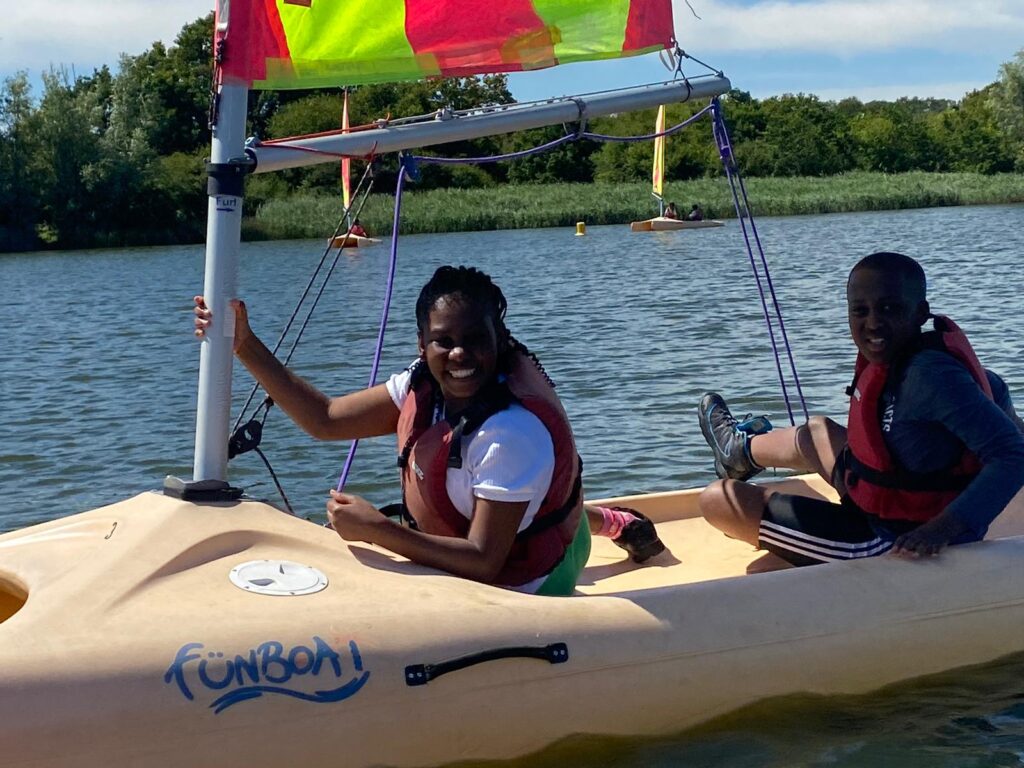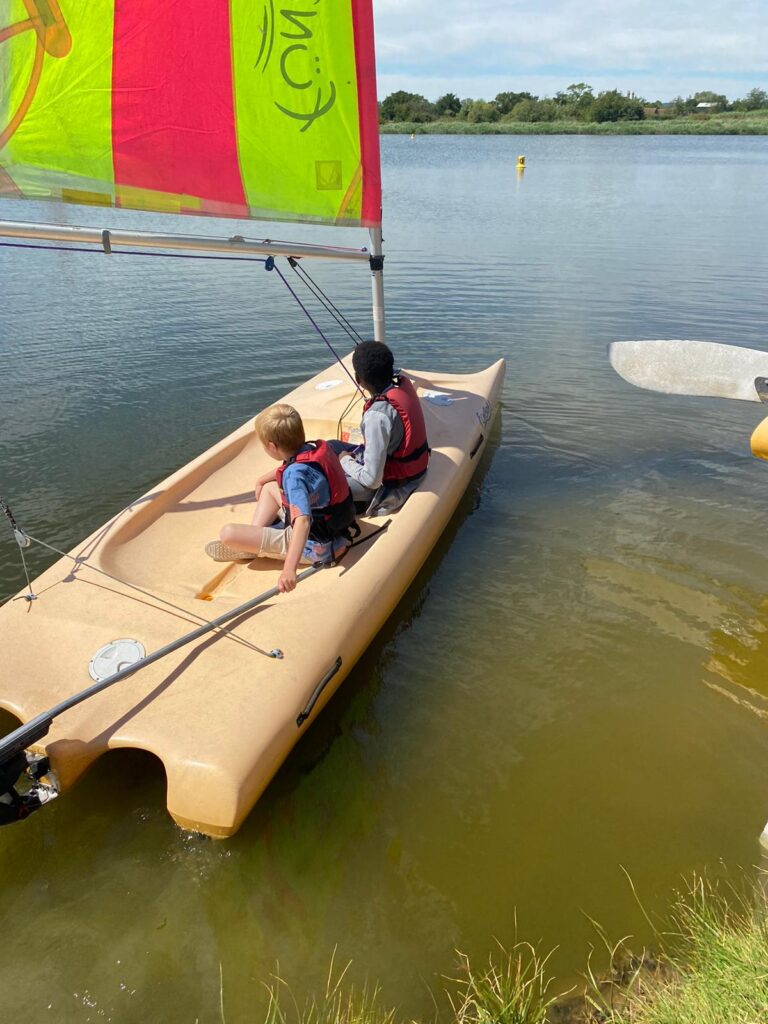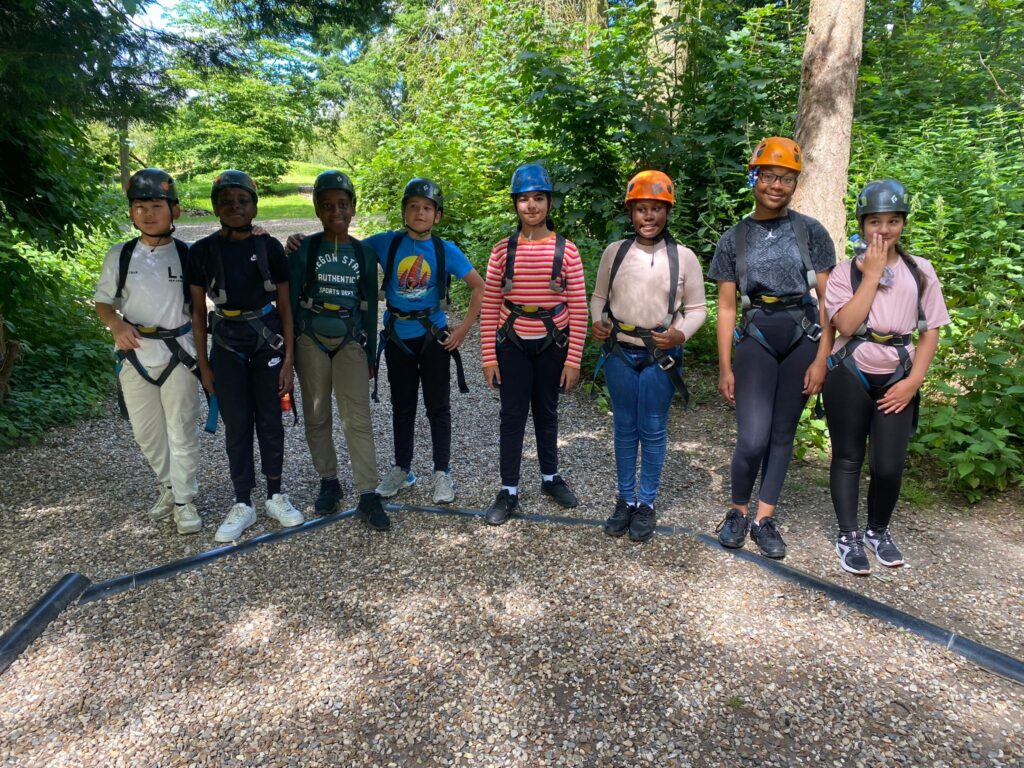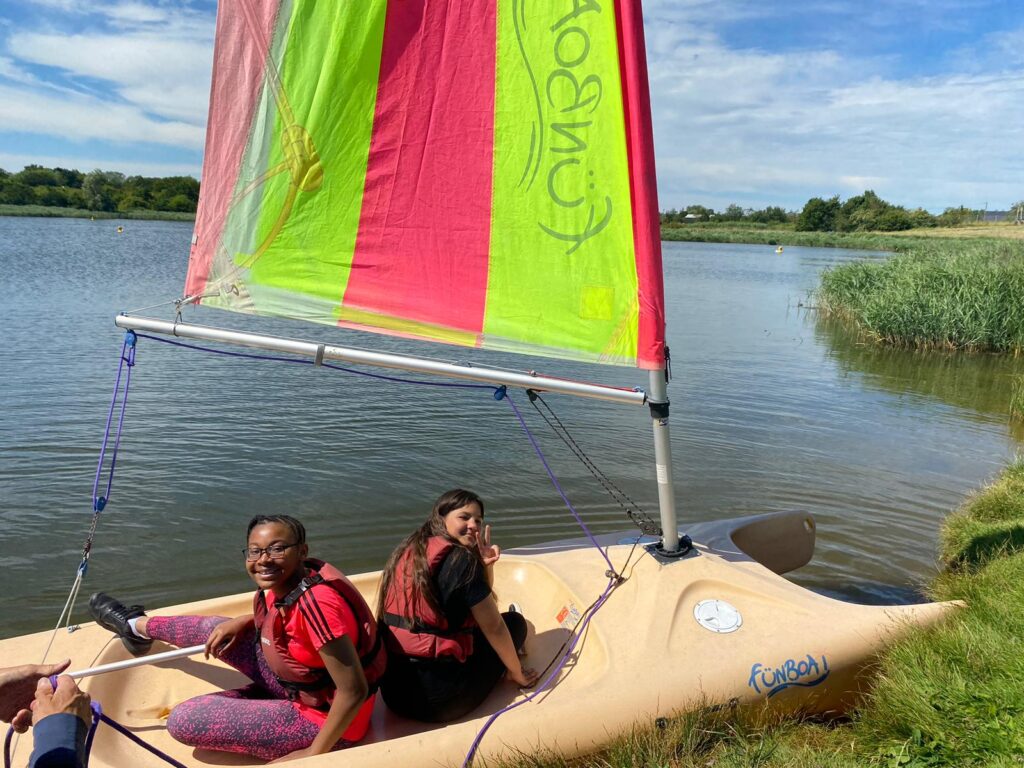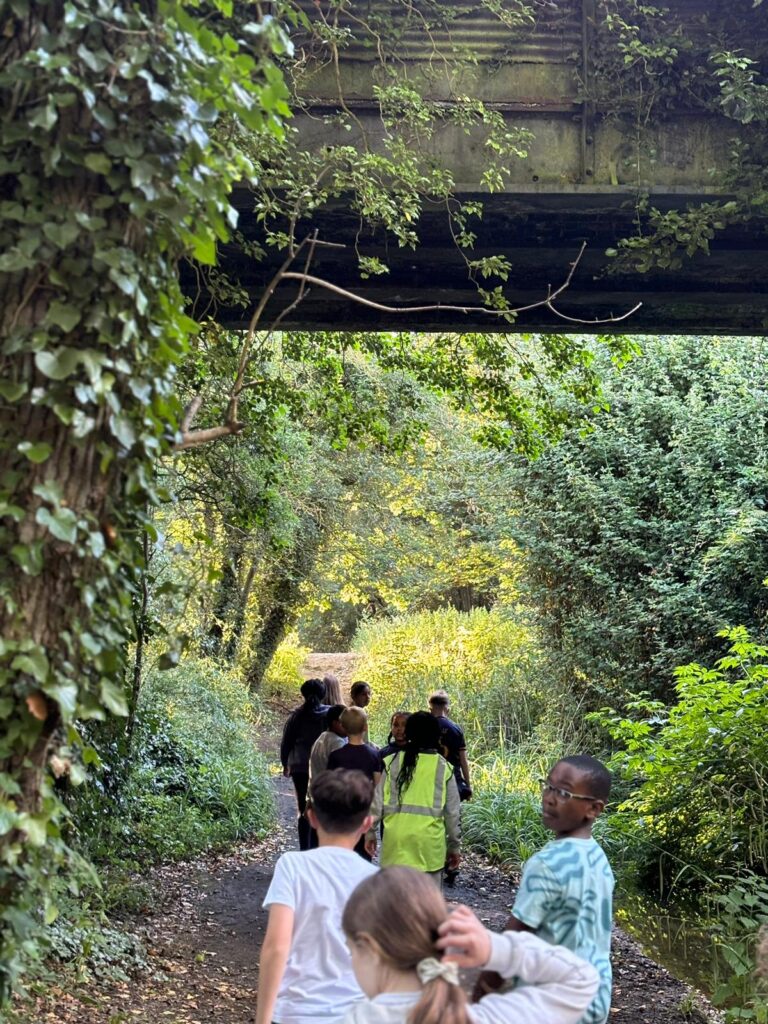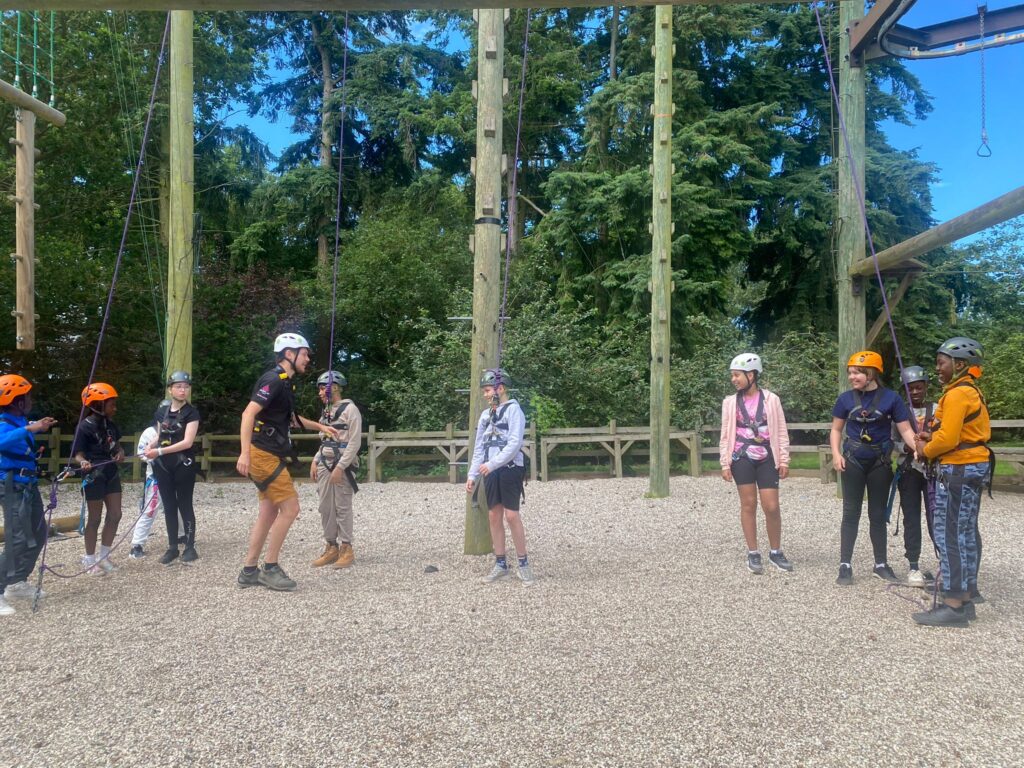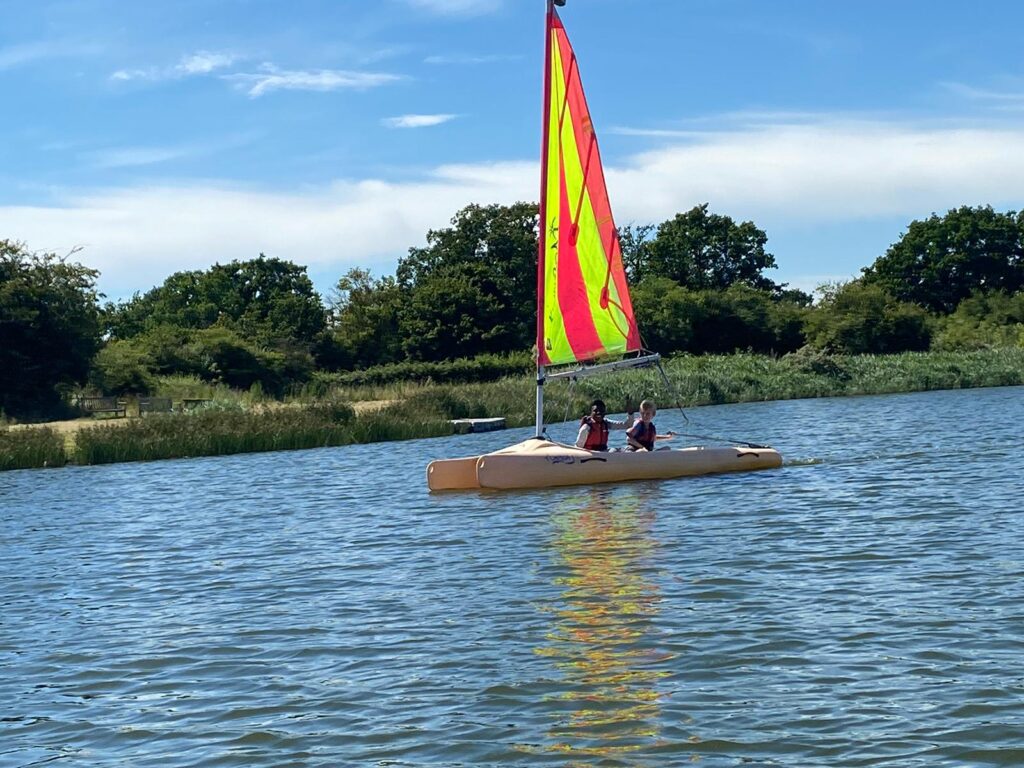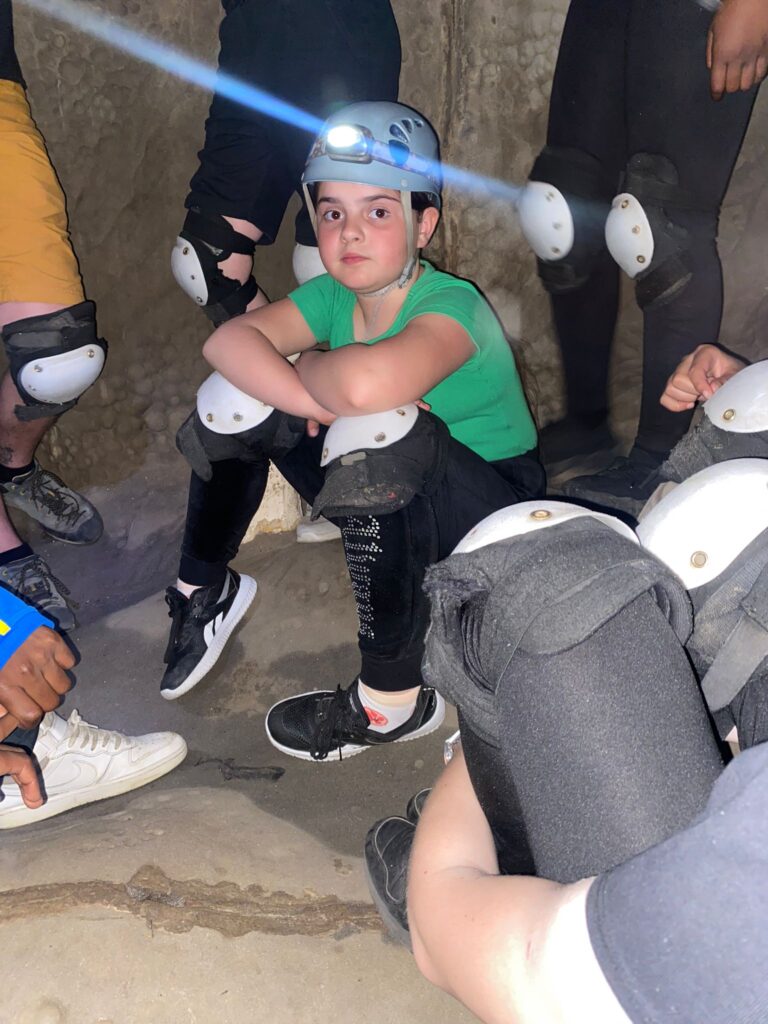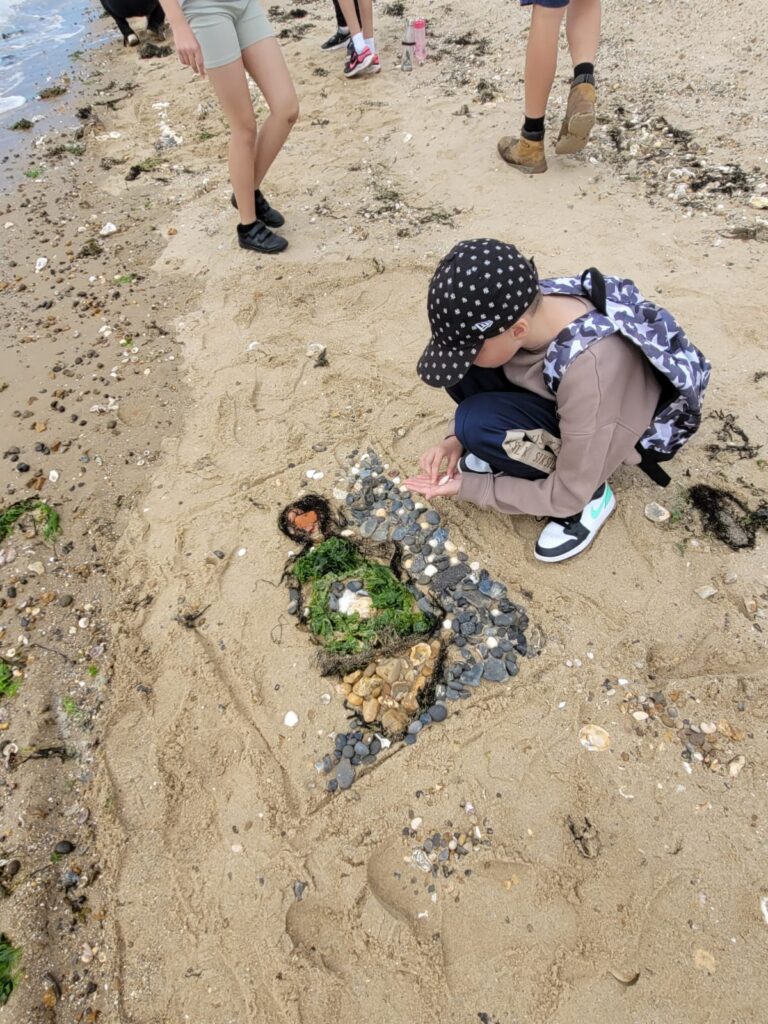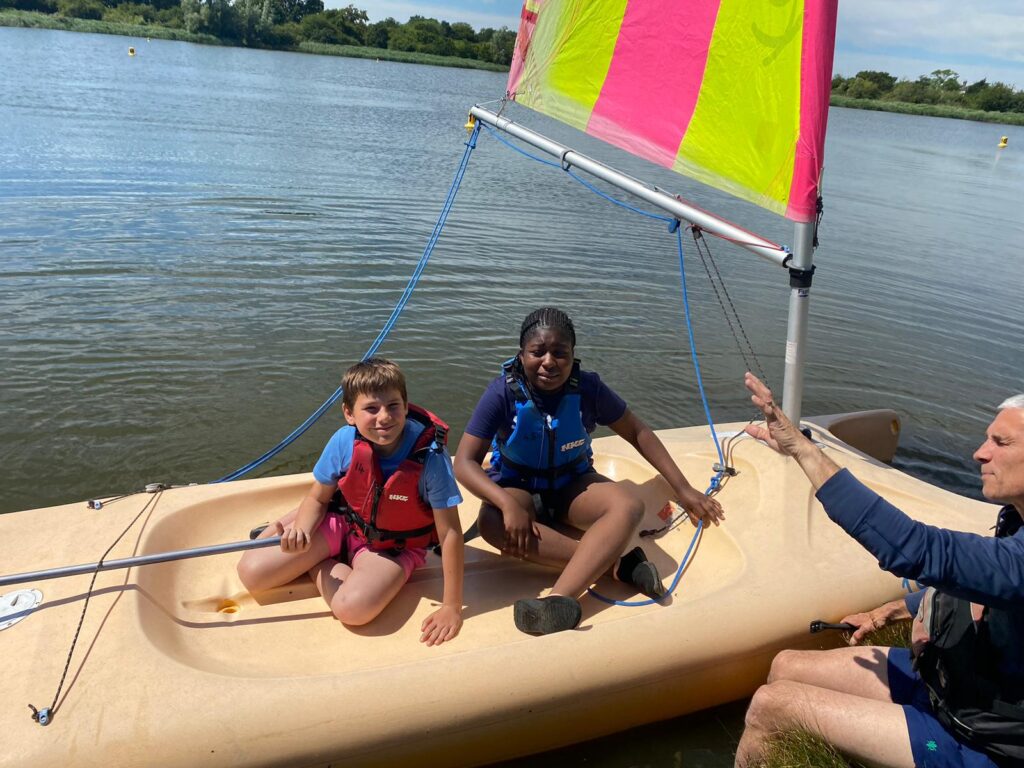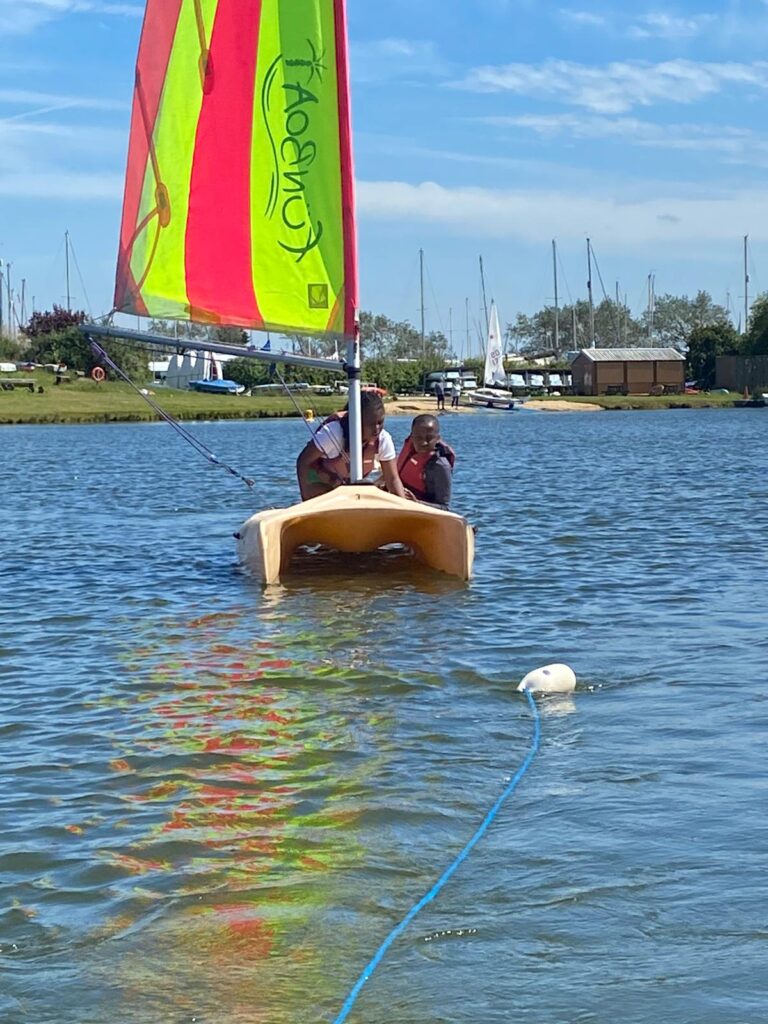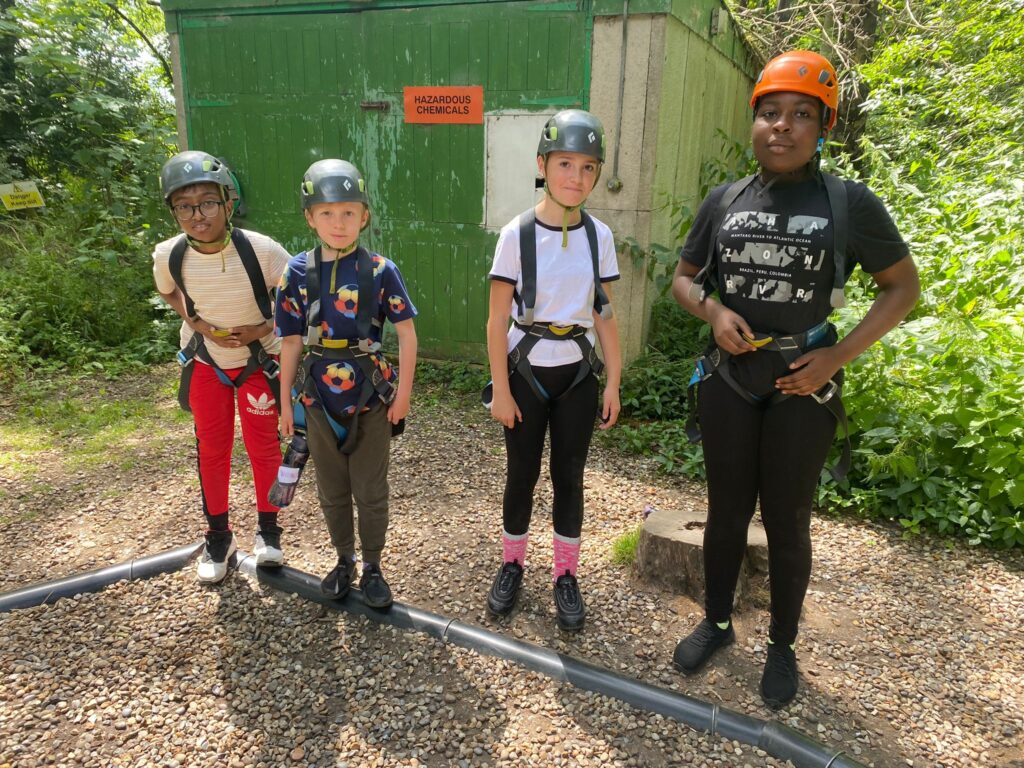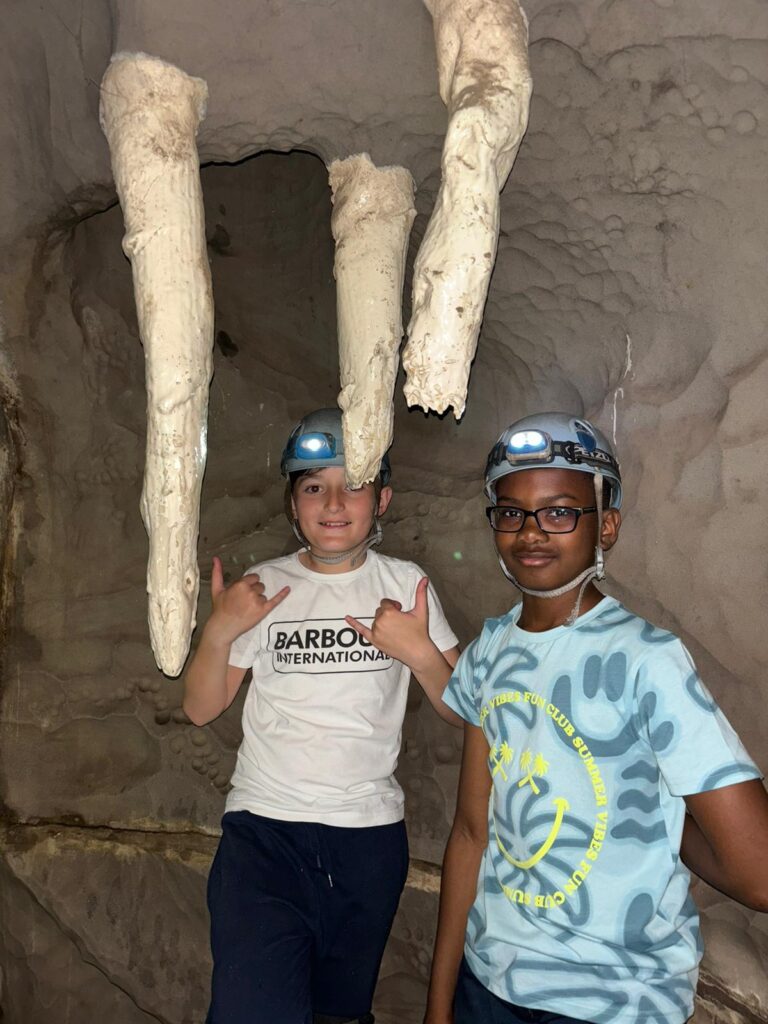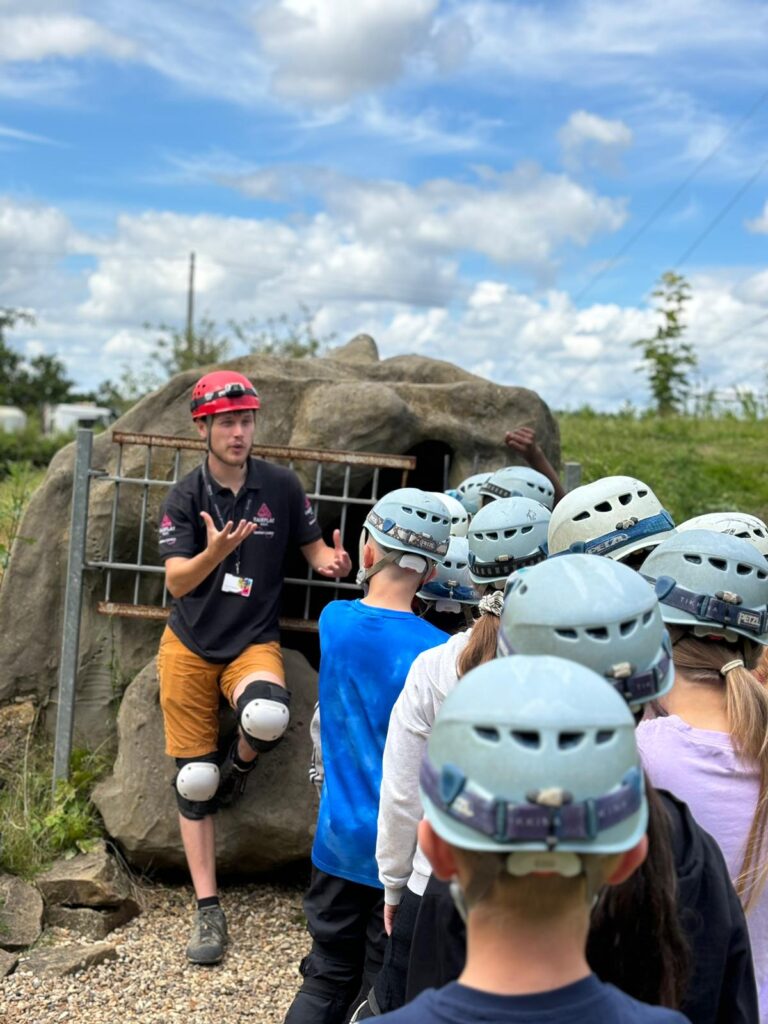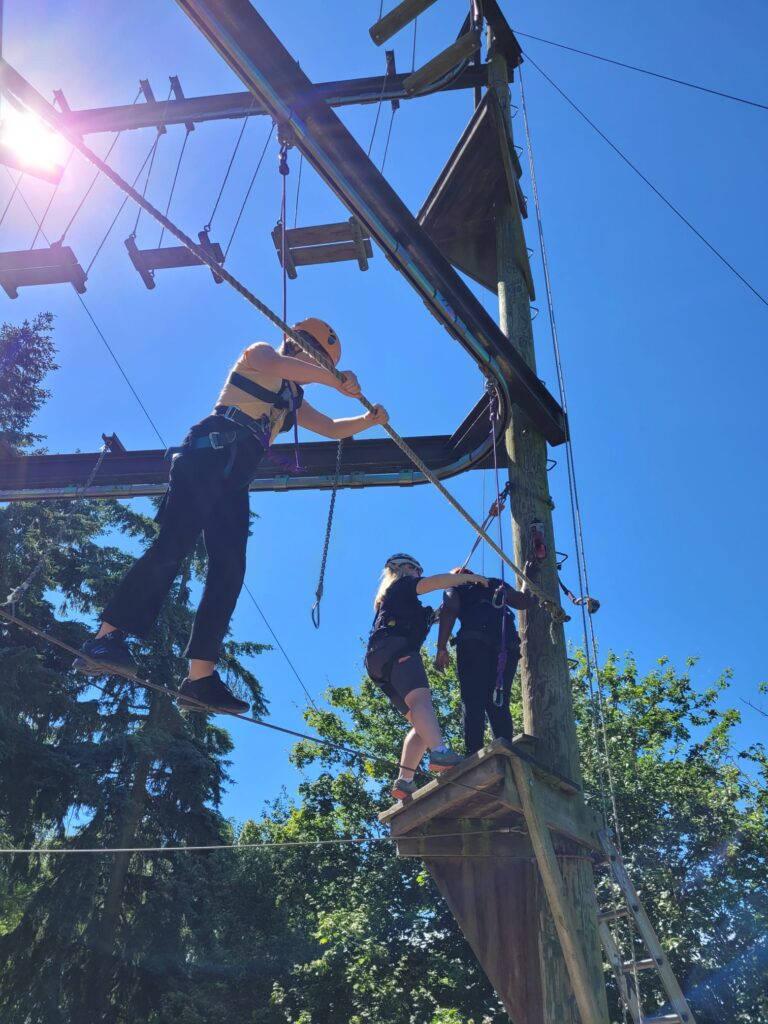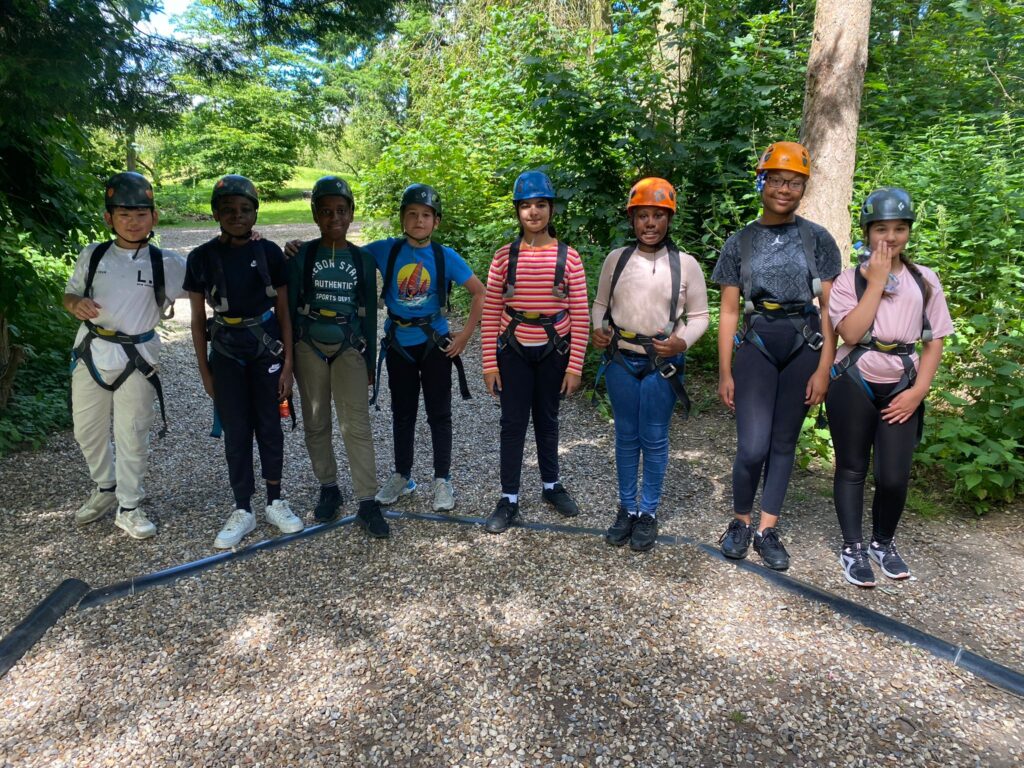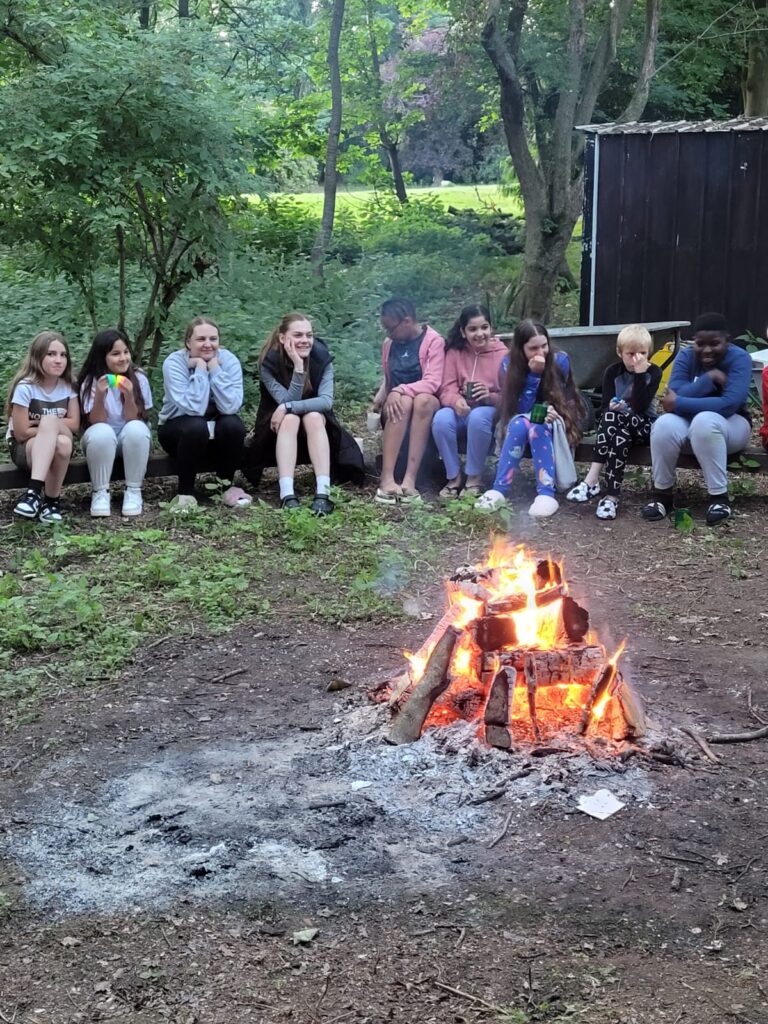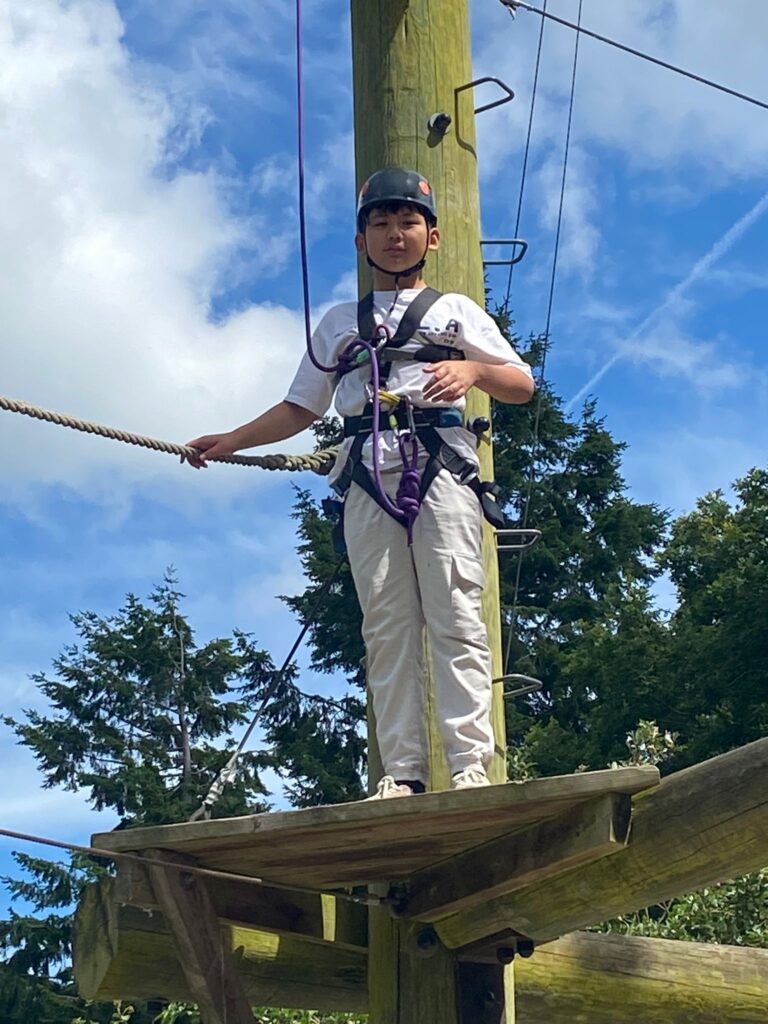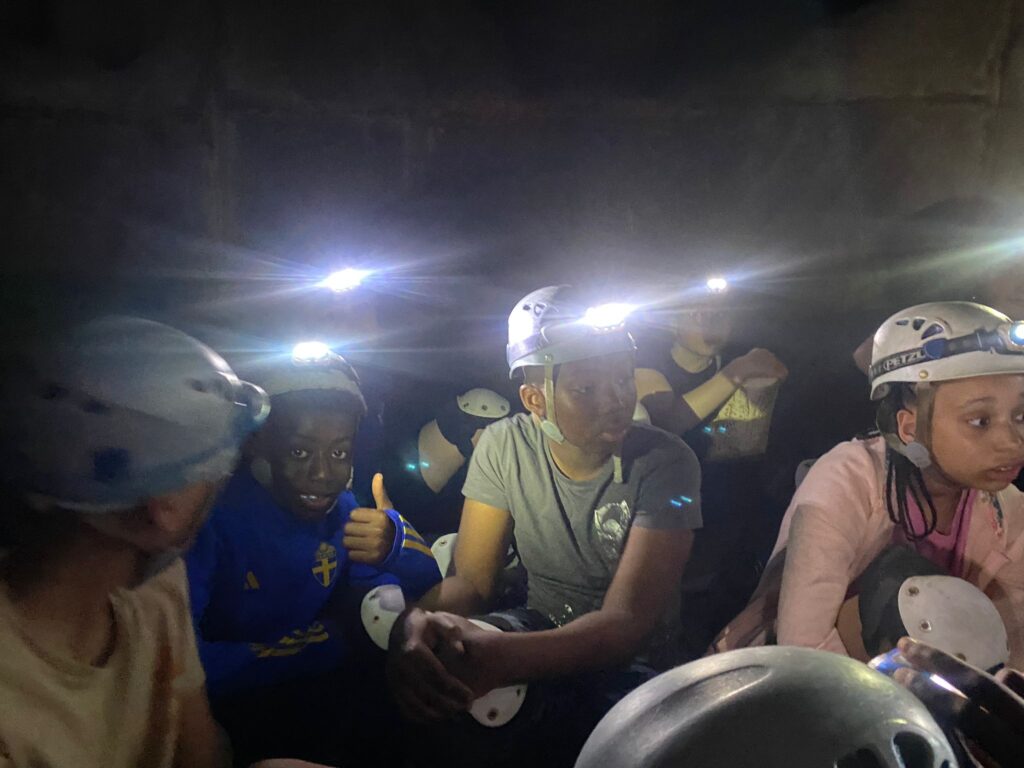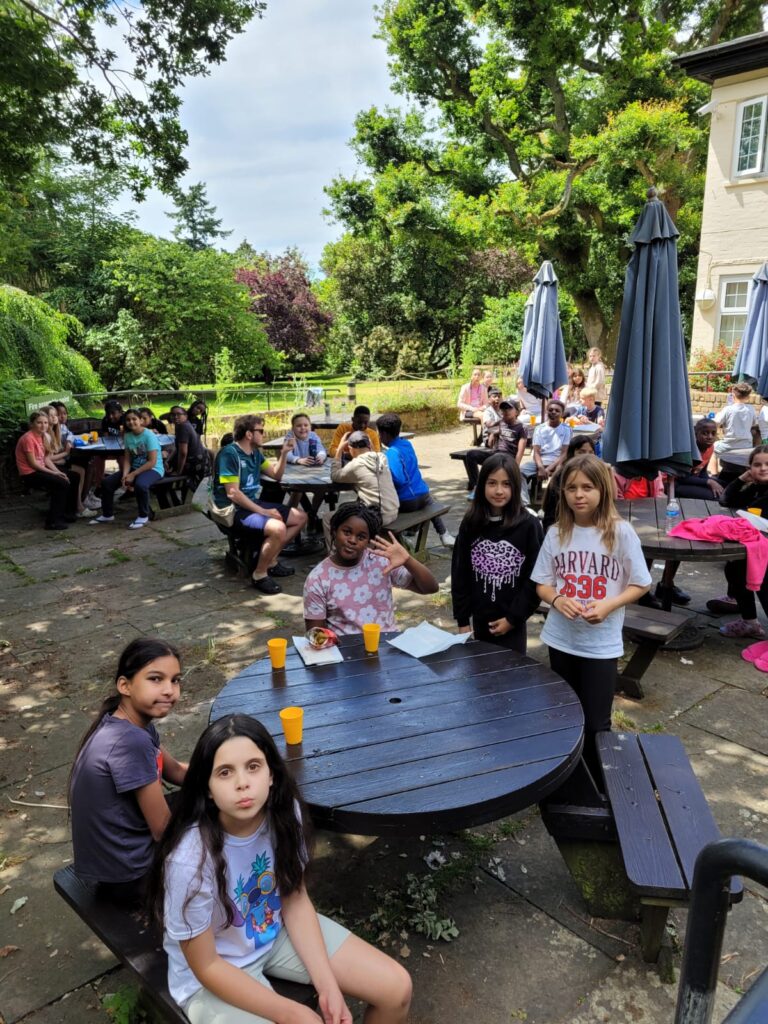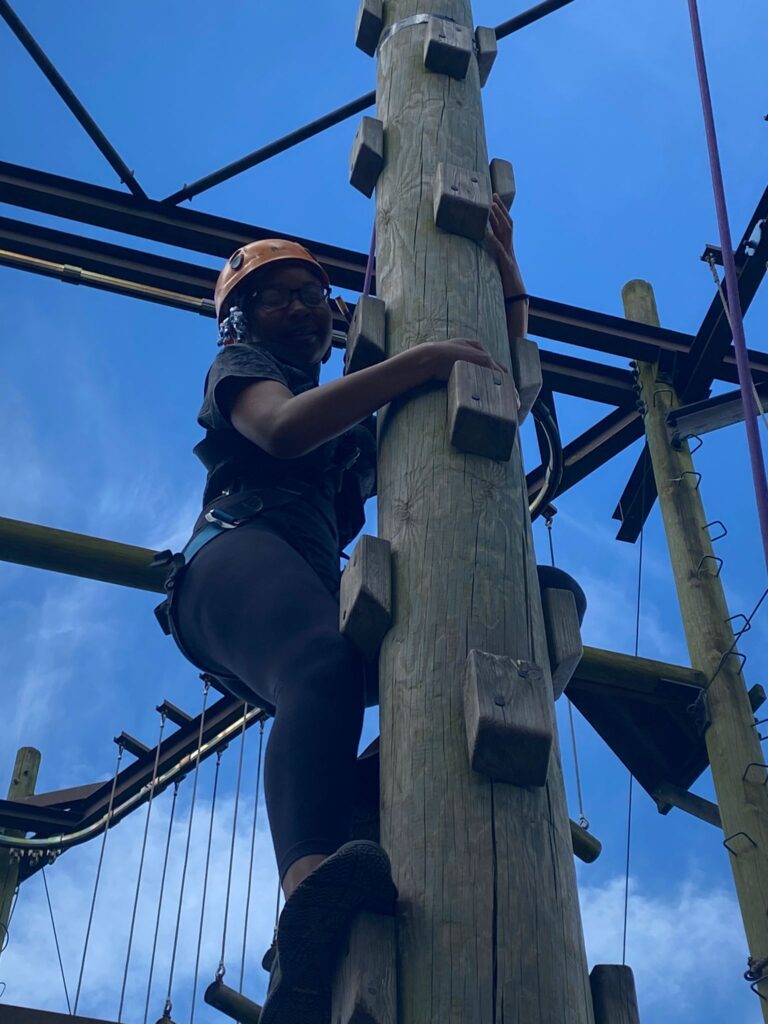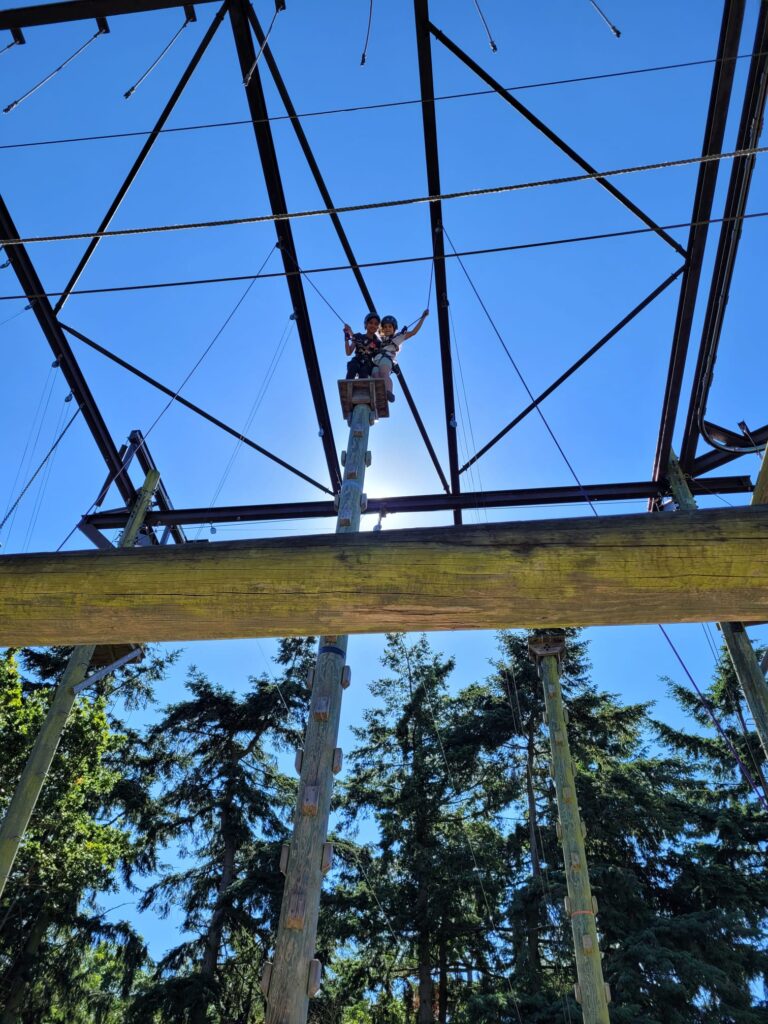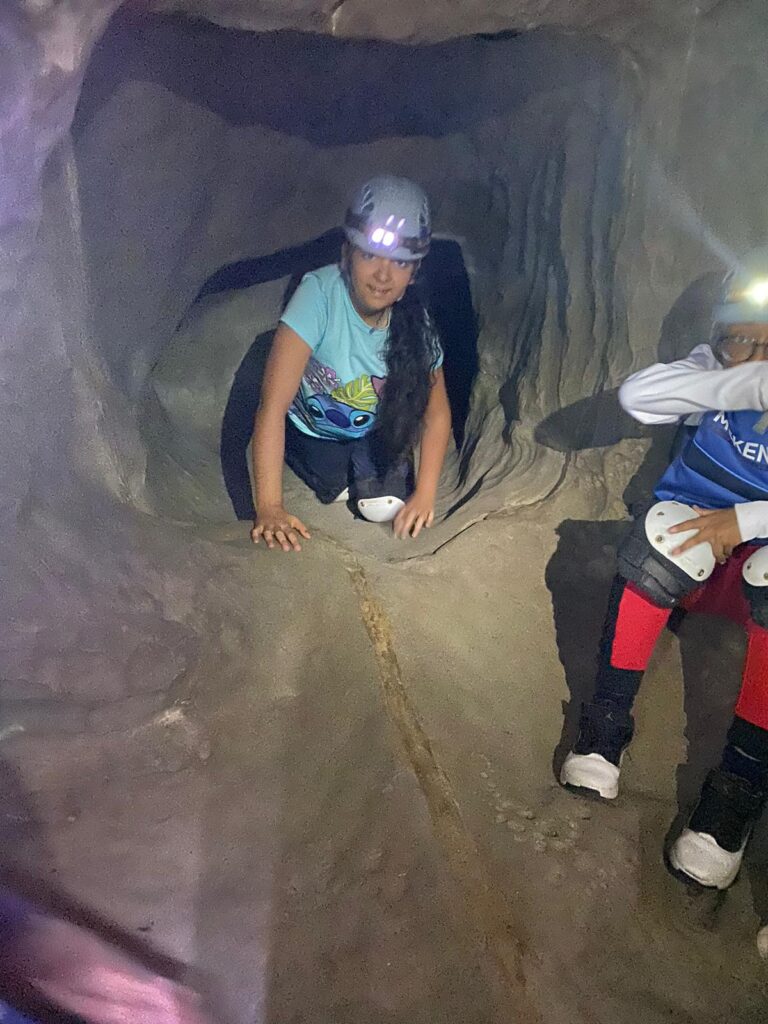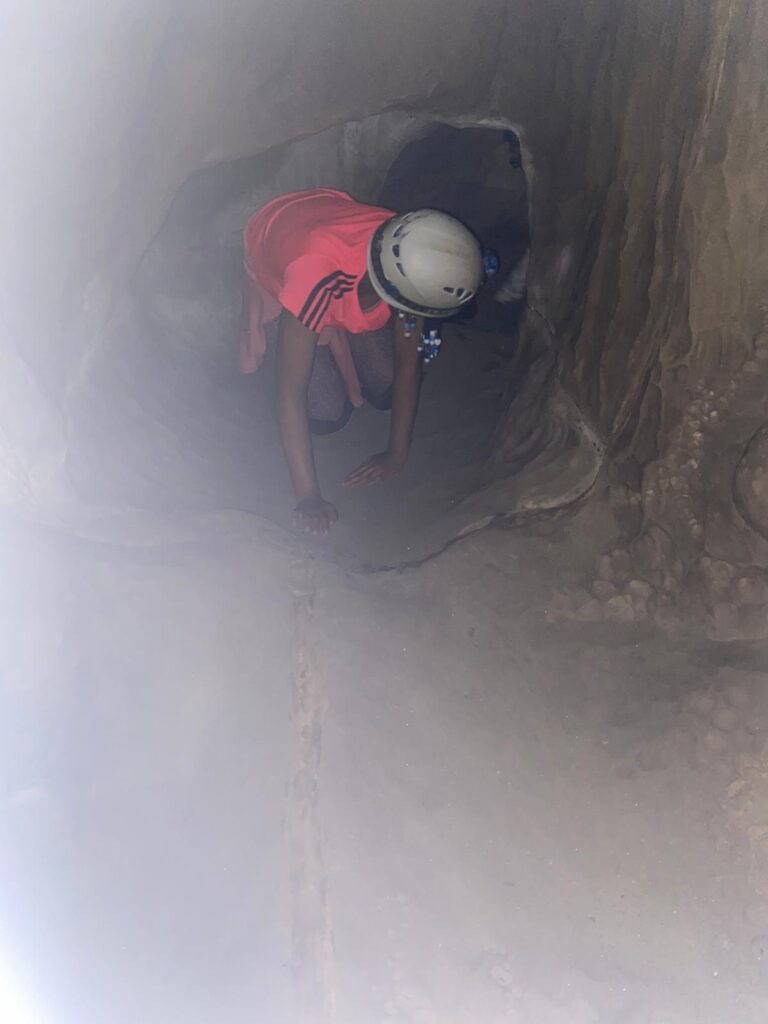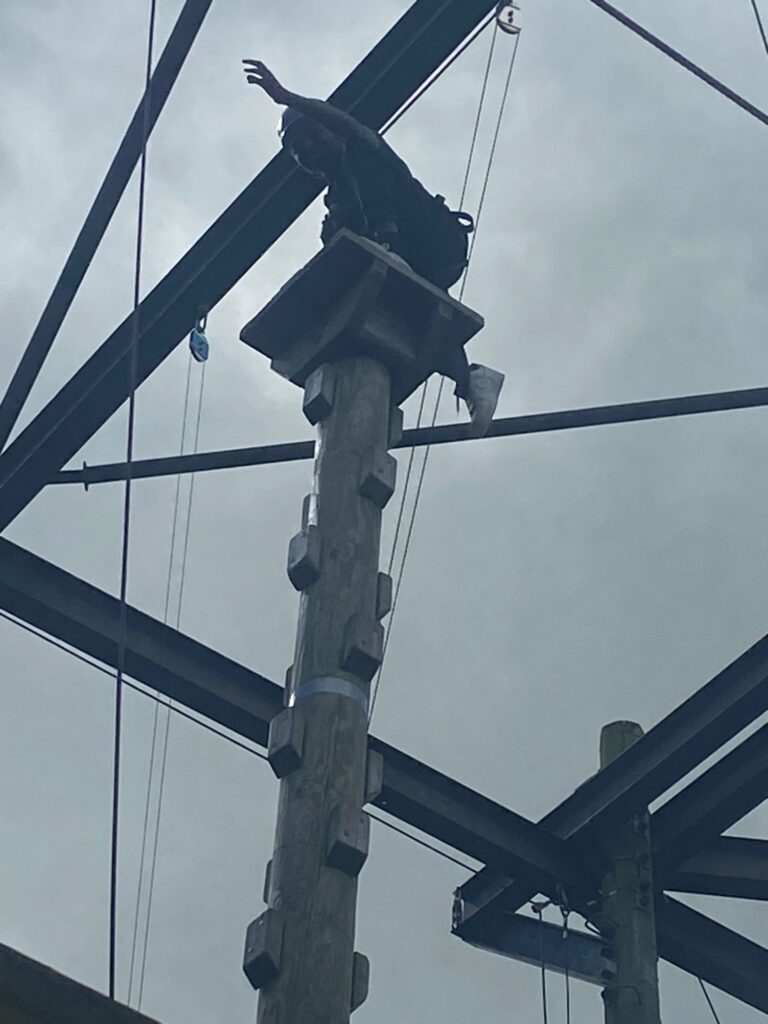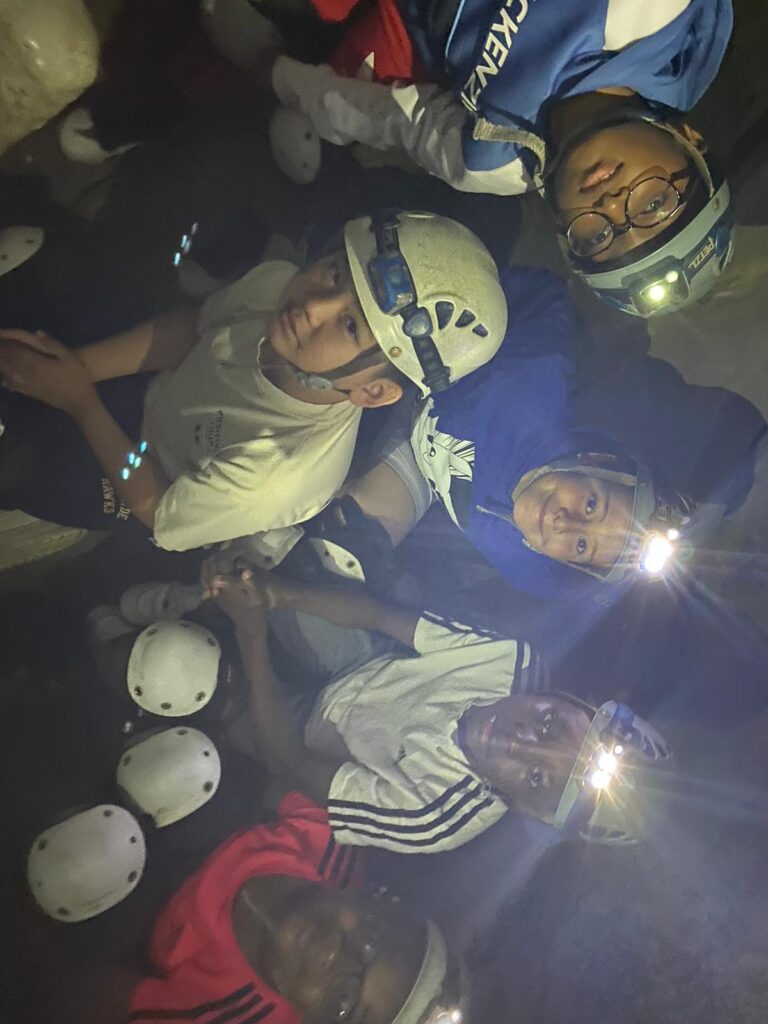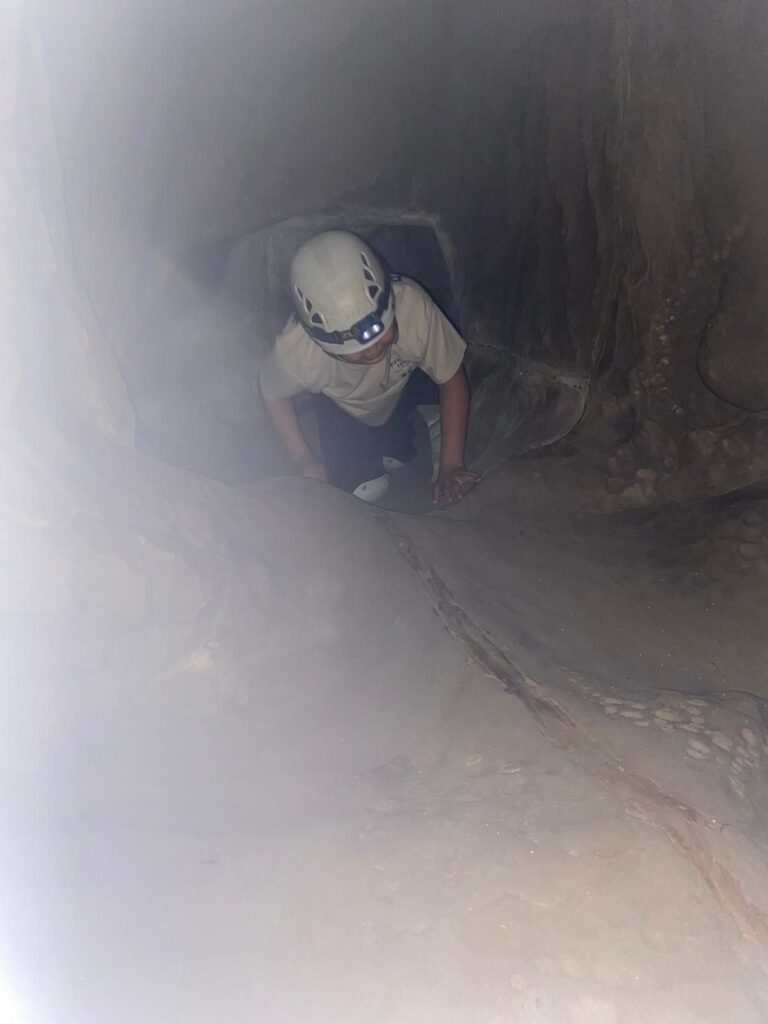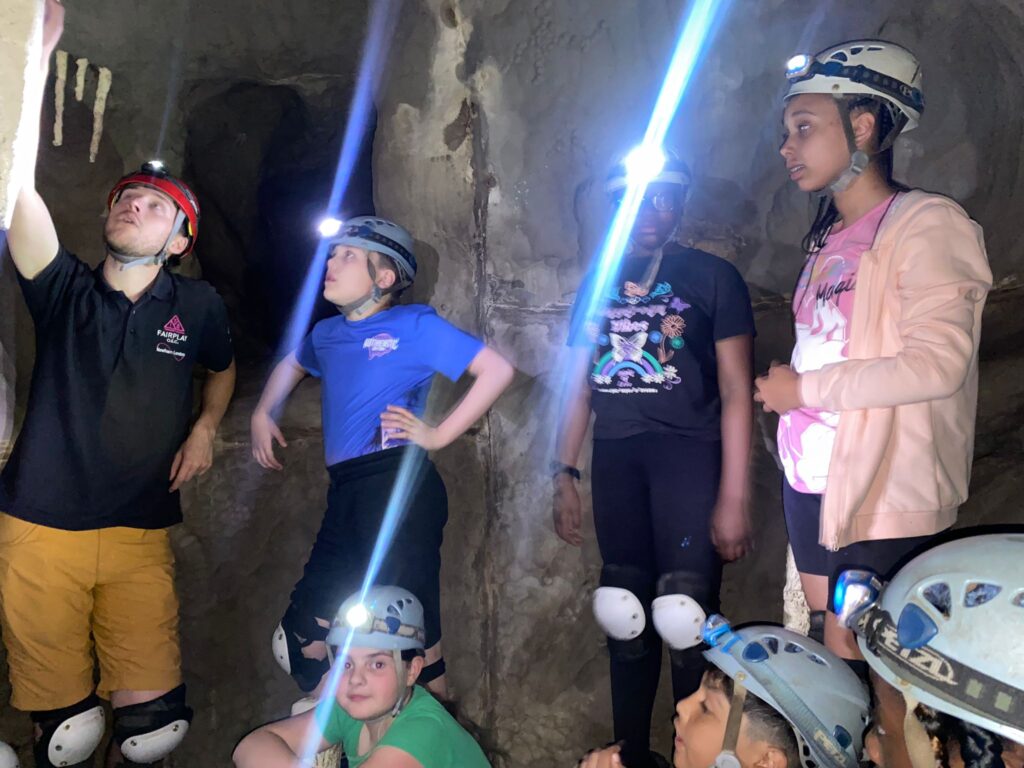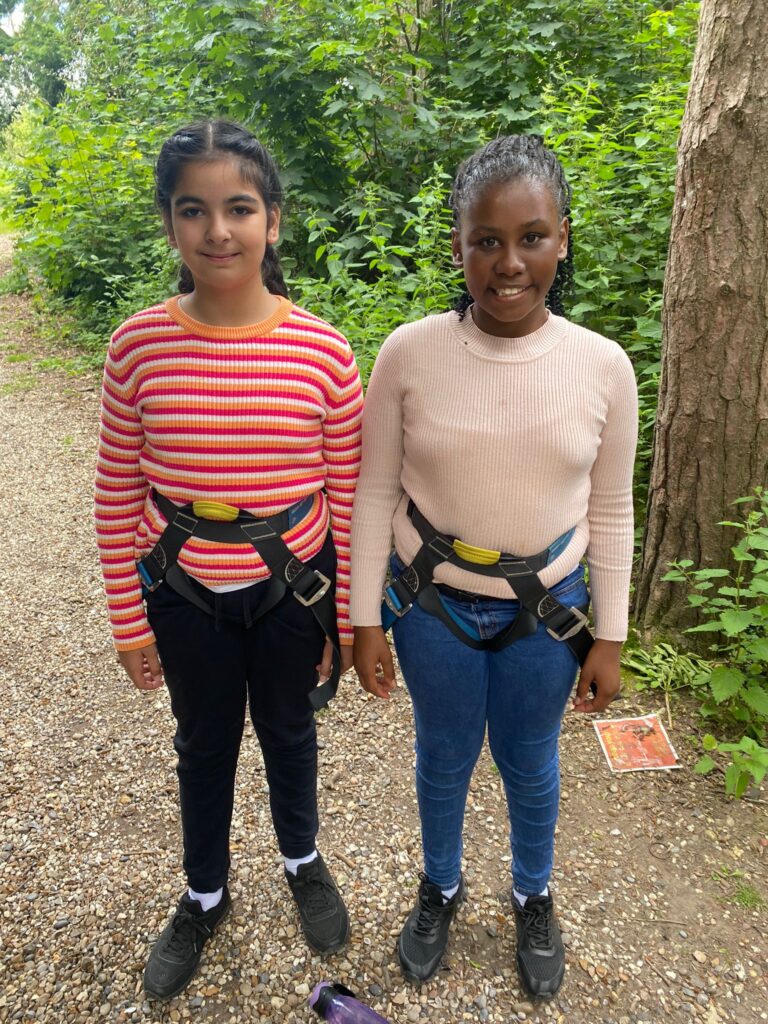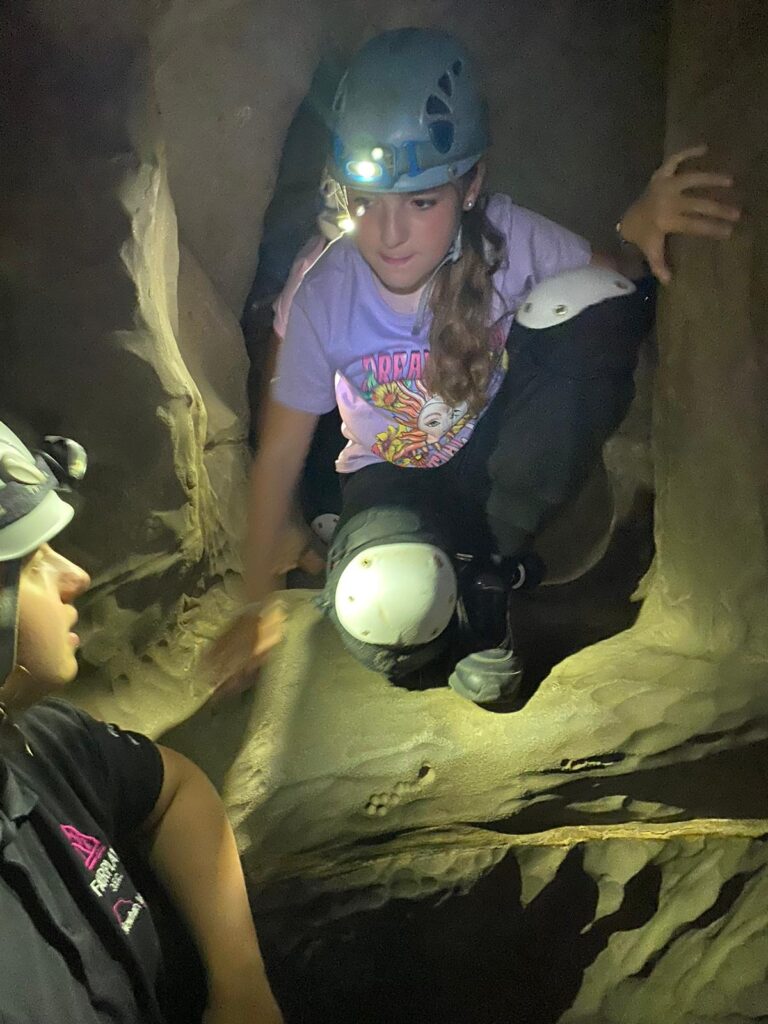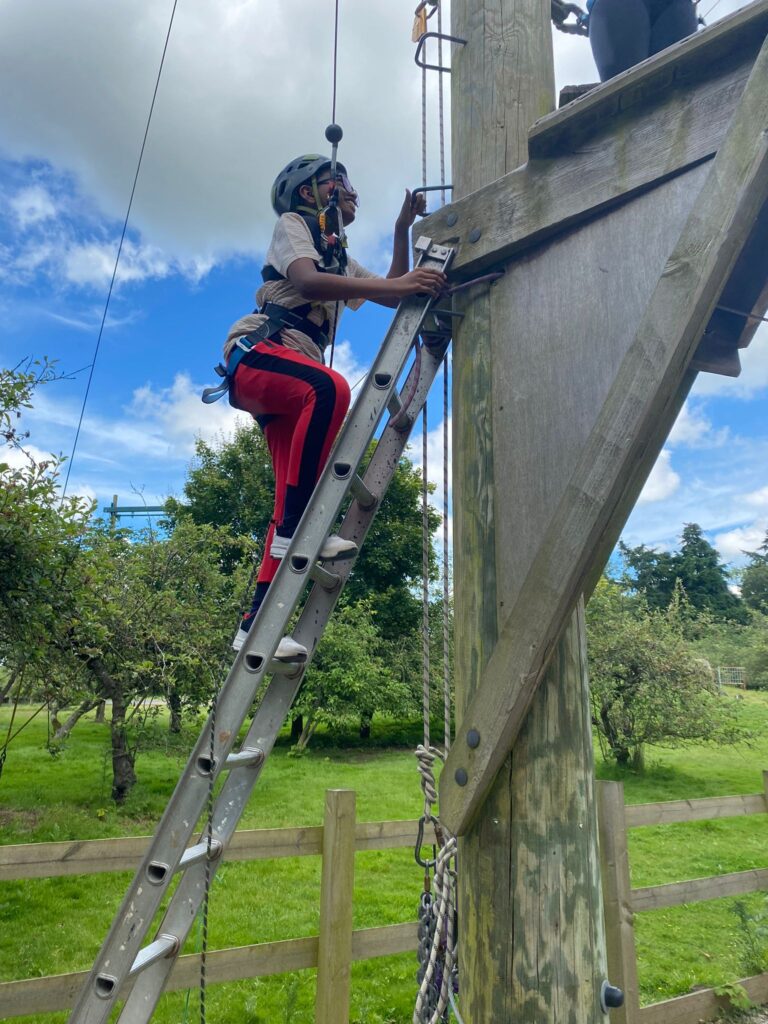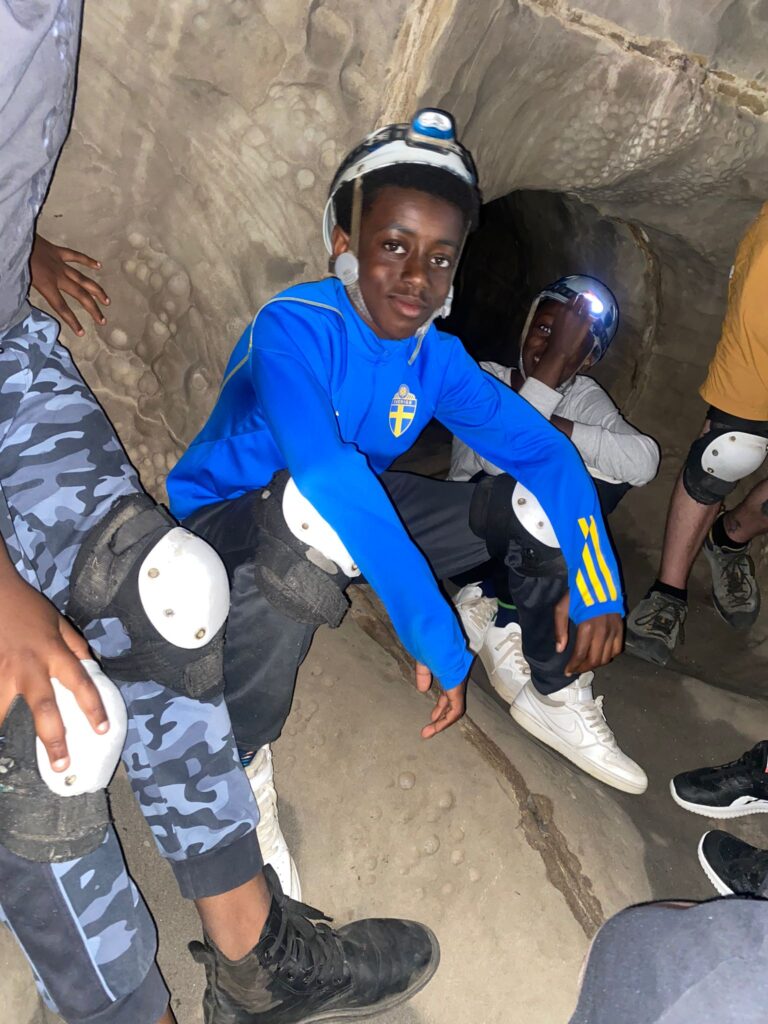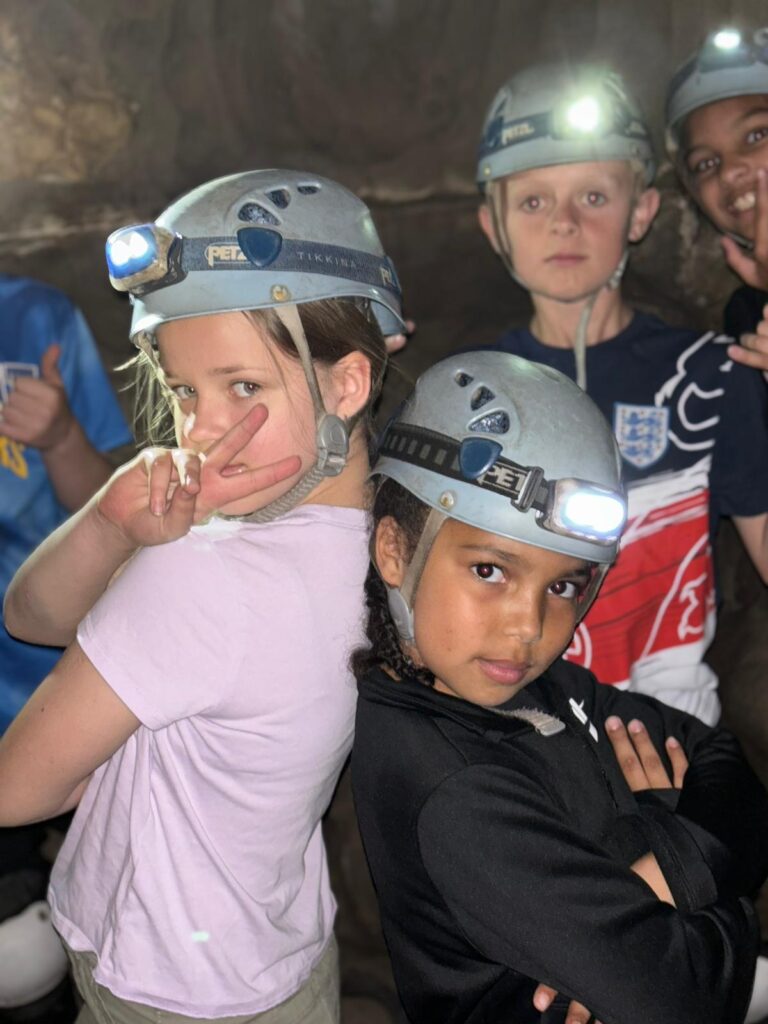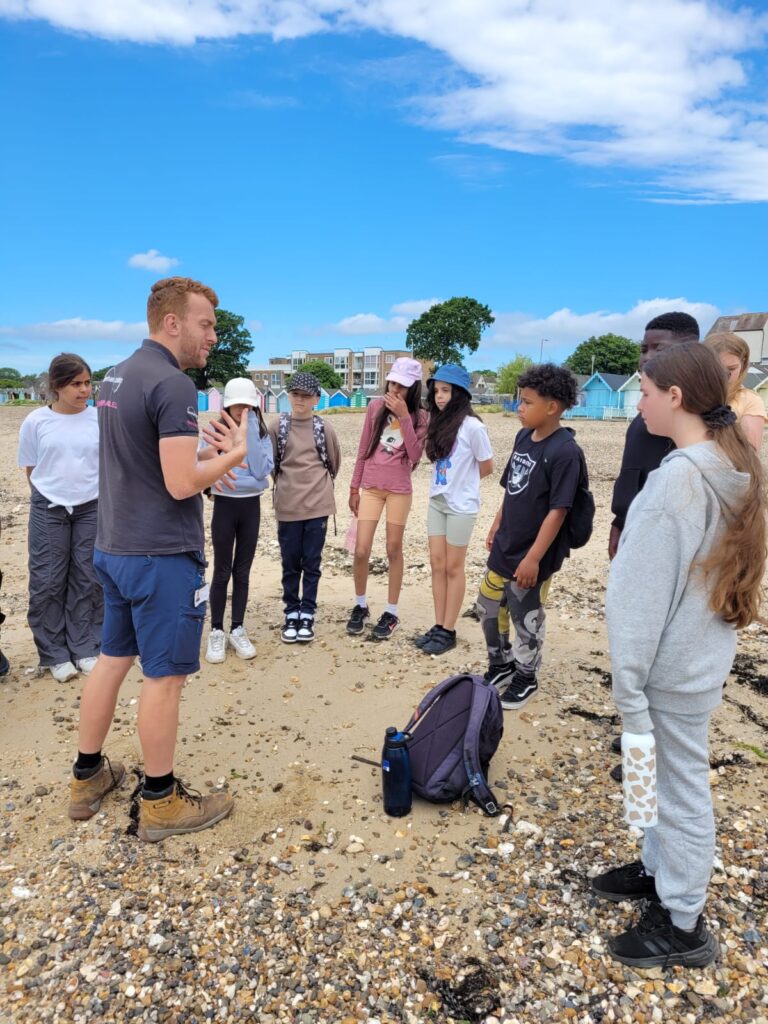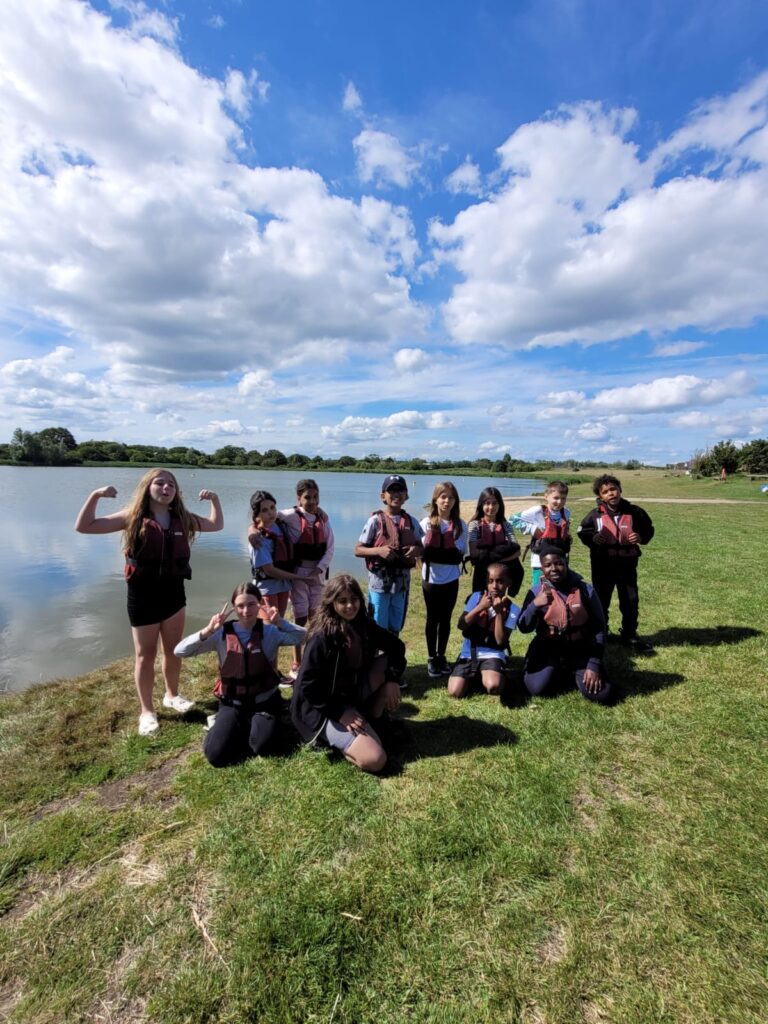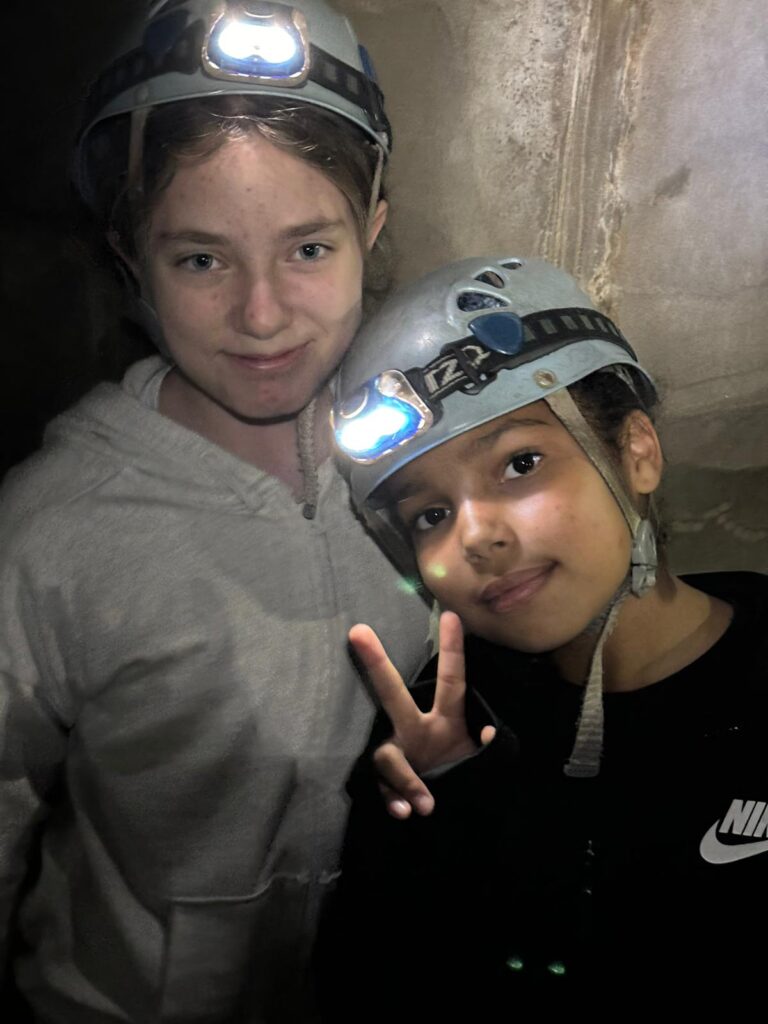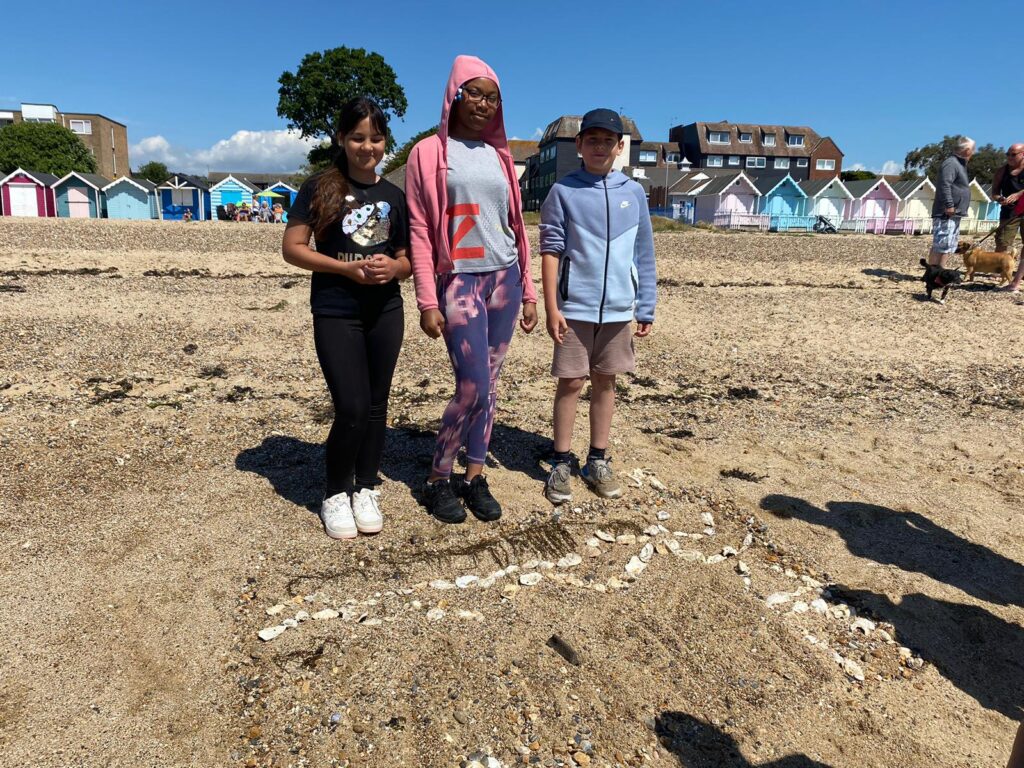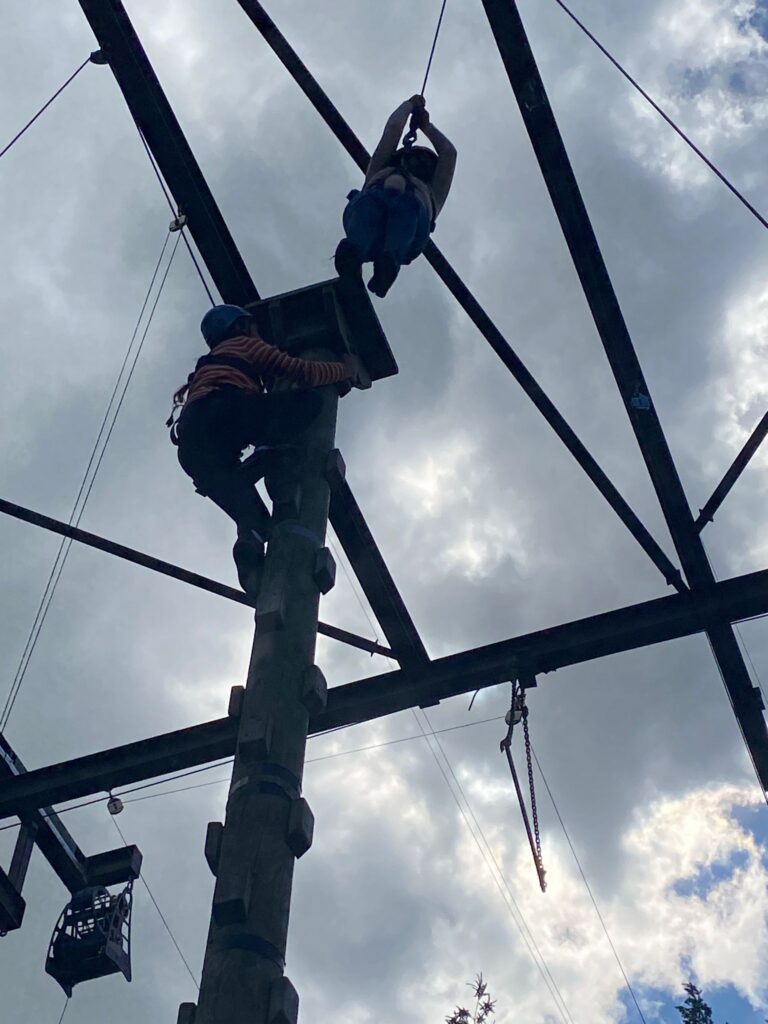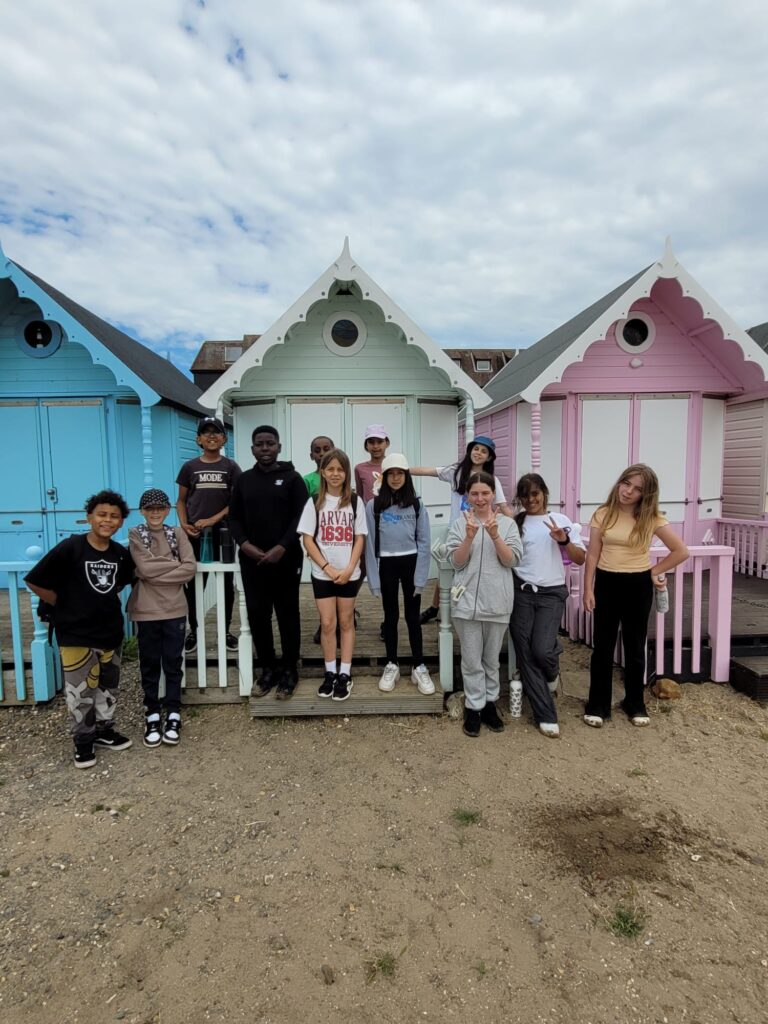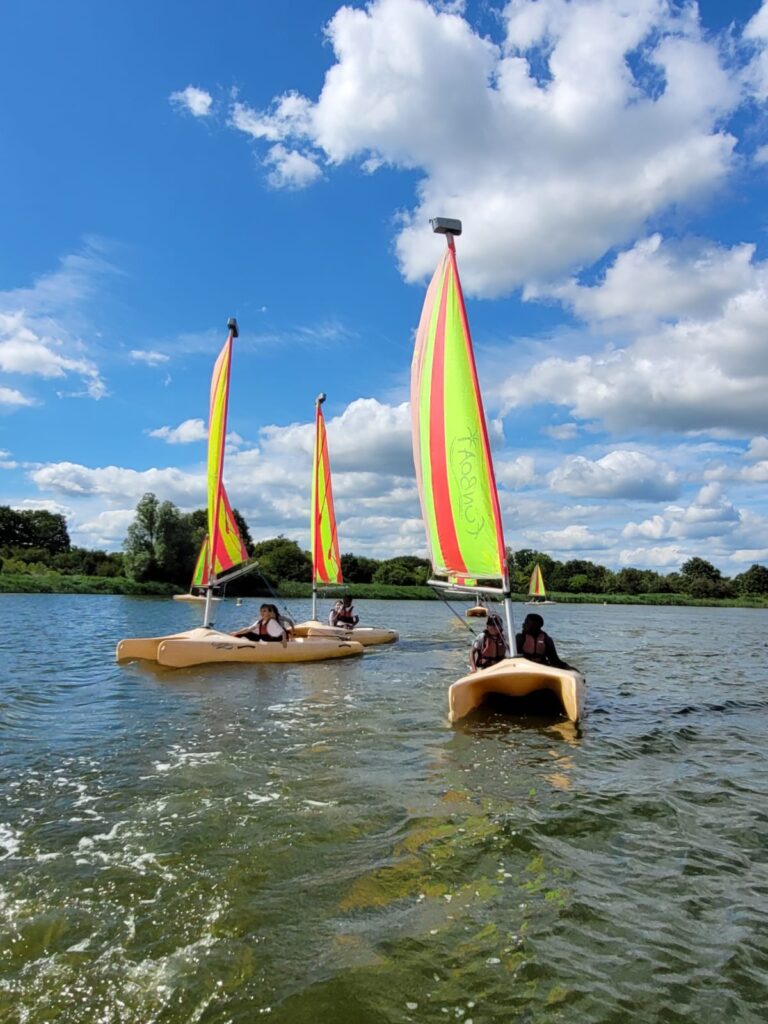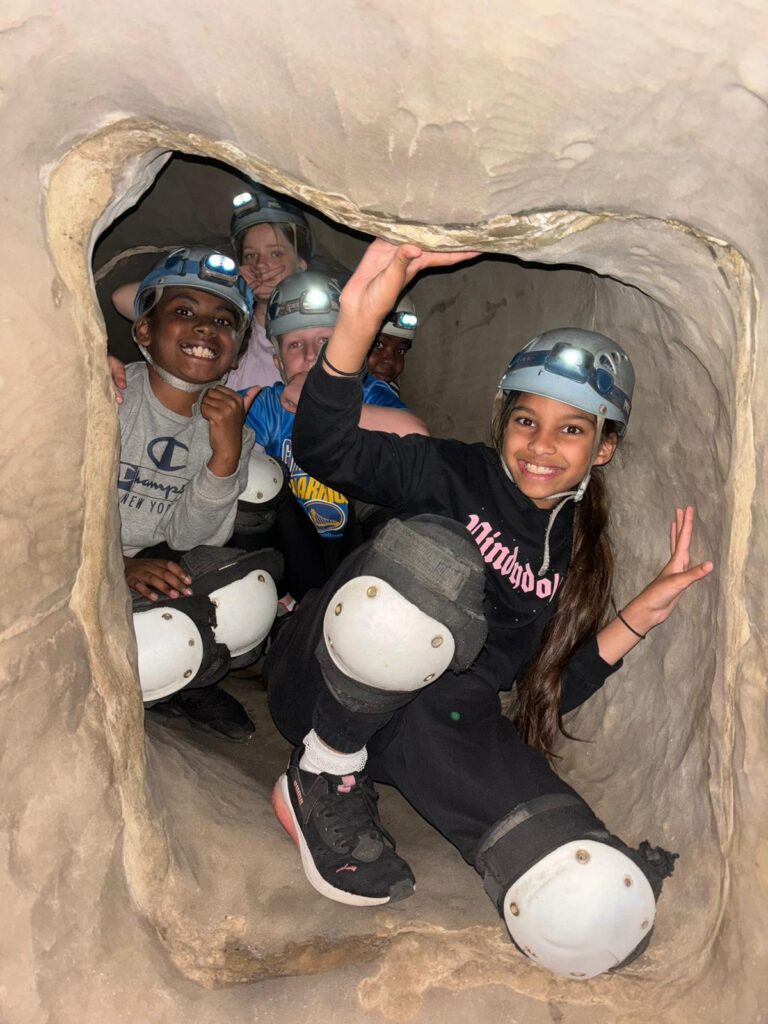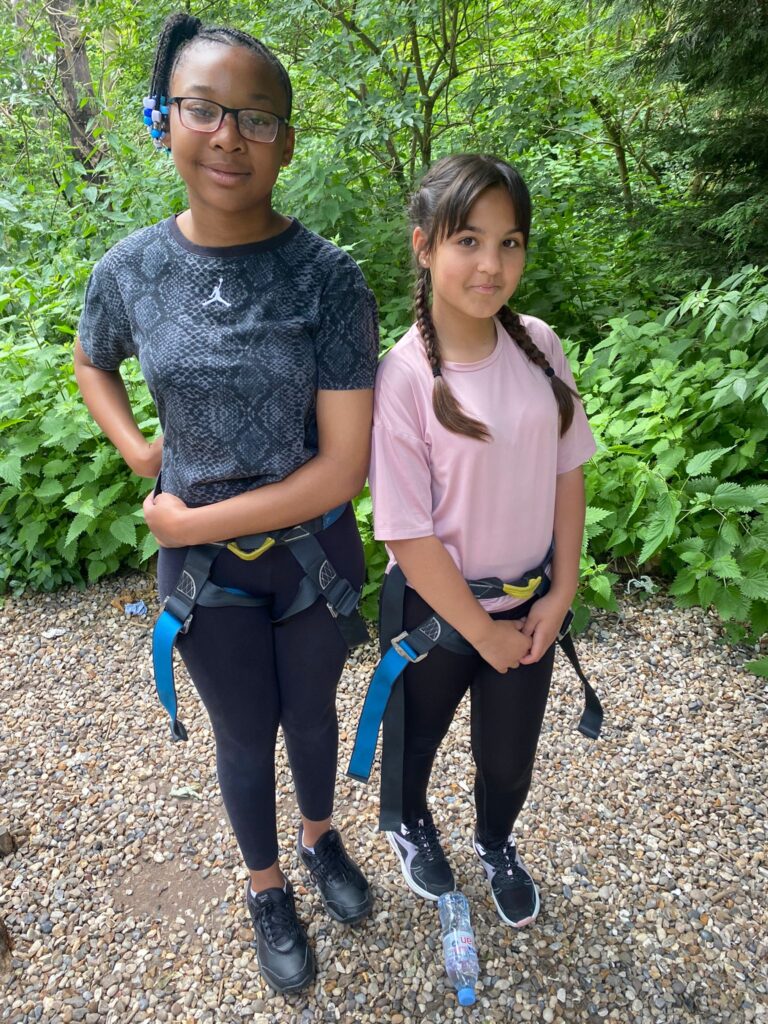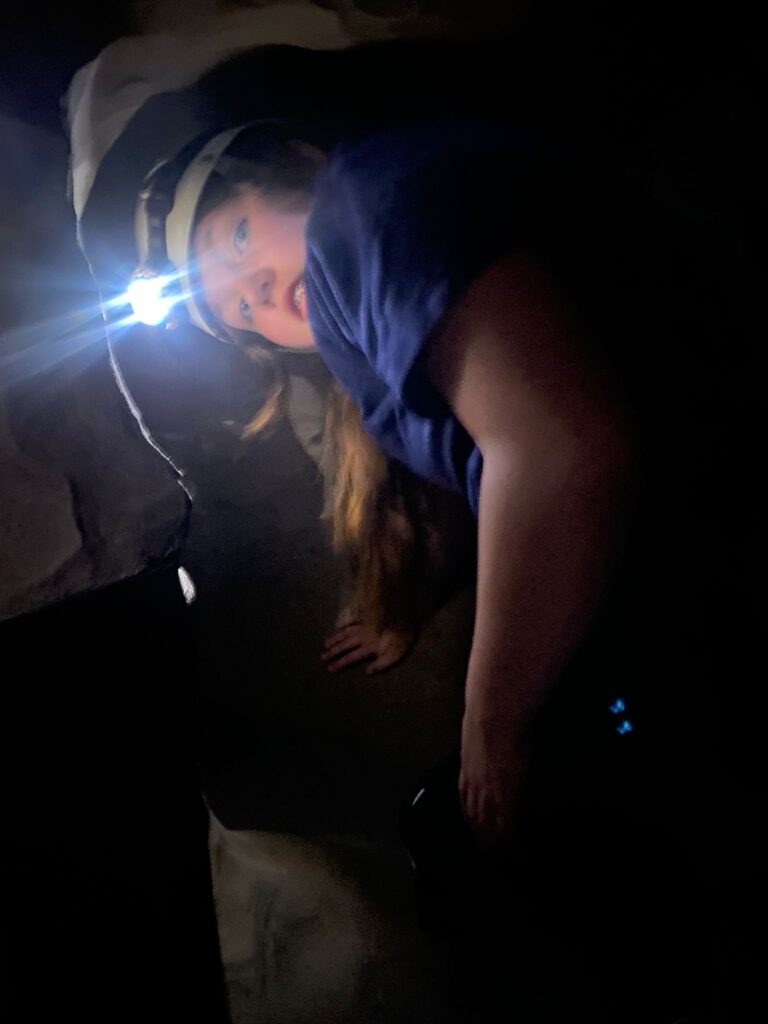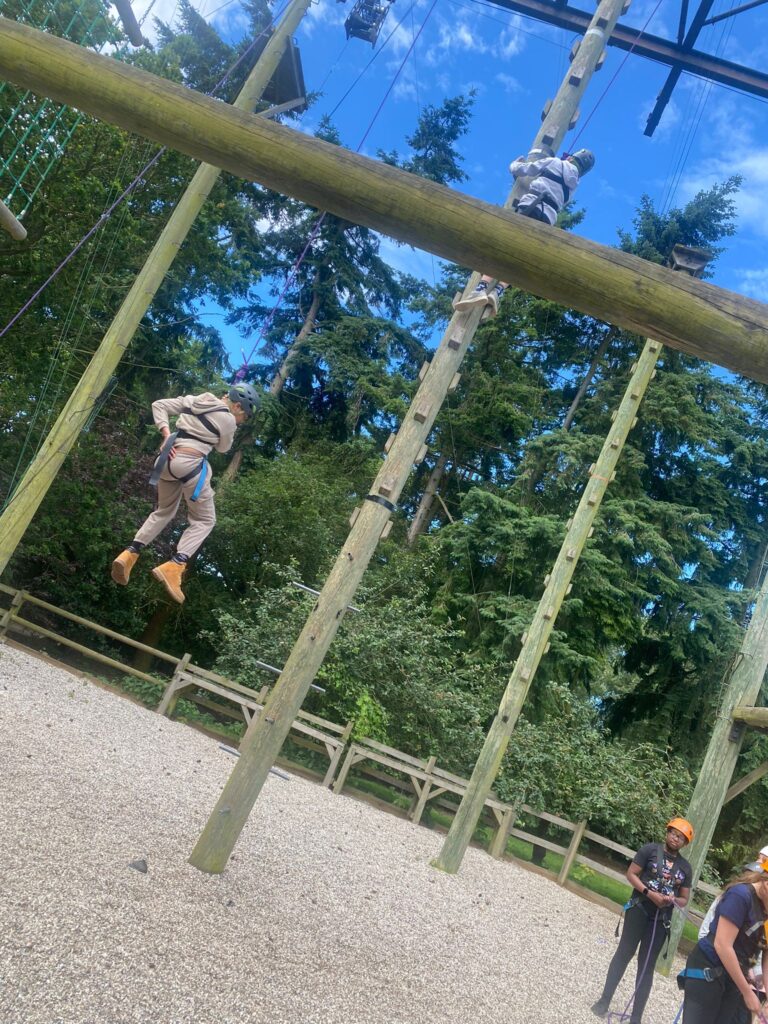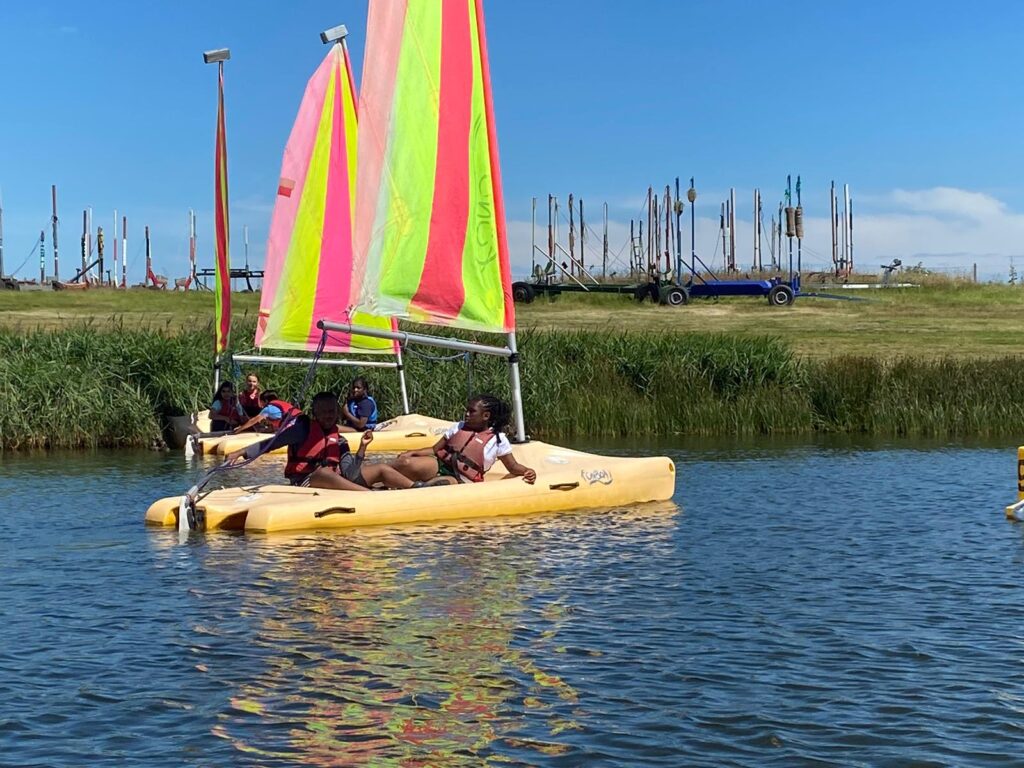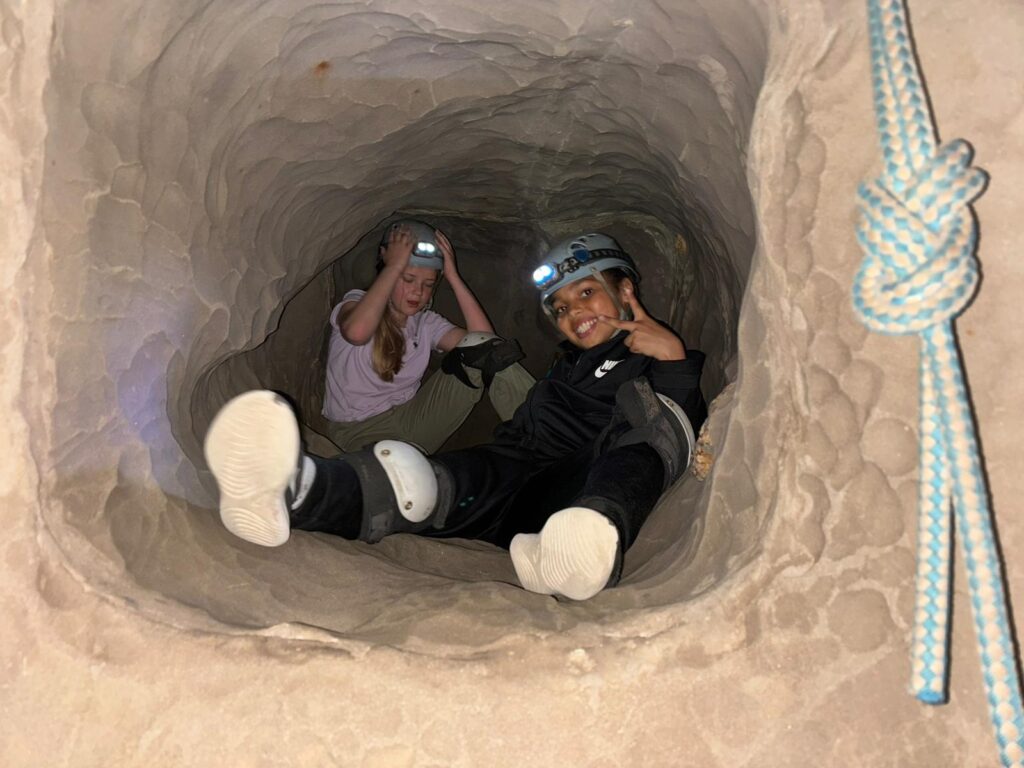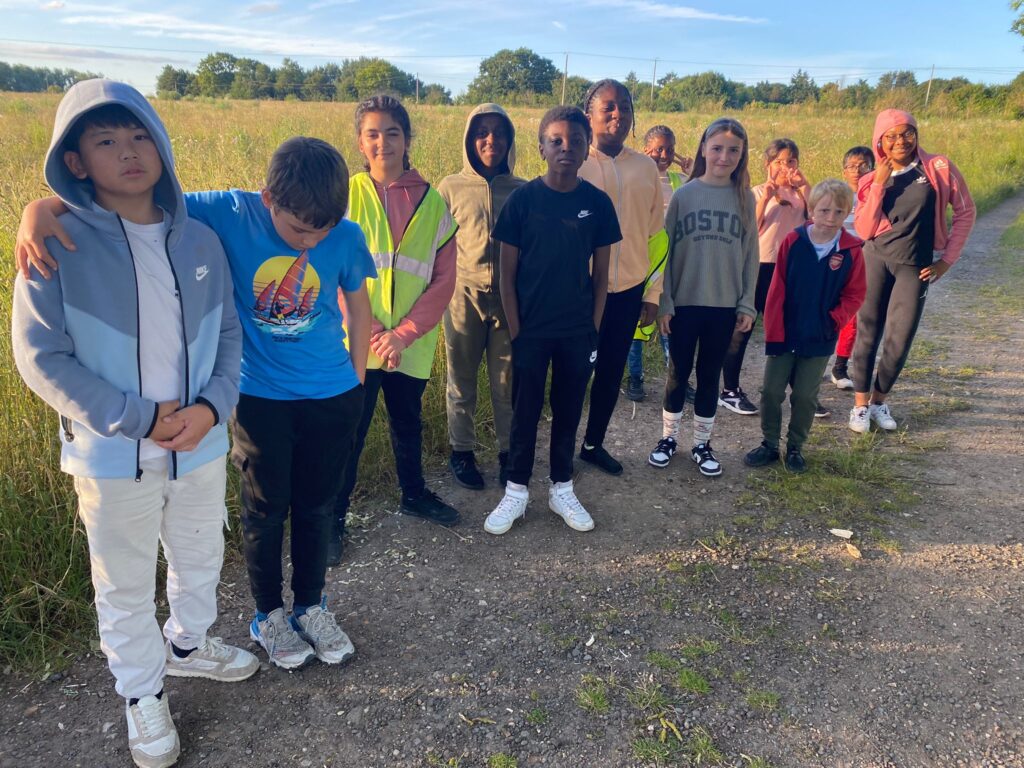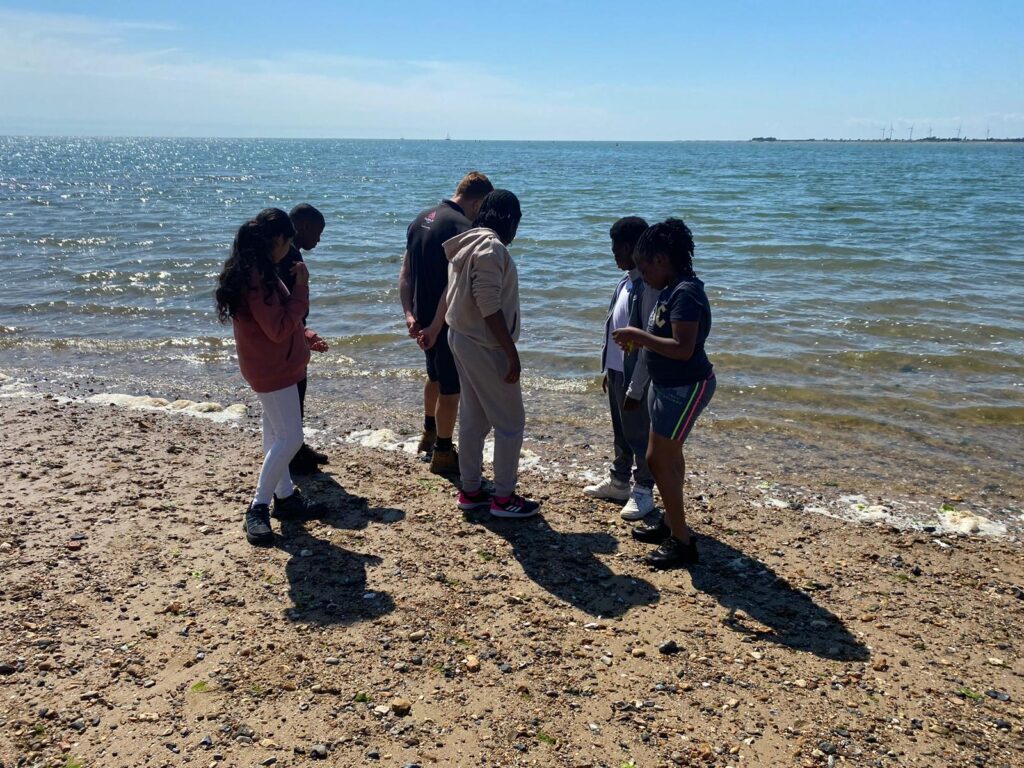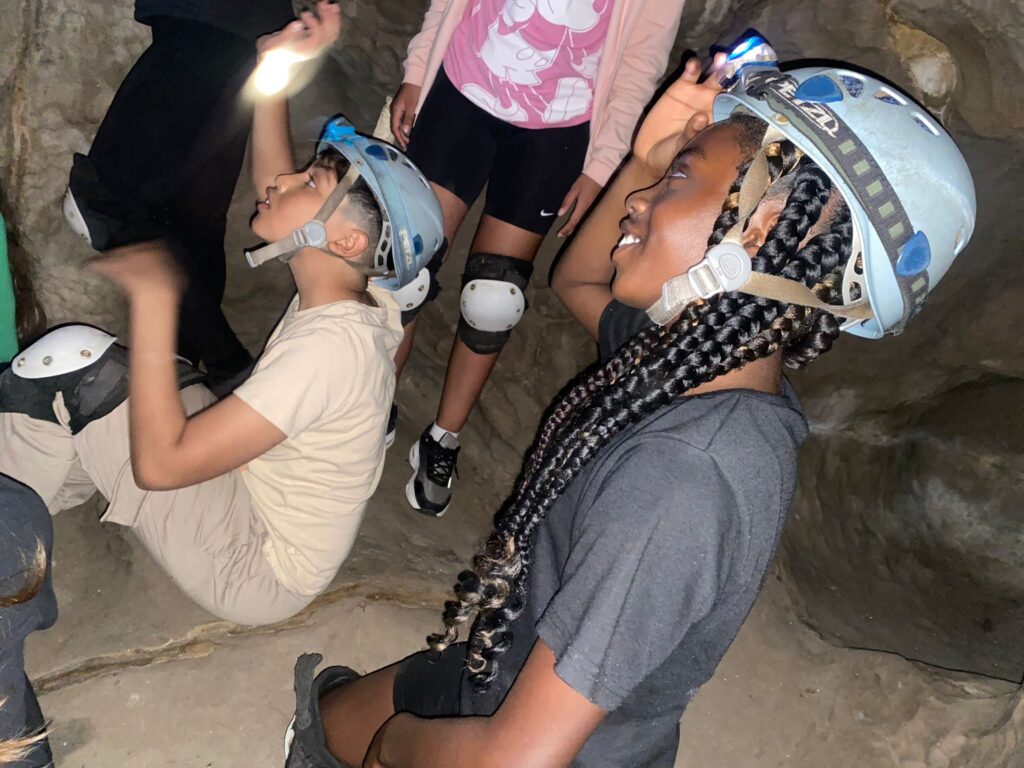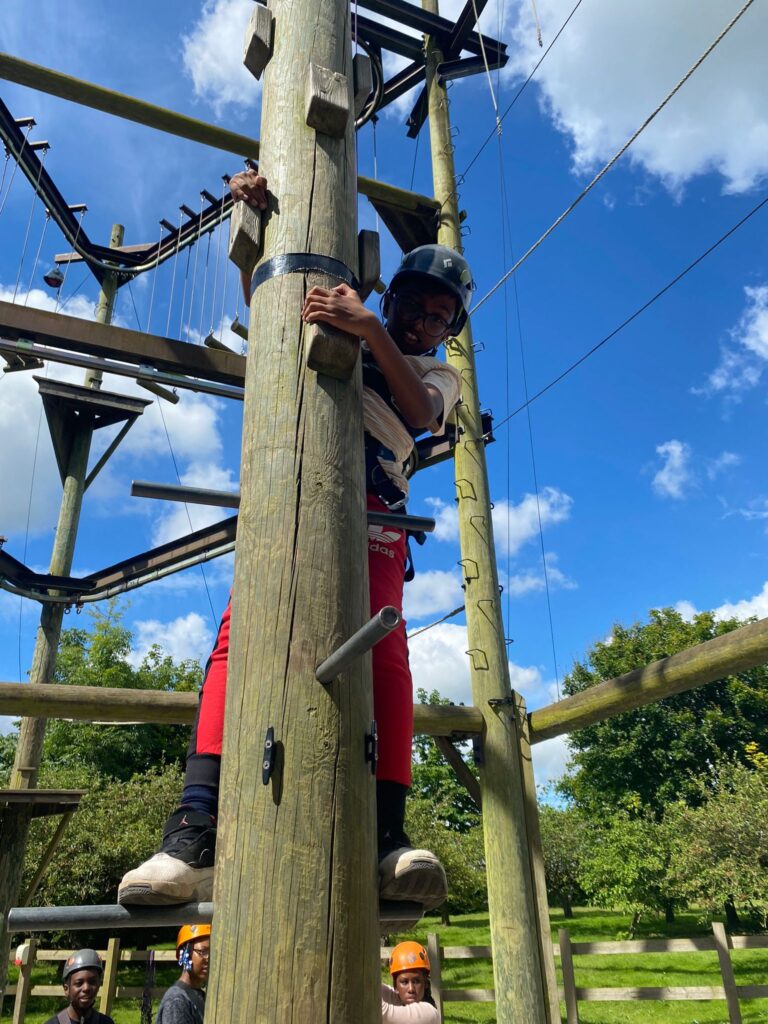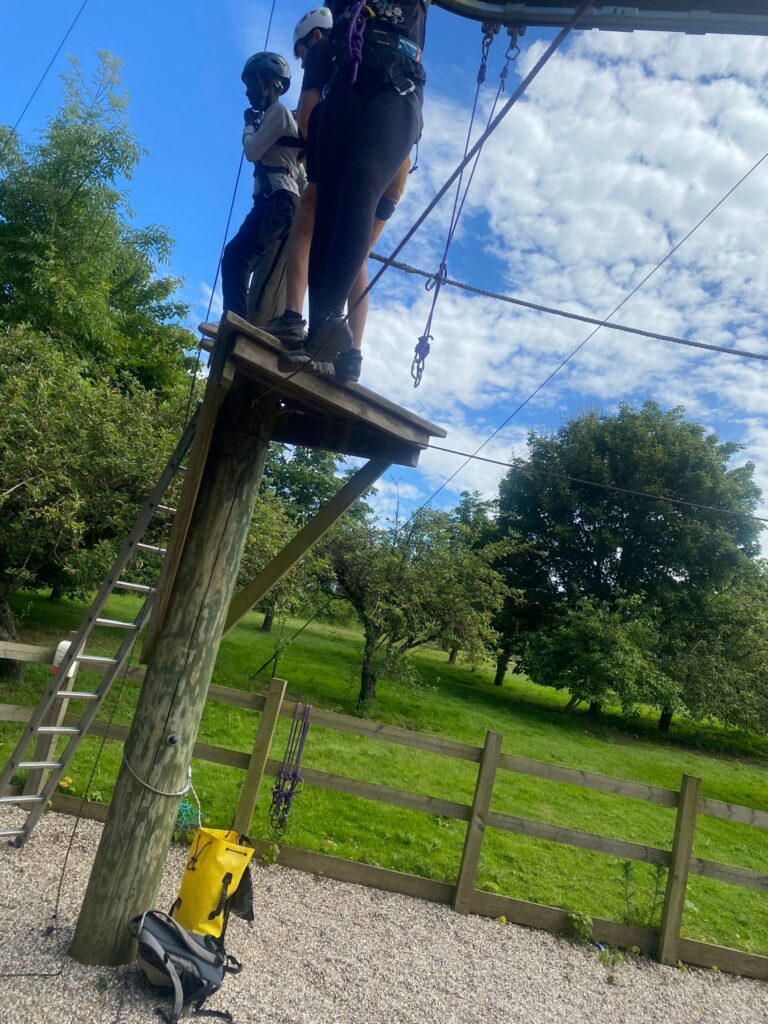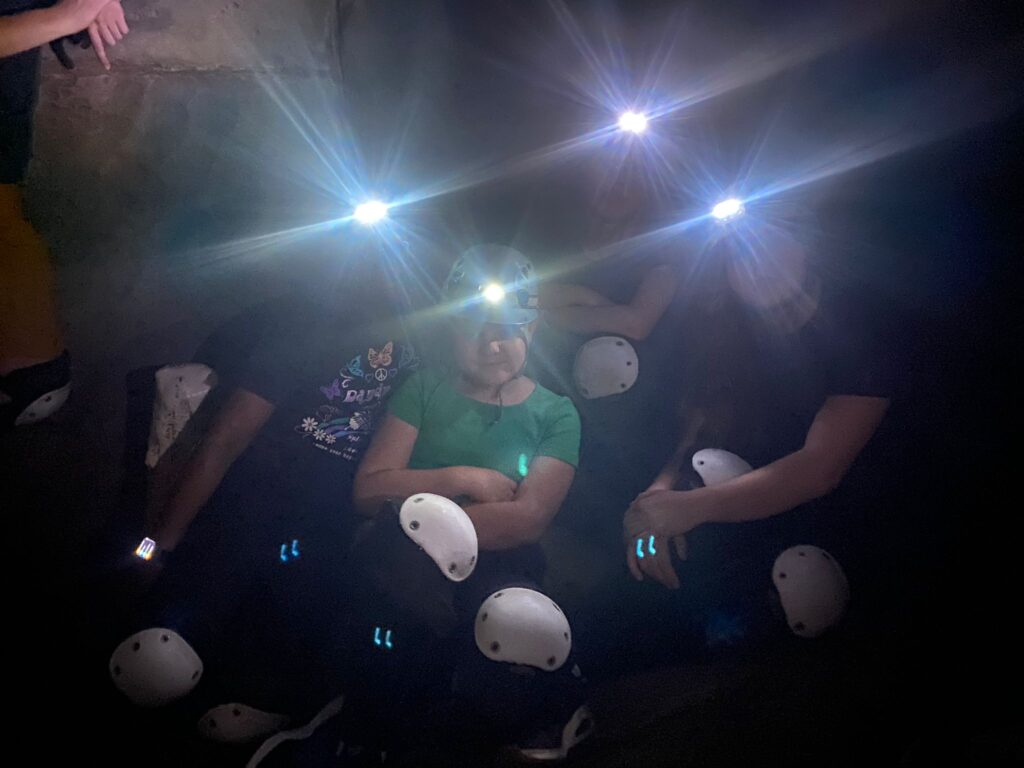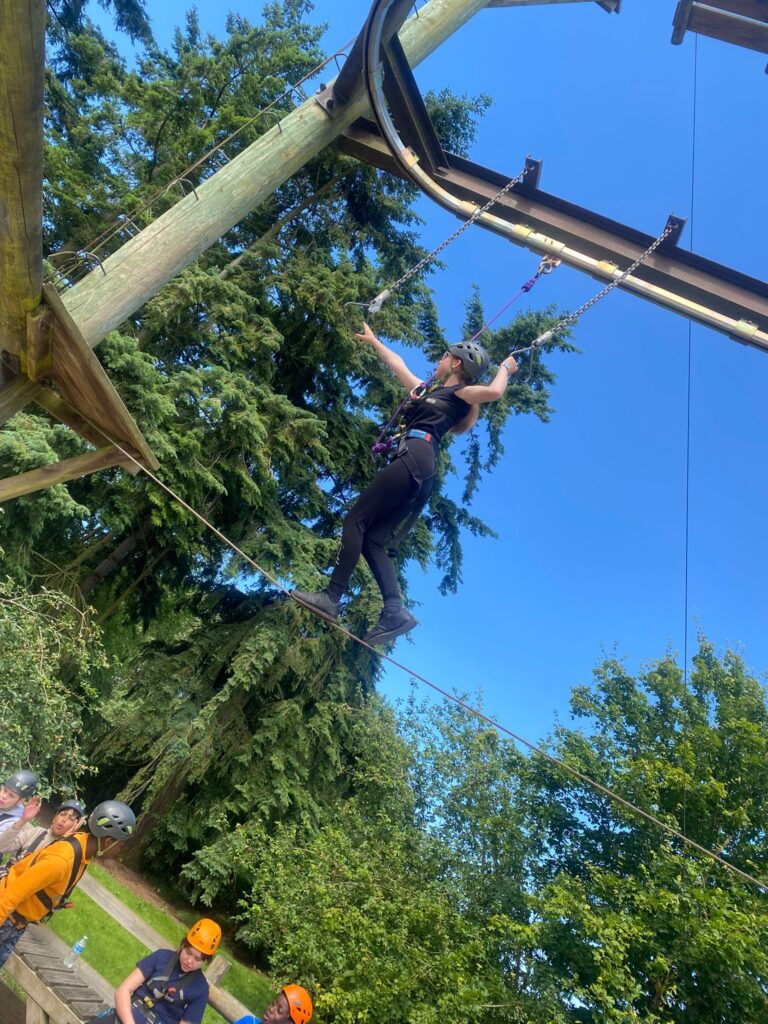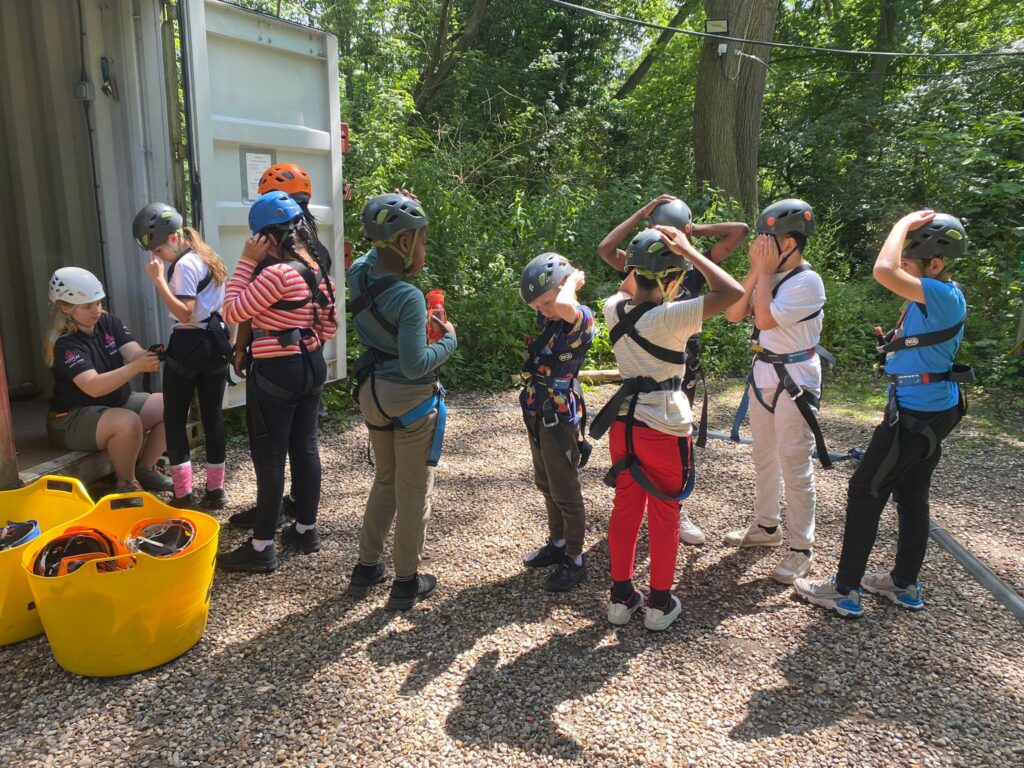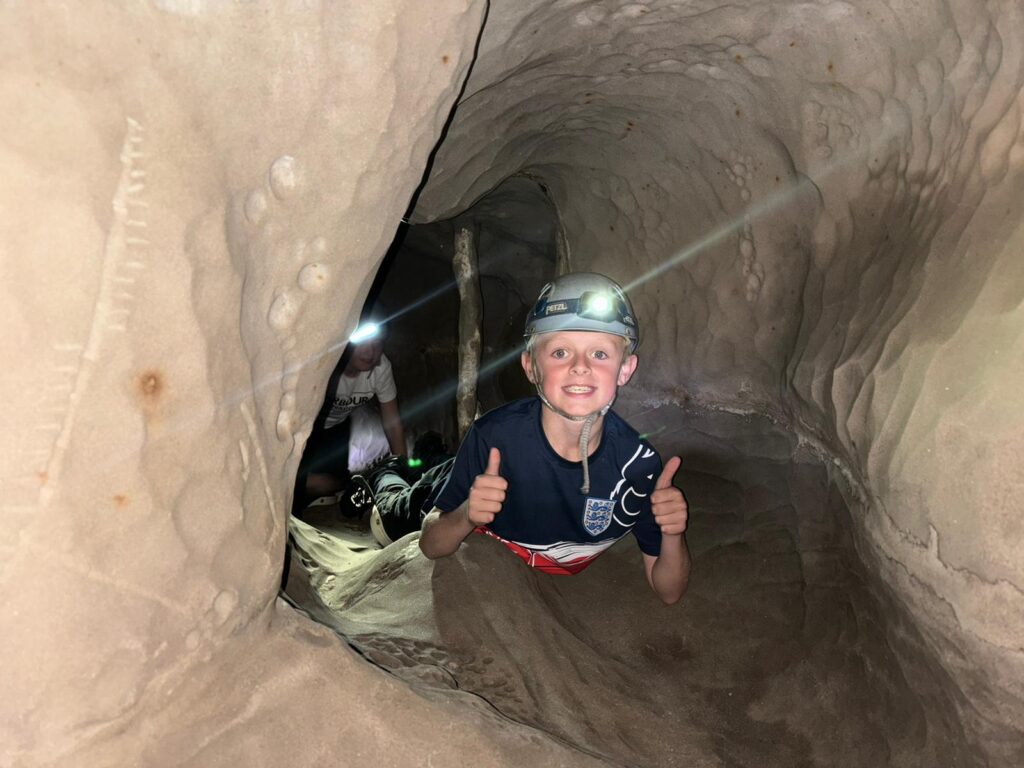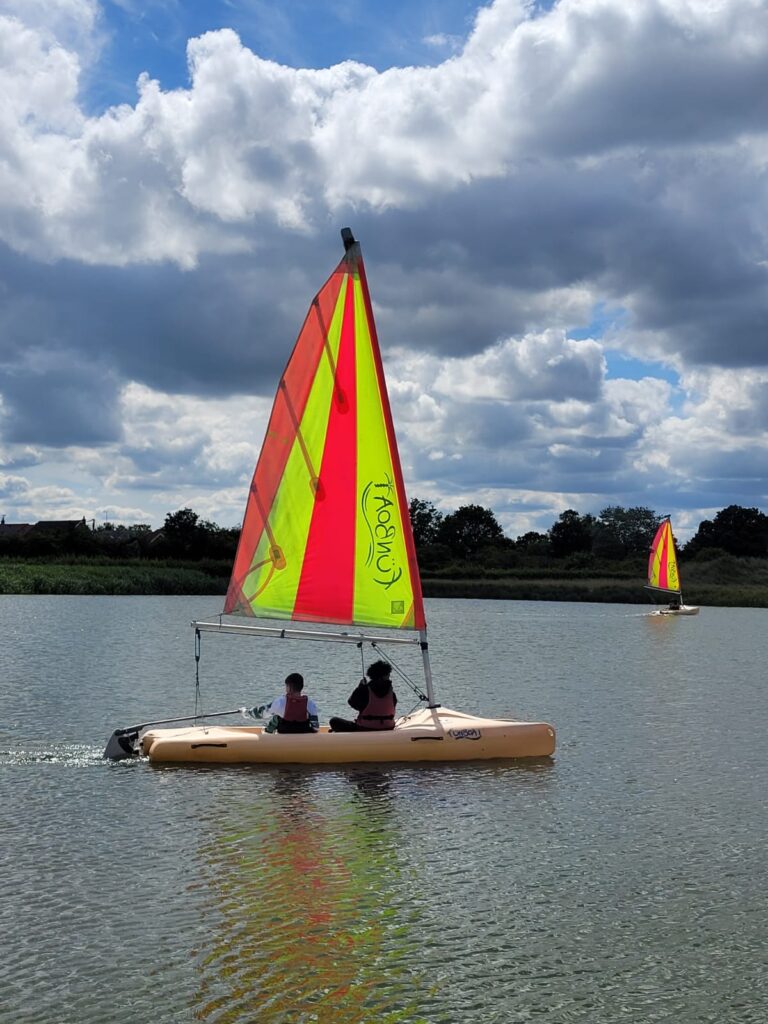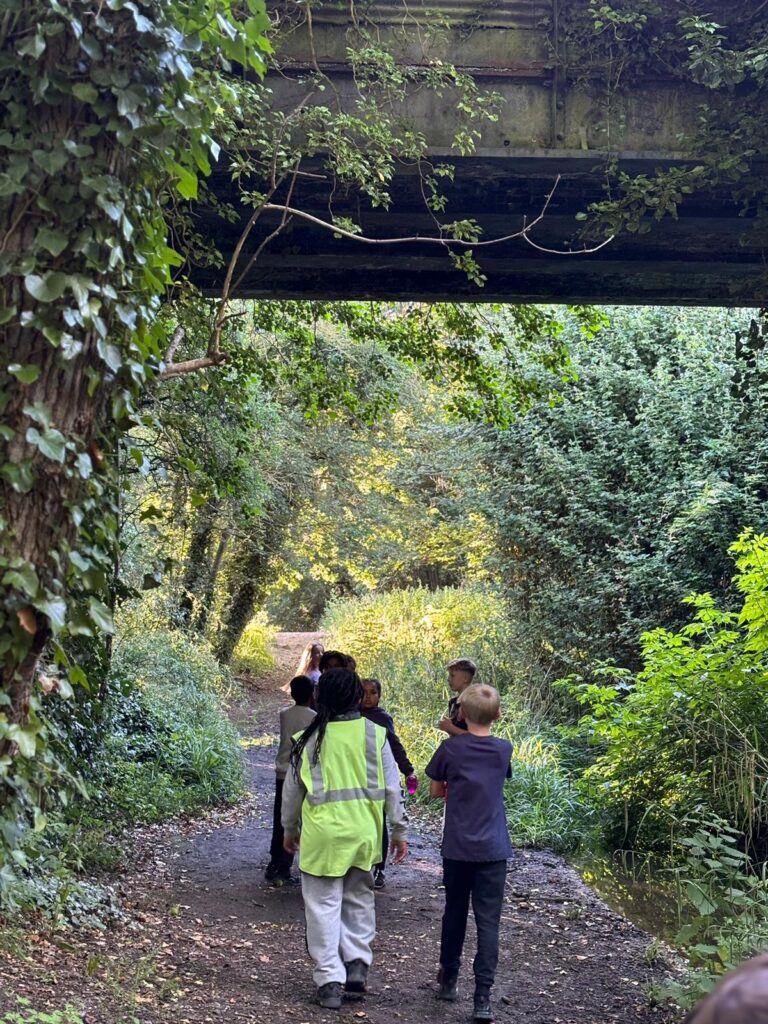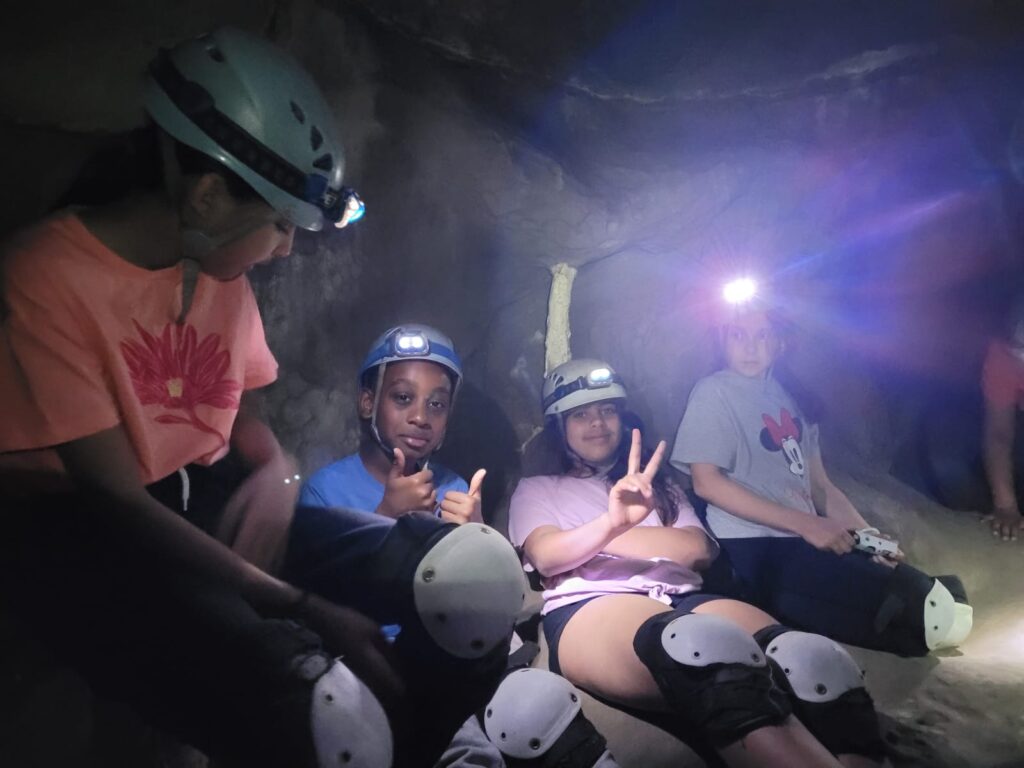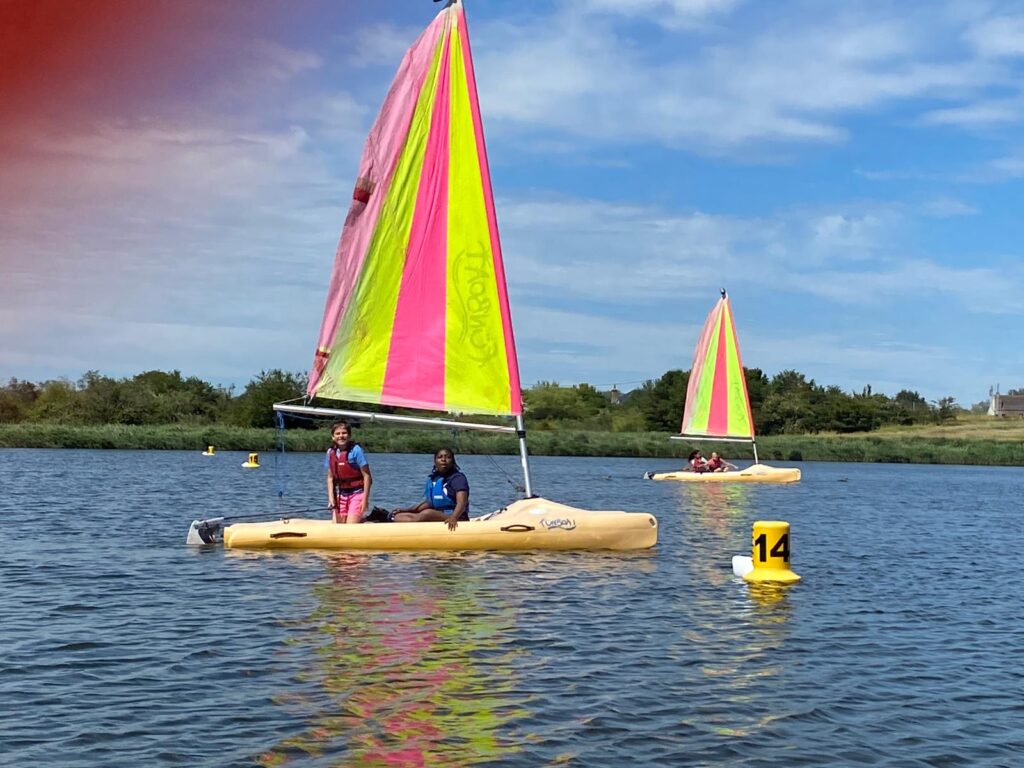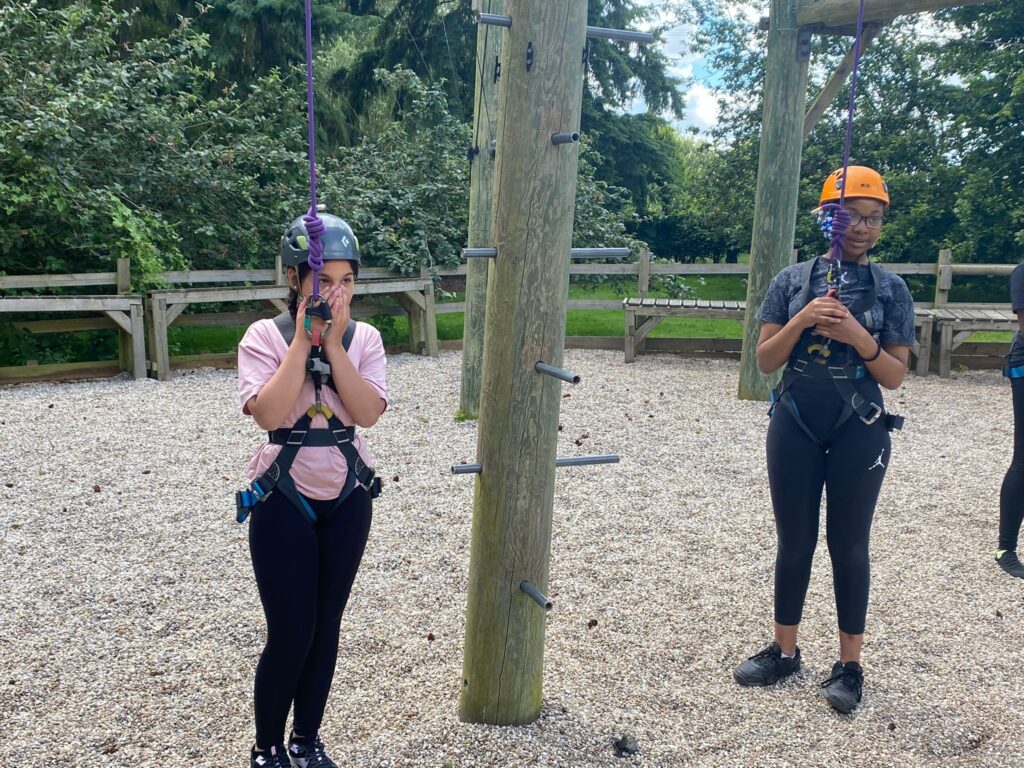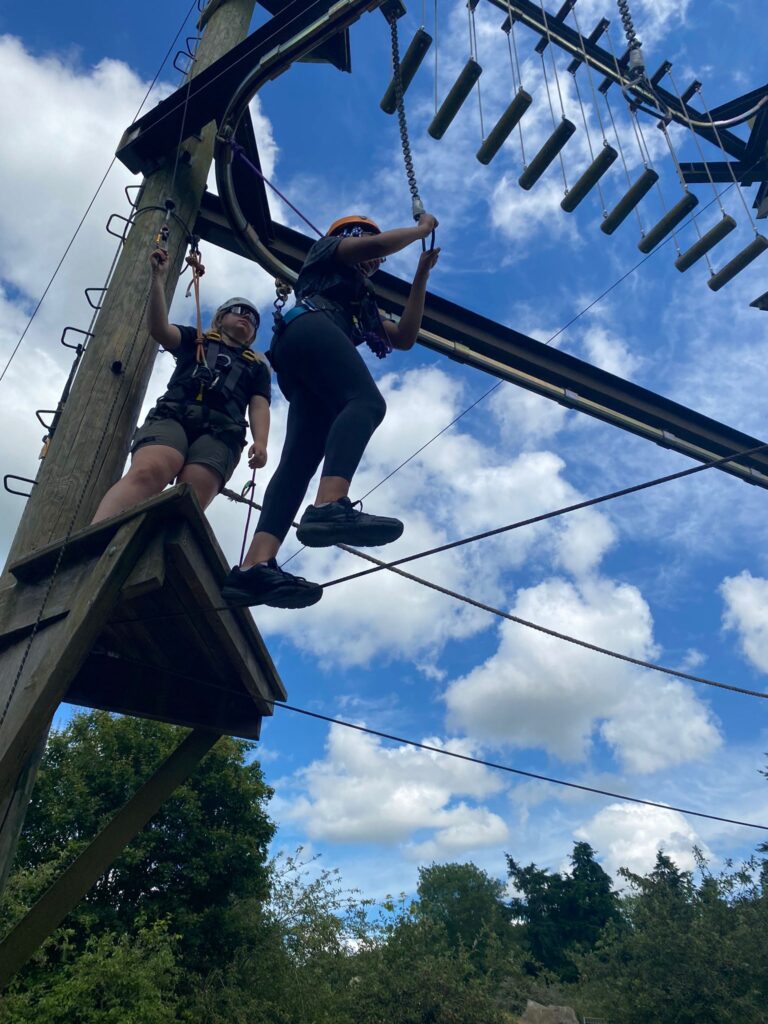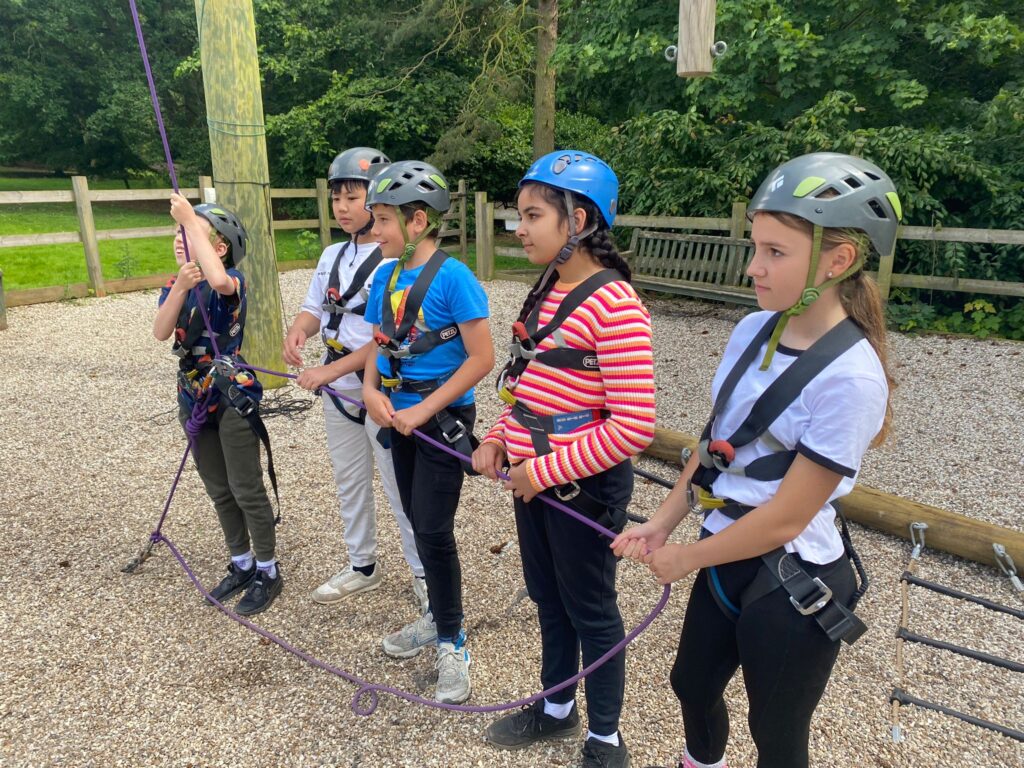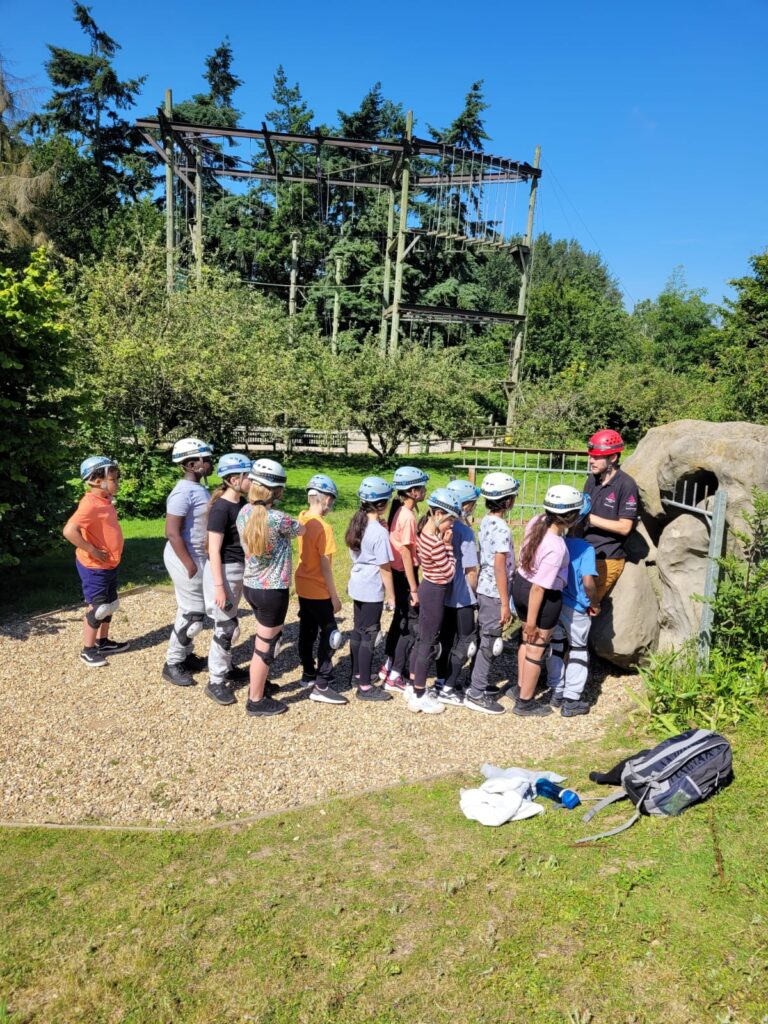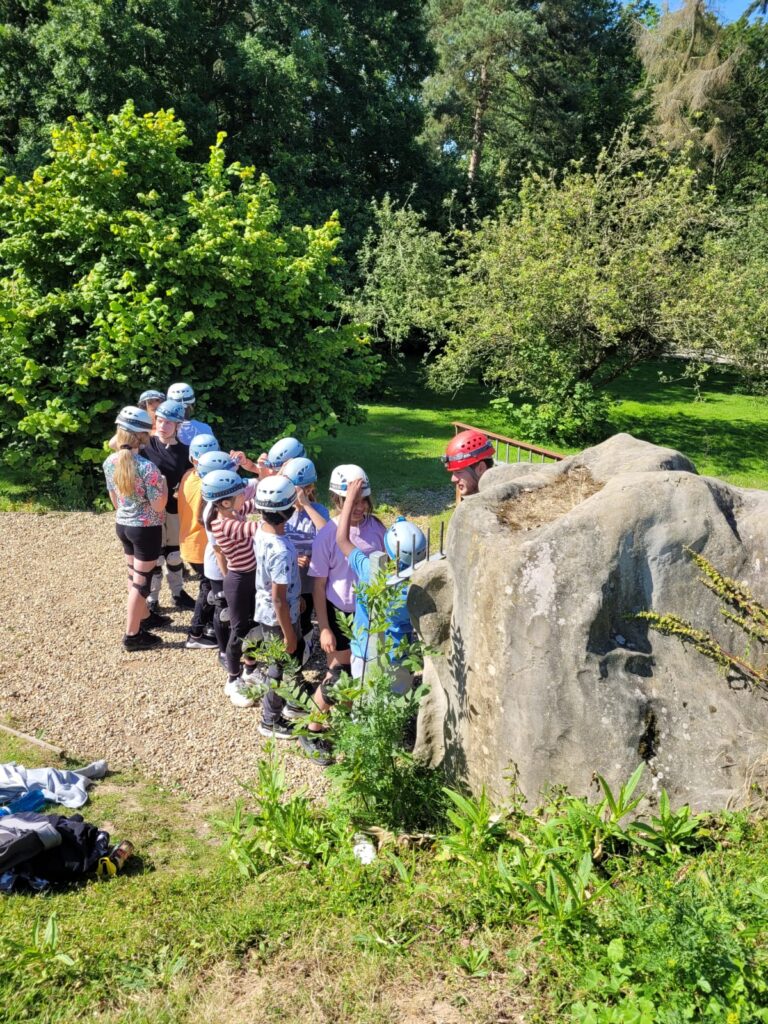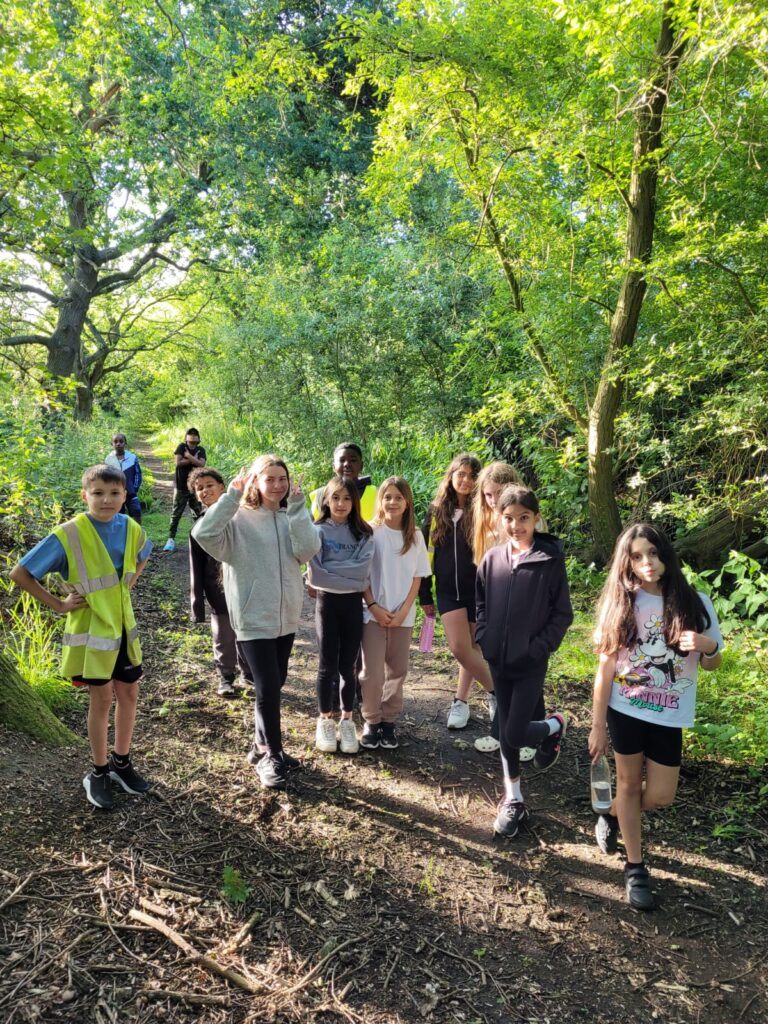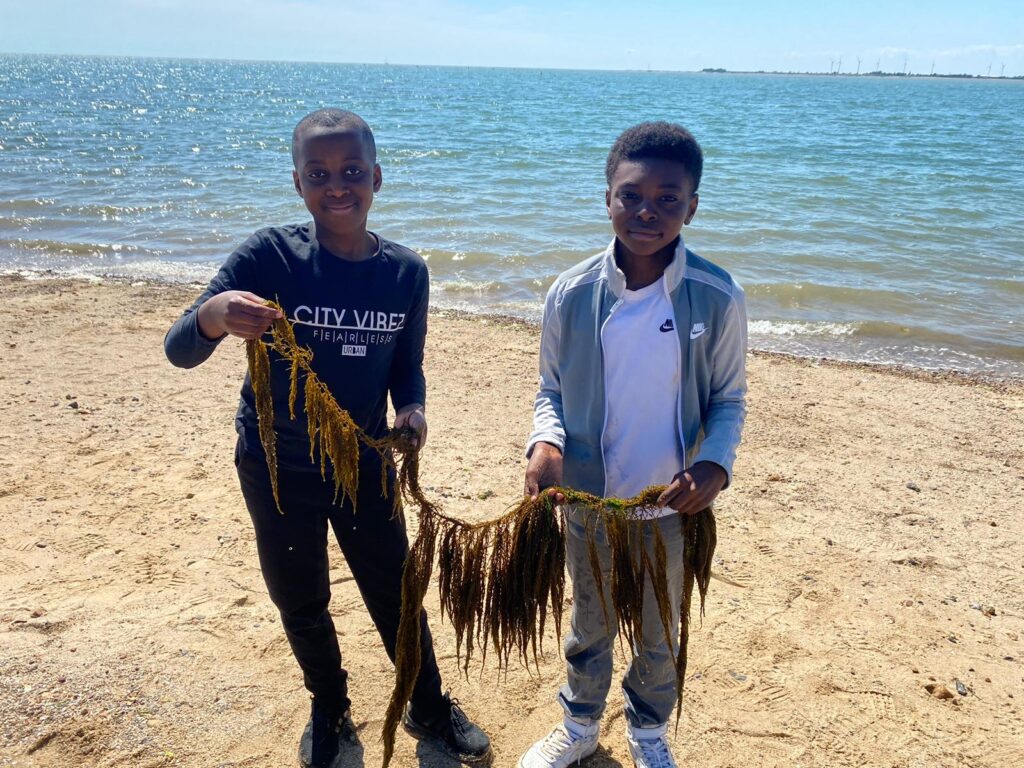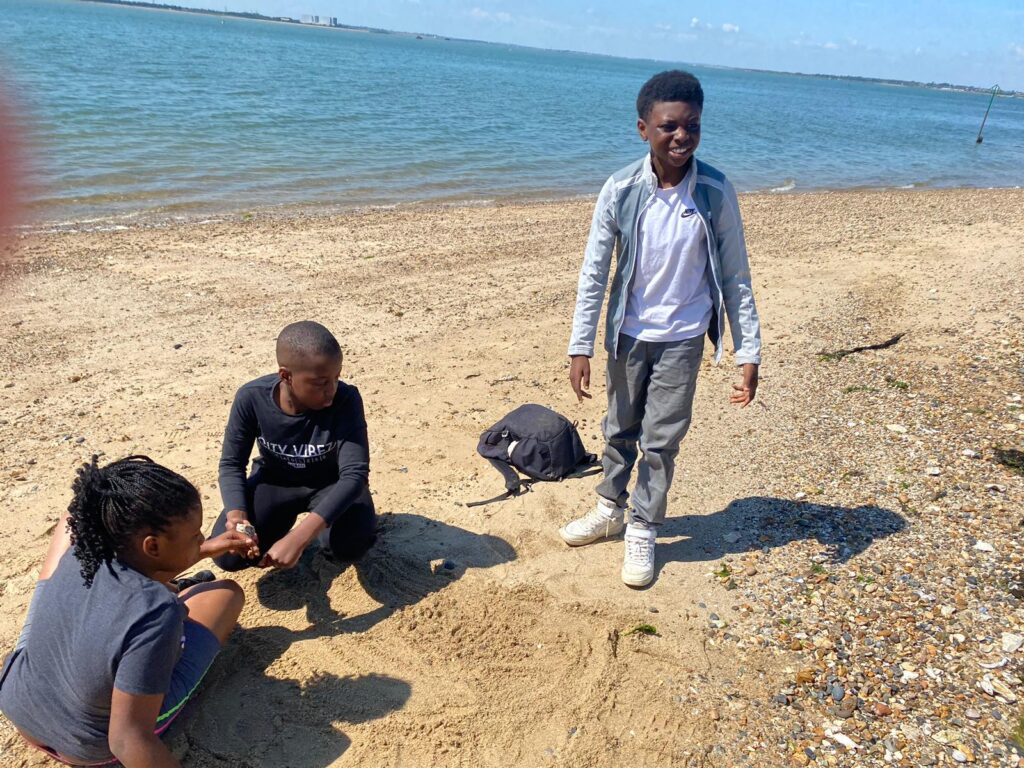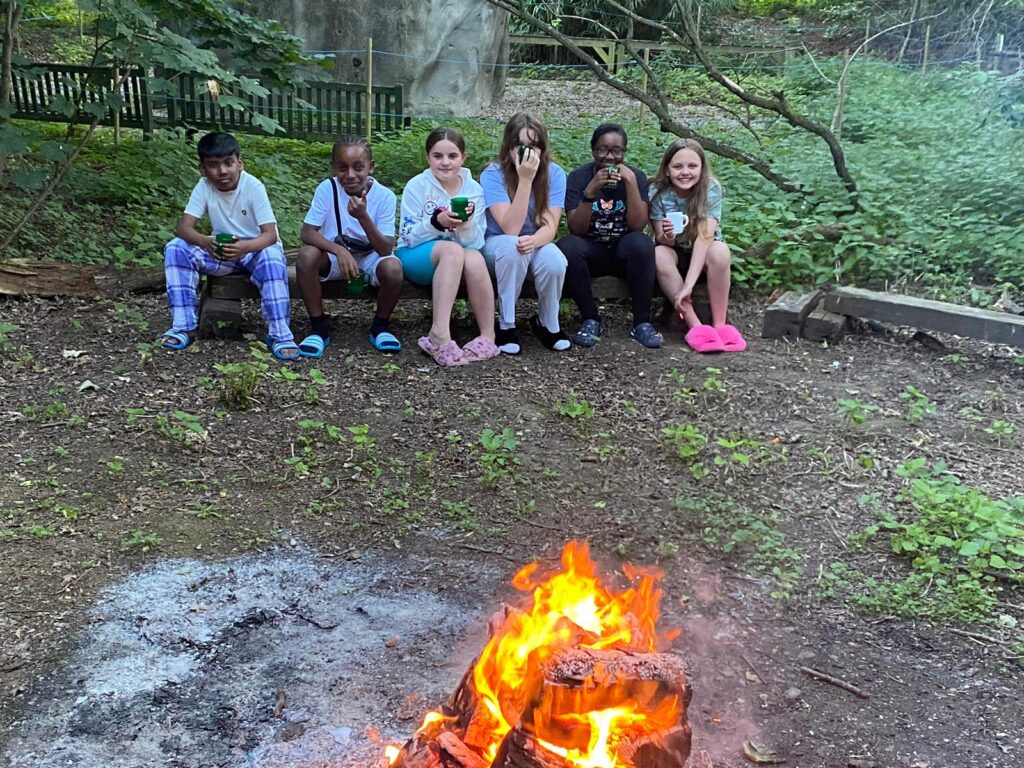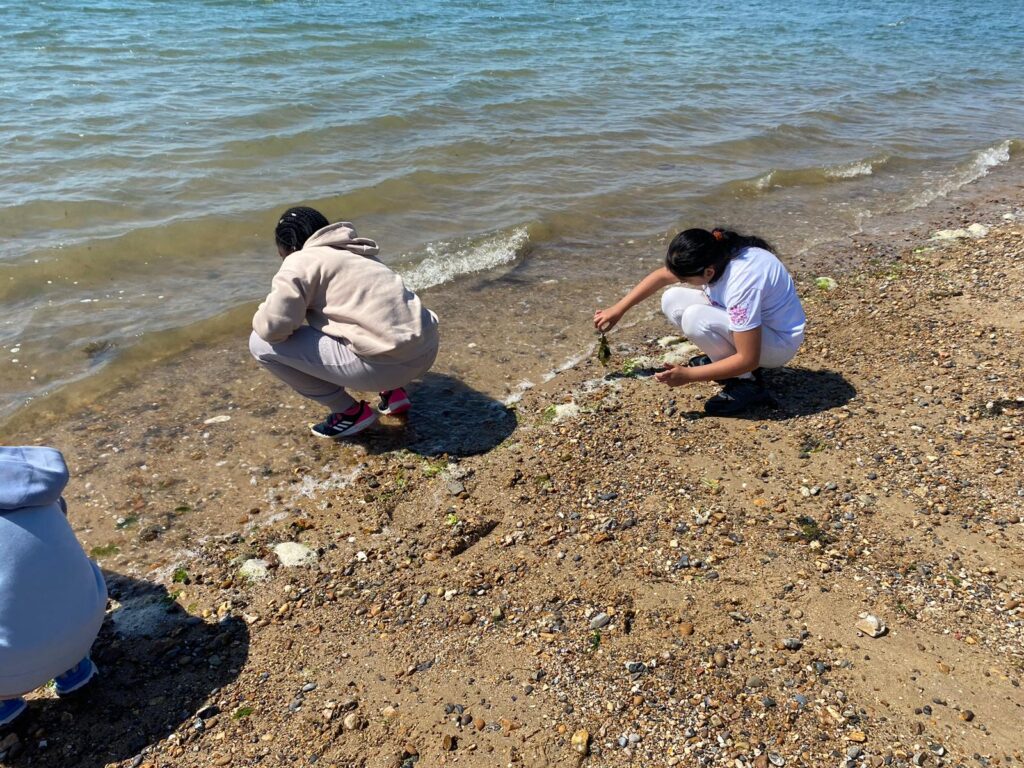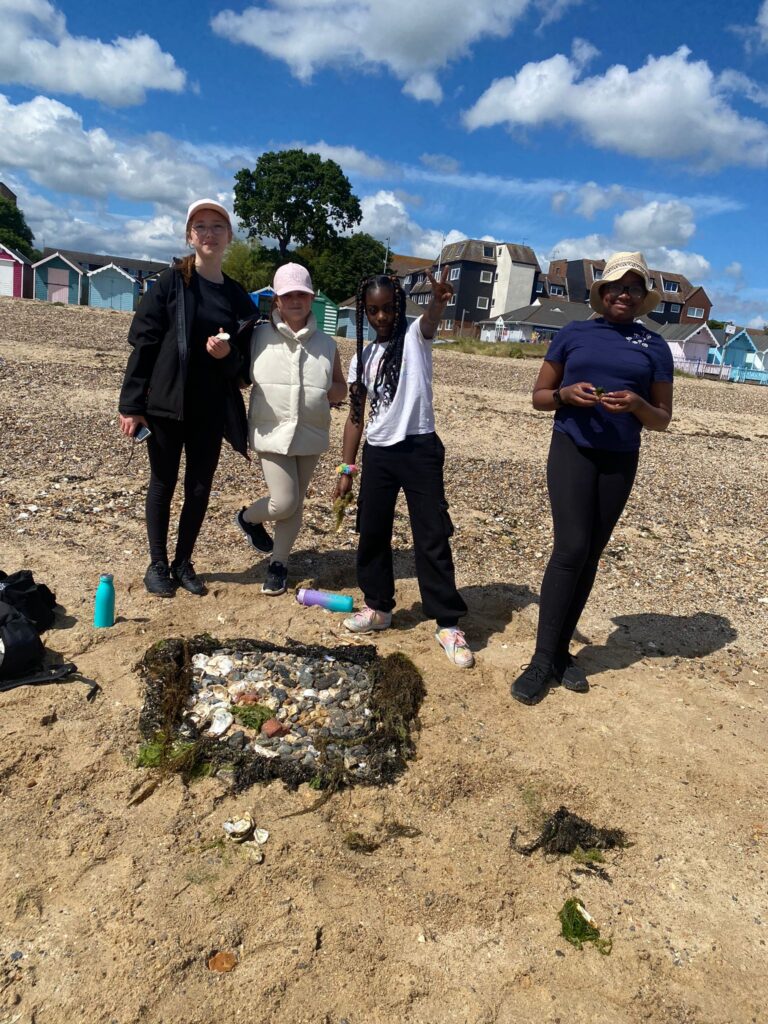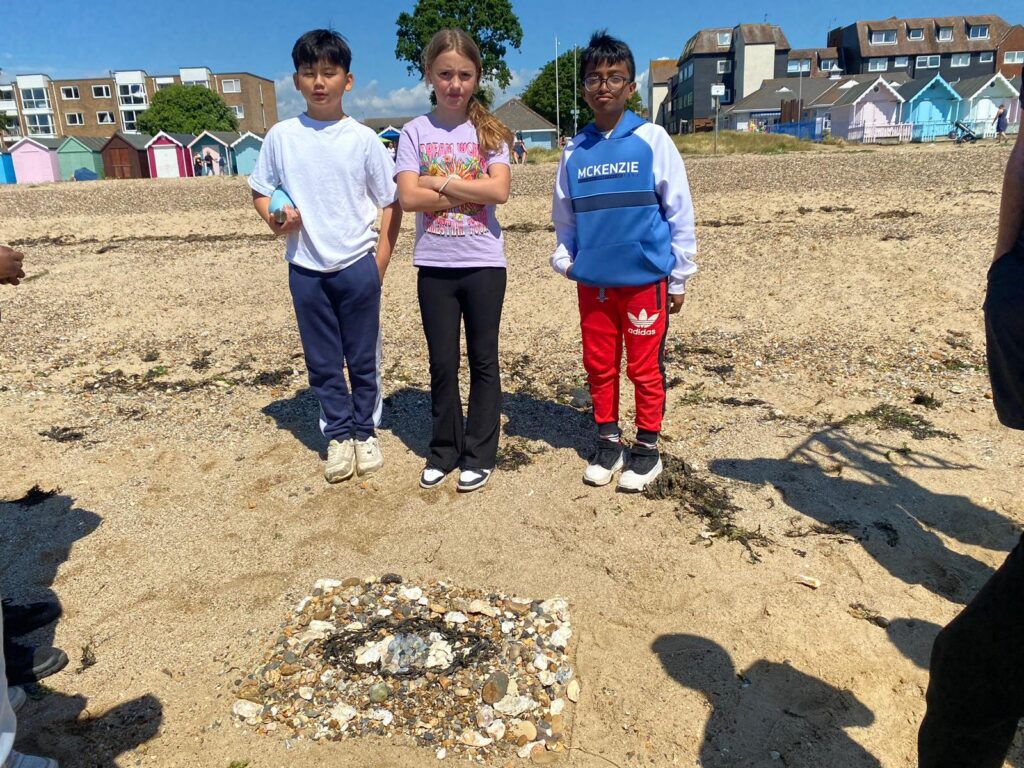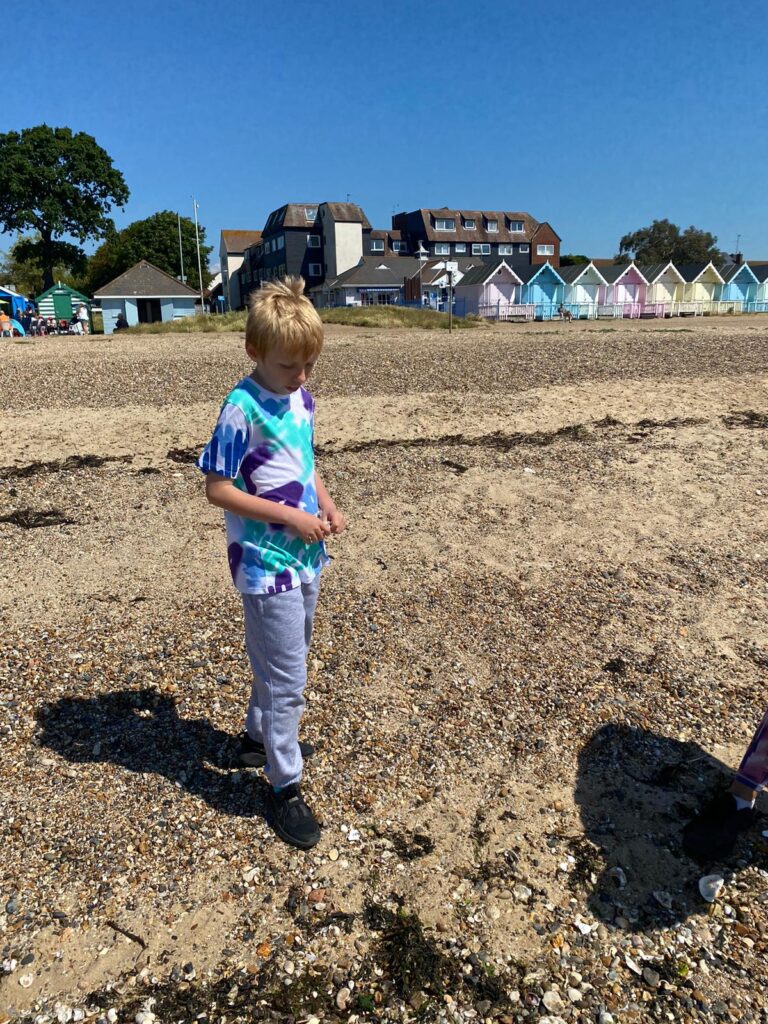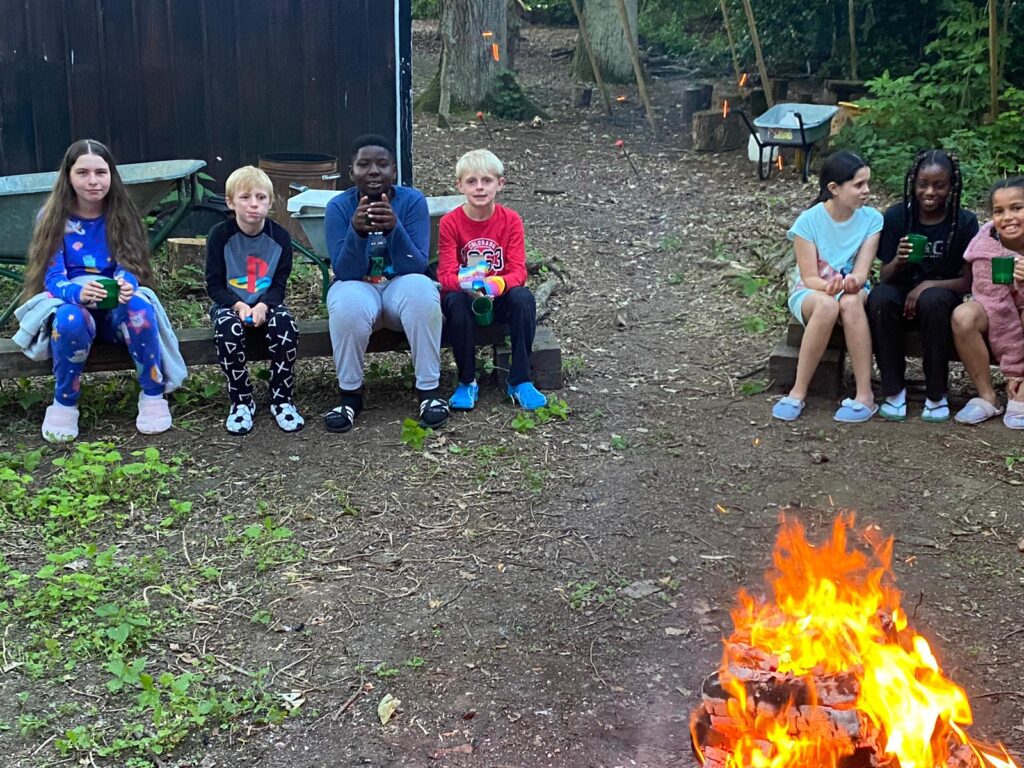Welcome to Our Curriculum Page
Curriculum Intent
Our curriculum has been designed to ensure full coverage of the EYFS Statutory Framework and the National Curriculum. Our spiral curriculum provides children with a wide range of opportunities to revisit and build upon previous knowledge and skills. We want our pupils to have a strong moral sense so they become responsible and respectful members of society.
Our curriculum is designed to foster critical thinkers, questioning the world around them. At our school, children benefit from quality first teaching. Our ambitious and aspirational curriculum inspires a love of creativity where children enjoy learning and embrace challenge in a positive manner. We want our children to become lifelong learners.
We are an inclusive school where every child is celebrated, accepted and valued. Our curriculum is designed to celebrate and represent our cultural diversity. Our curriculum is engaging, contextualised and enables children to acquire the knowledge and develop the skills needed to thrive in a modern-day world.
We know that in our local ward there are:
· 64.3% deprived households – higher than the borough average (62.4%)
· 23.8% adults with no qualifications – higher than the borough average (22.7%)
Source: View Here
We know that our borough has:
· The highest score in London for employment deprivation
· The highest score in London for Education, skills and training deprivation
Source: View Here
We strive to offer our children, some of whom are from deprived backgrounds, the highest quality education and opportunities to experience learning outside of the classroom.
Curriculum implementation: please click on the image to access this document.
Curriculum Impact
Rigorous monitoring of our curriculum ensures quality first teaching is being delivered in all of our classrooms. Learning is assessed in all curriculum areas to ensure that teaching is effective and meets the needs of all our pupils. Teachers continuously reflect on the curriculum and consider adaptations for future learning. We aim for children to leave John Perry Primary School as well-rounded individuals who are ready for the next stage in their education.
How we cover the Prevent strategy across the curriculum
Our curriculum promotes respect, tolerance and diversity. We are committed to ensuring that our pupils are offered a broad and aspirational curriculum that aims to prepare them for life in modern Britain. Children are encouraged to share their views and recognise that they are entitled to have their own different beliefs which should not be used to influence others. Our PSHE (Personal, Social, Health and Economic Education) and SMSC (Spiritual, Moral, Social and Cultural) provision is embedded across the curriculum, and underpins the ethos of the school. Teaching the schools’ core values alongside the fundamental British Values supports quality teaching and learning, whilst making a positive contribution to the development of a fair, just and civil society. Children are regularly taught about how to stay safe when using the Internet and are encouraged to recognise that people are not always who they say they are online. They are taught to seek adult help if they are upset or concerned about anything they read or see on the Internet.
If you would like to find out more about the curriculum delivered in our school, please do not hesitate to contact Mrs Buckle, our Assistant Head Teacher with responsibility for Curriculum development, via the school office: office@johnperry.bardaglea.org.uk
















